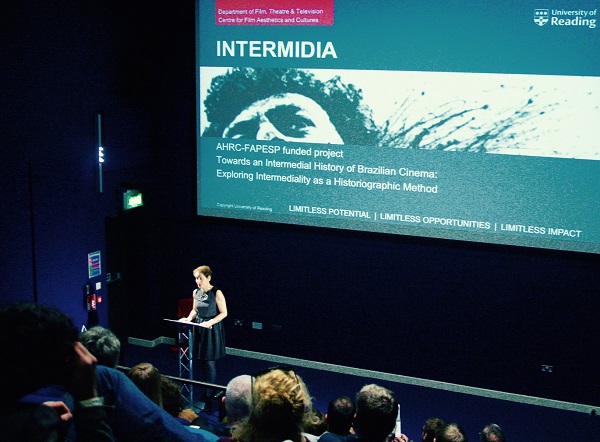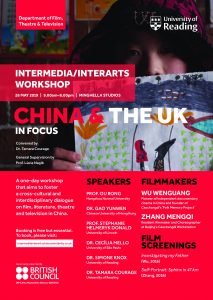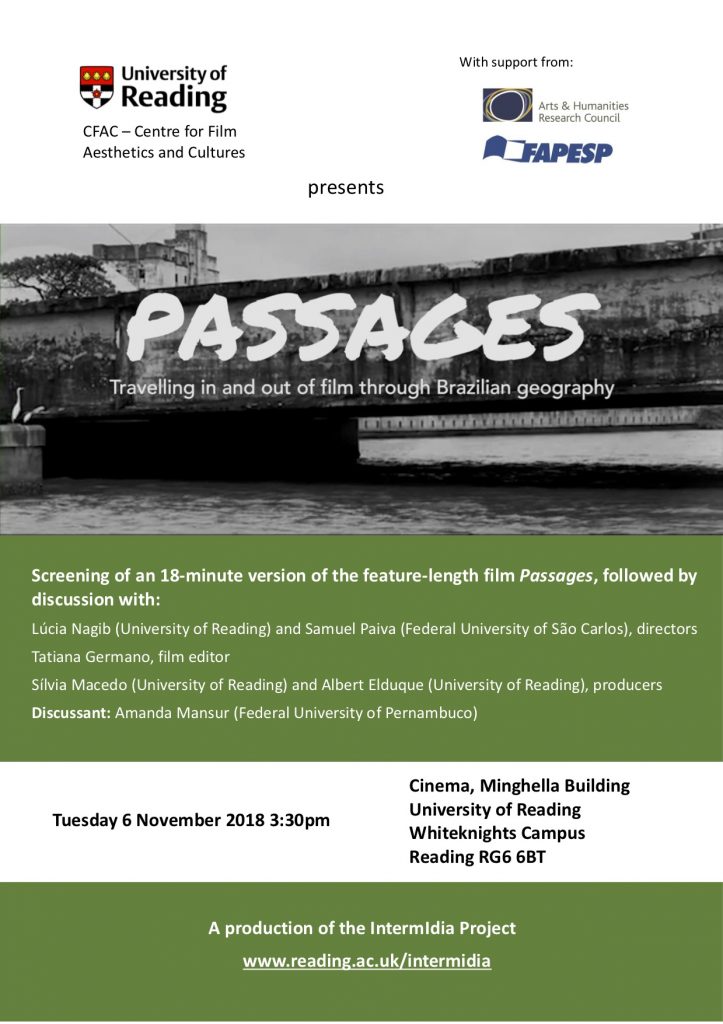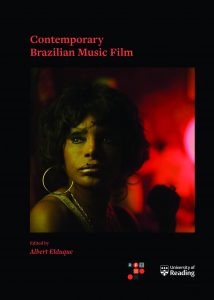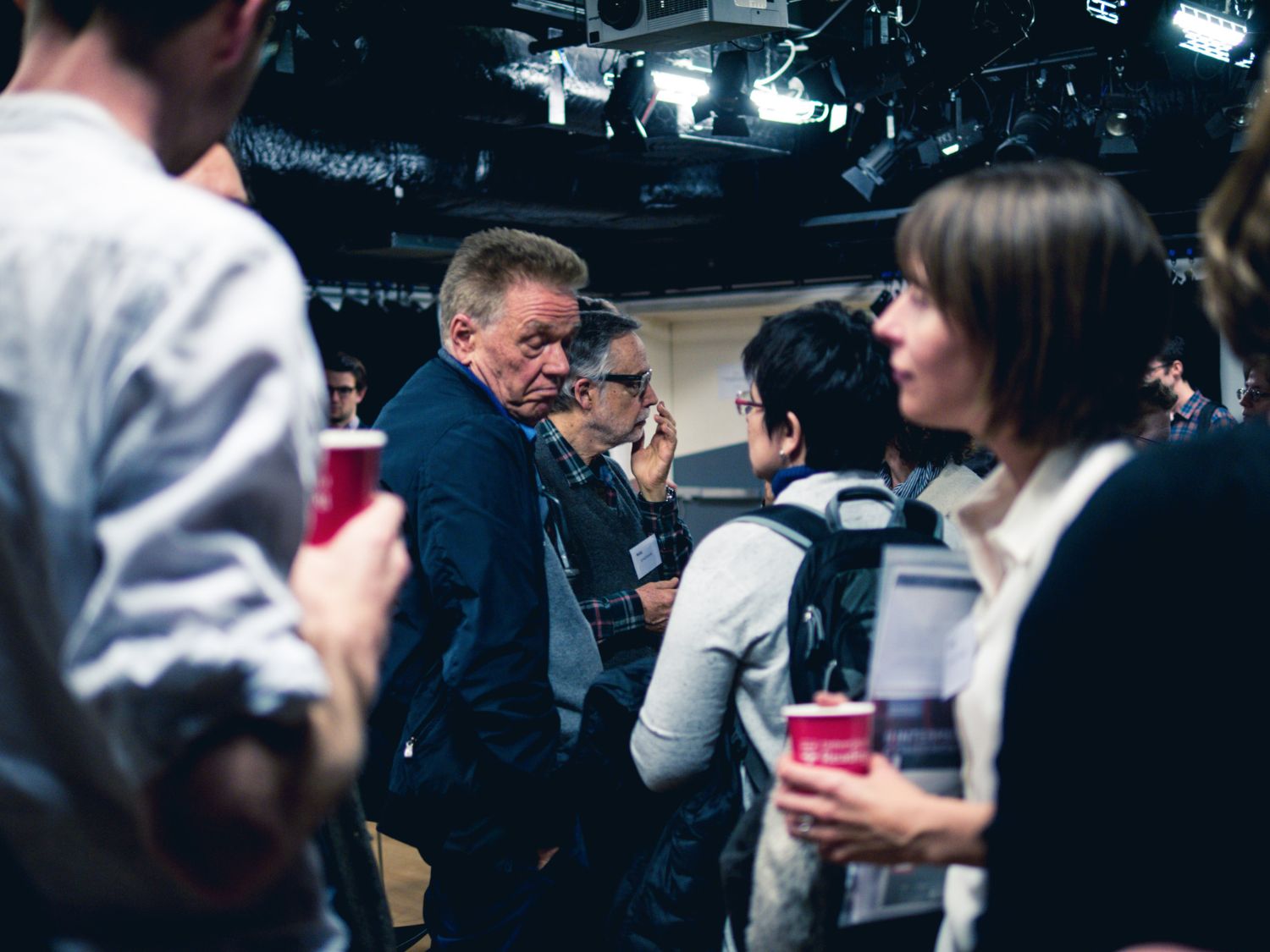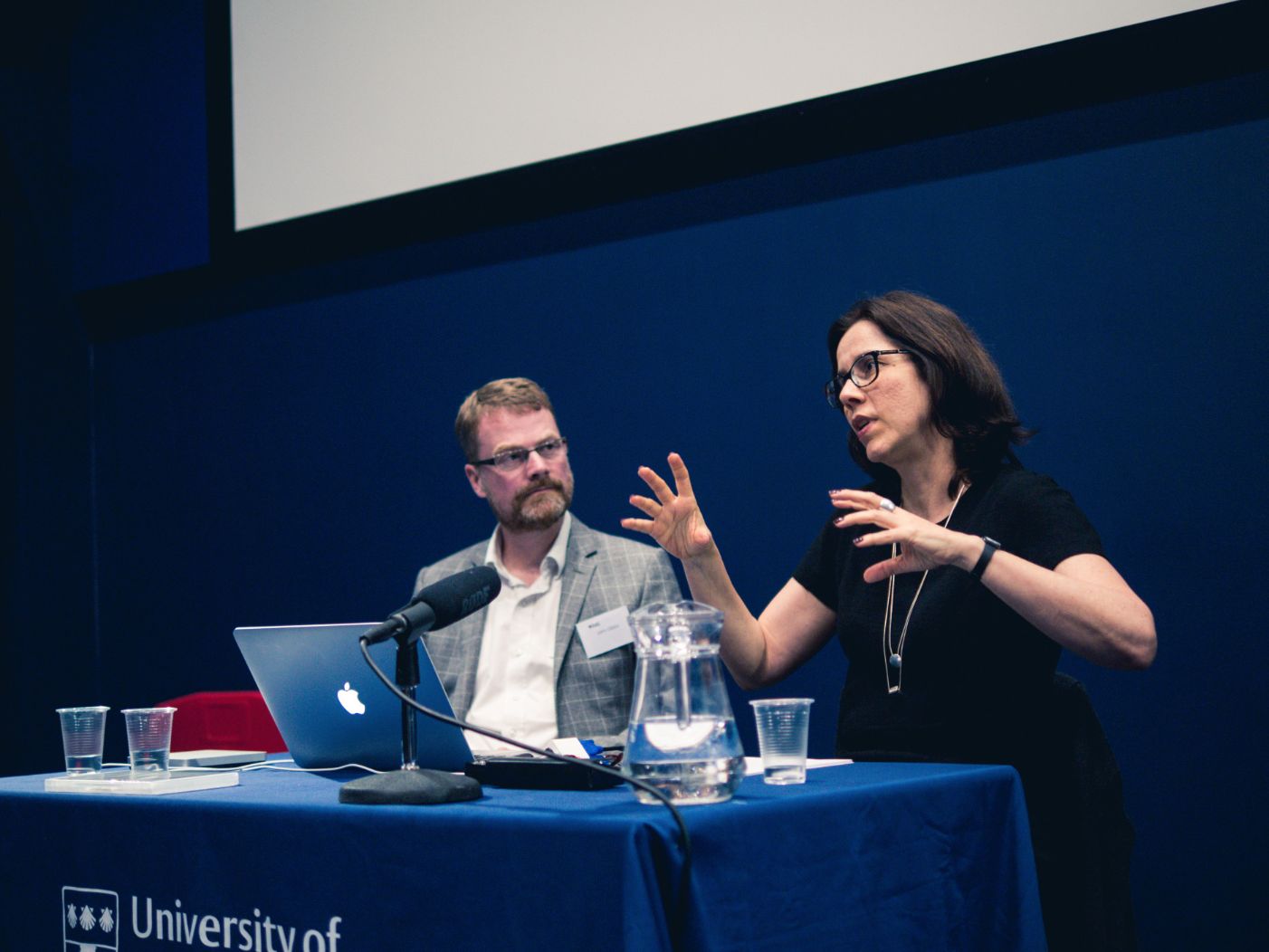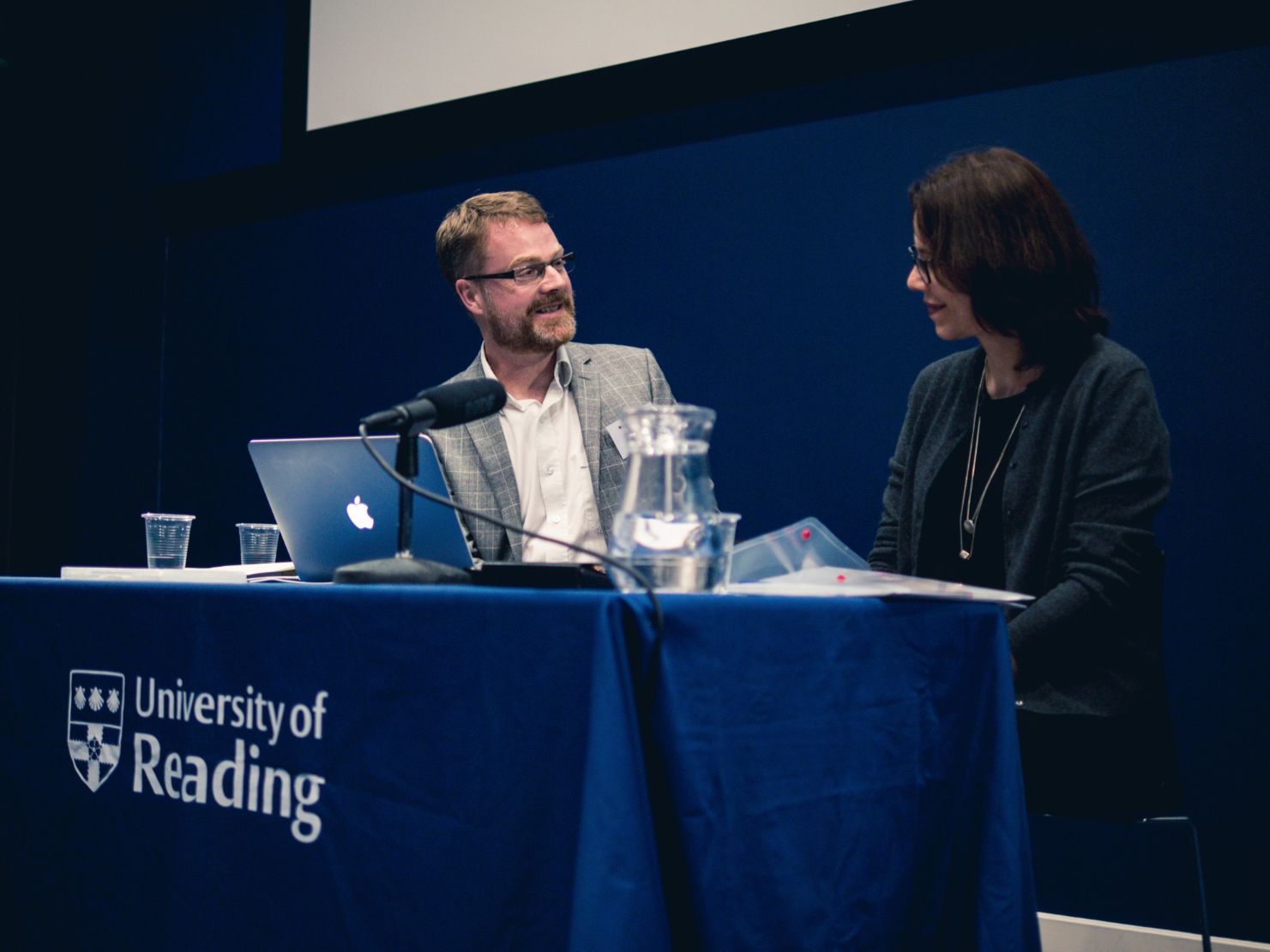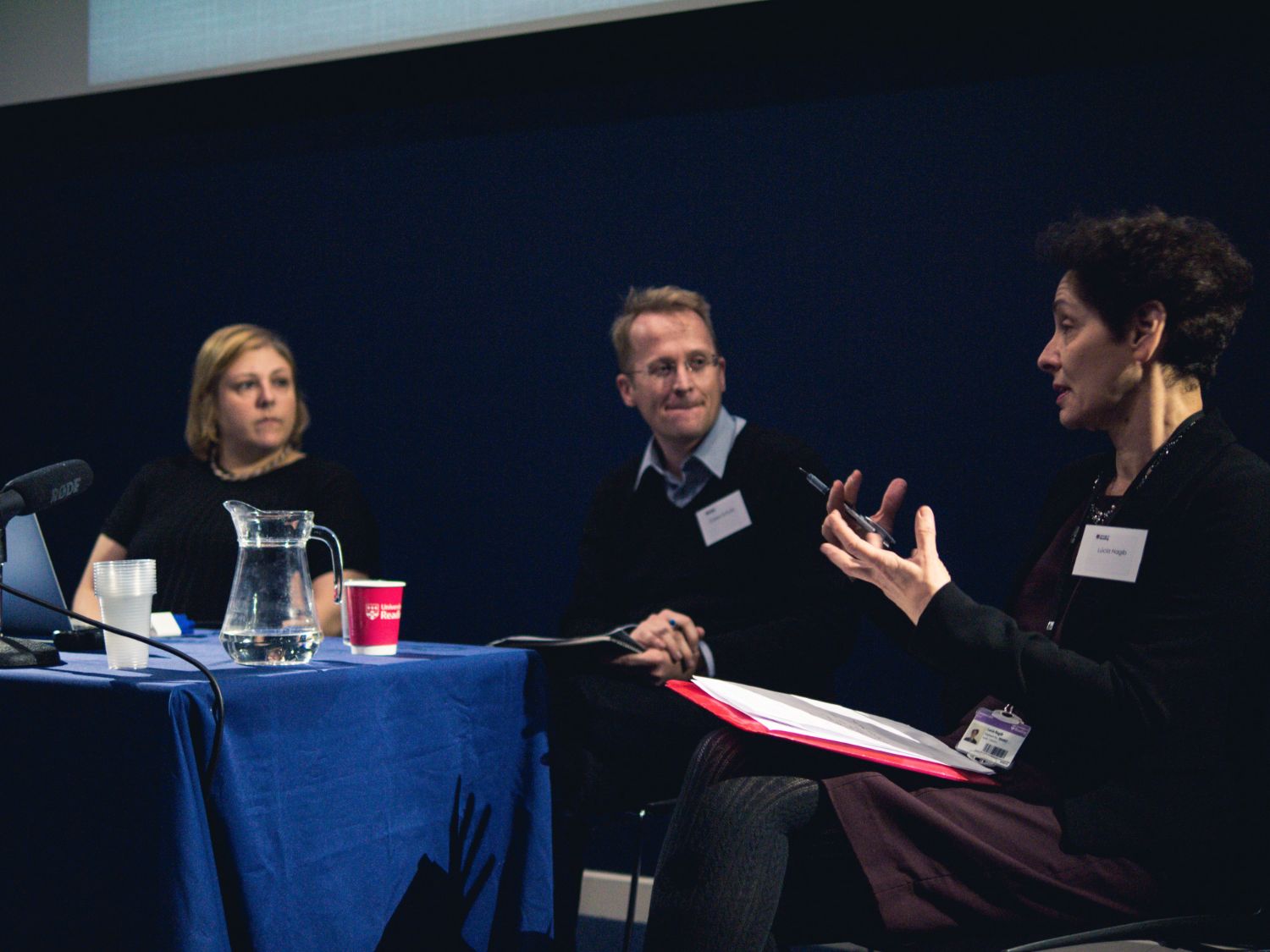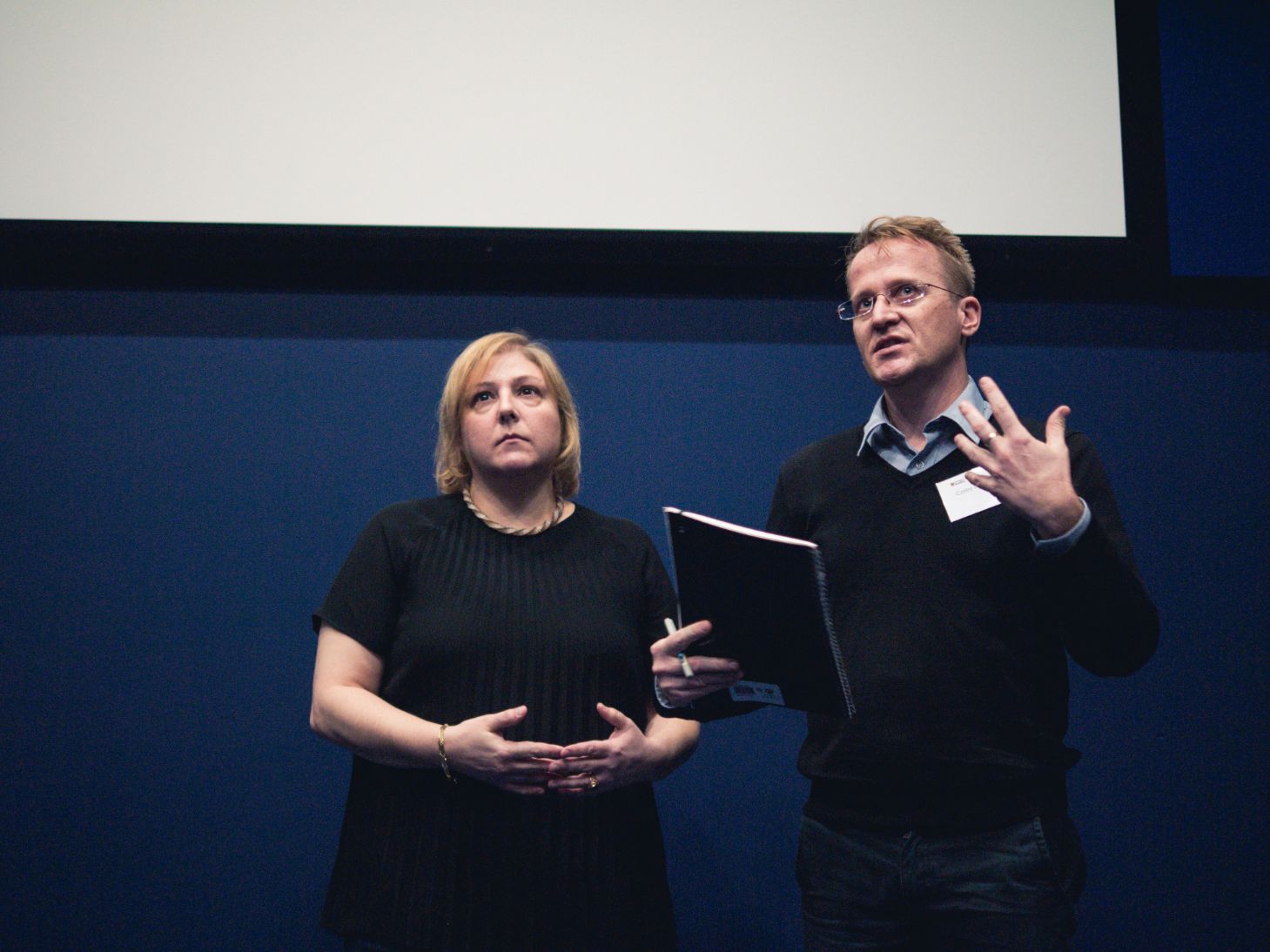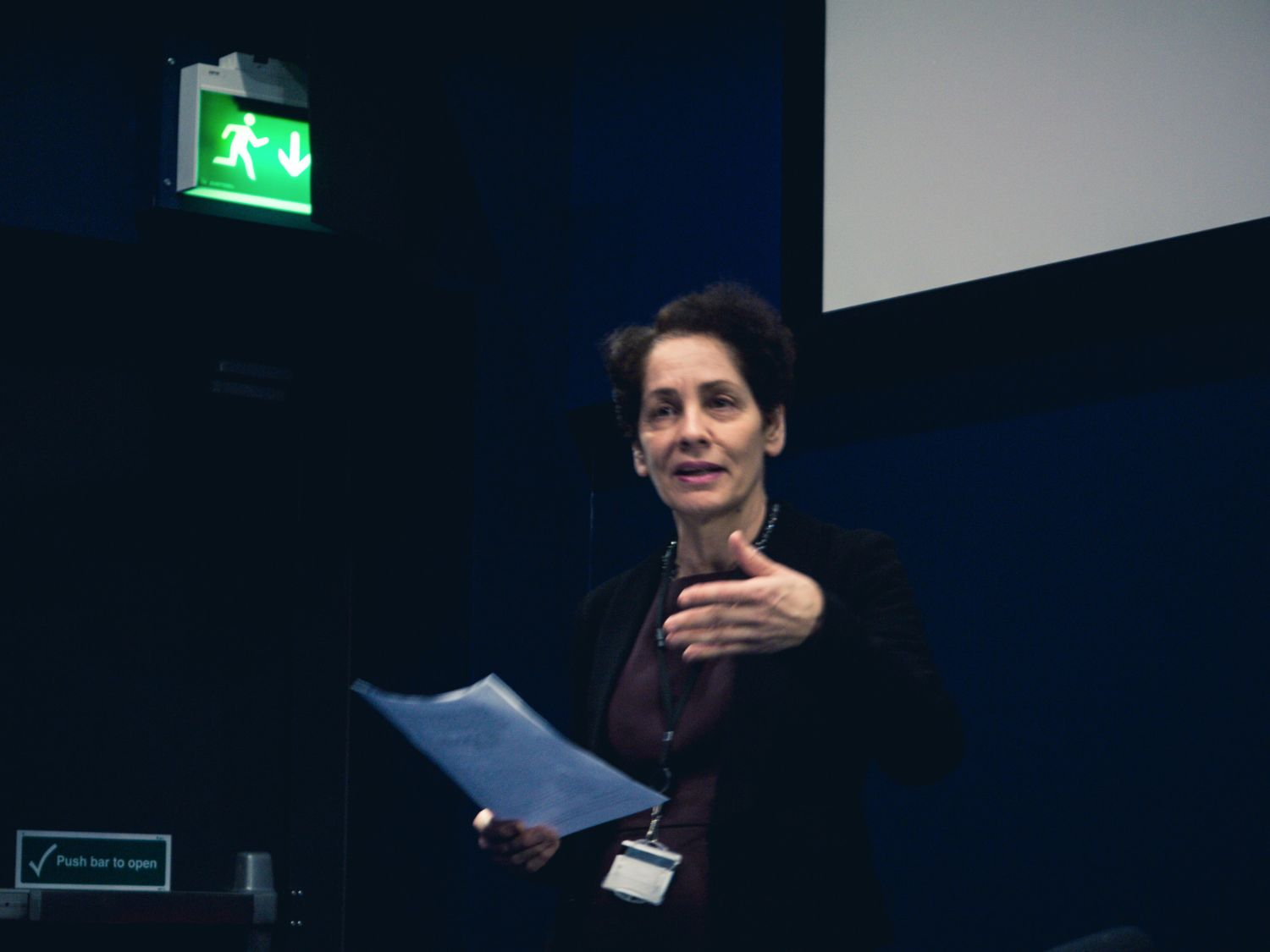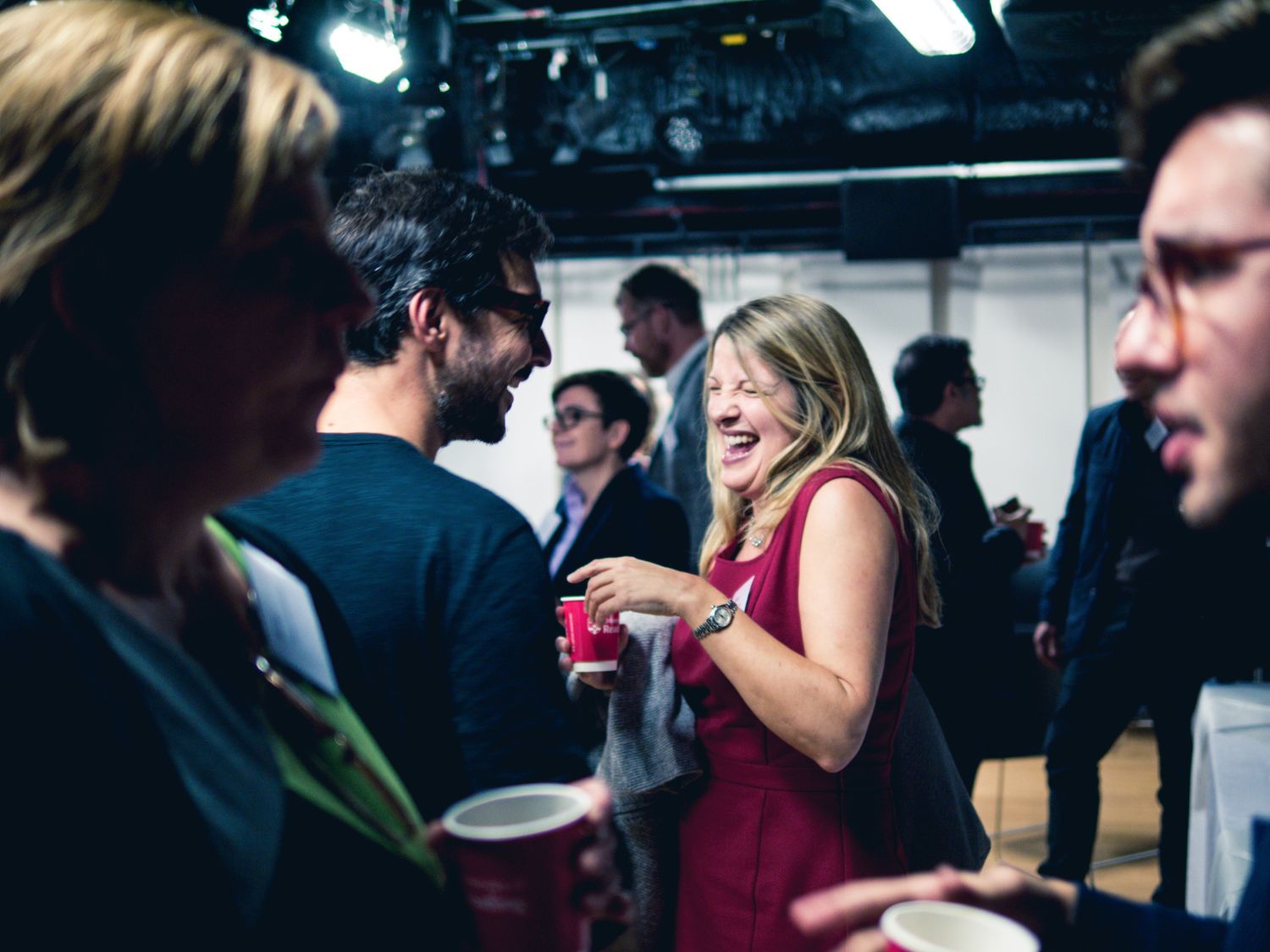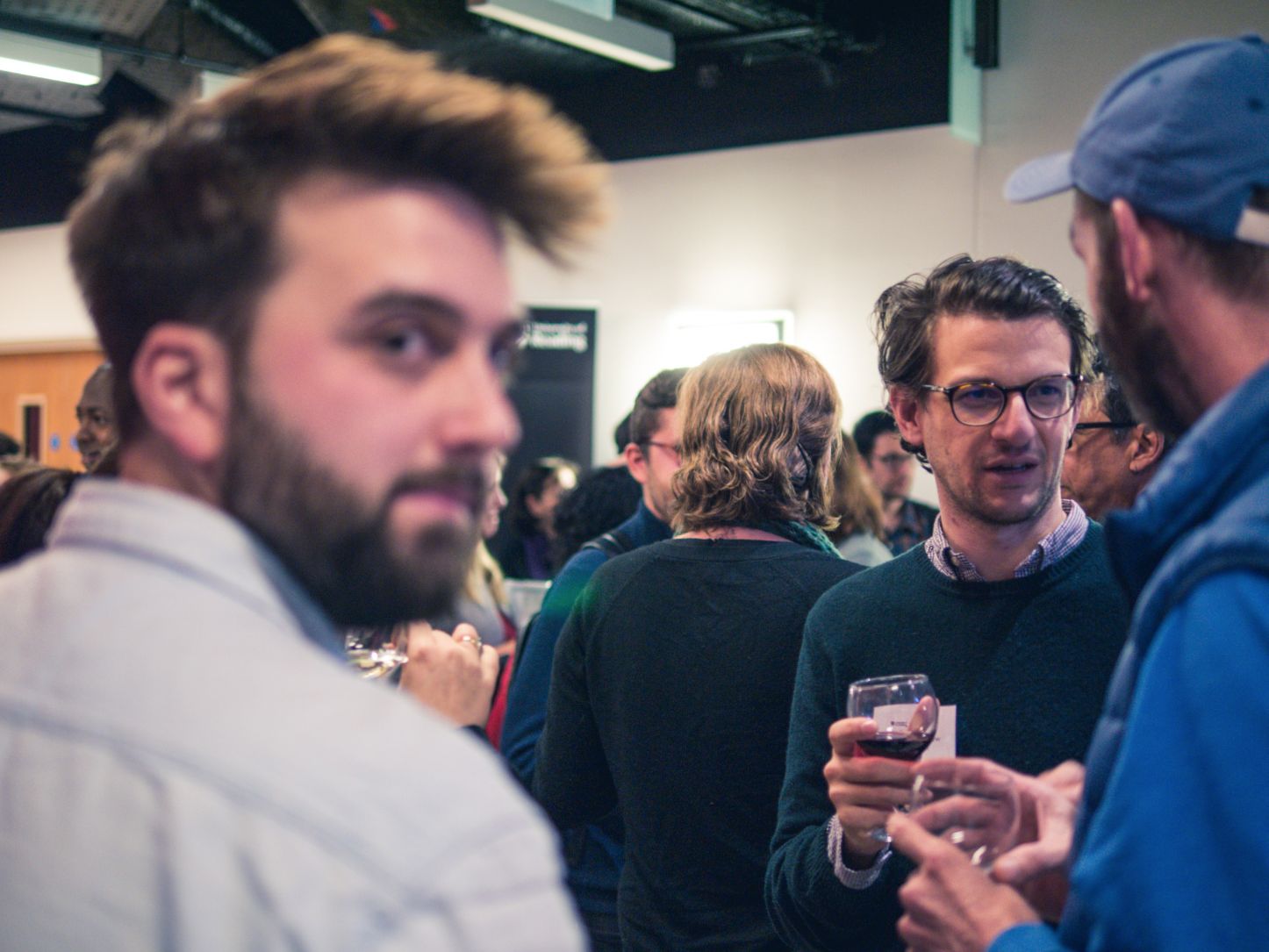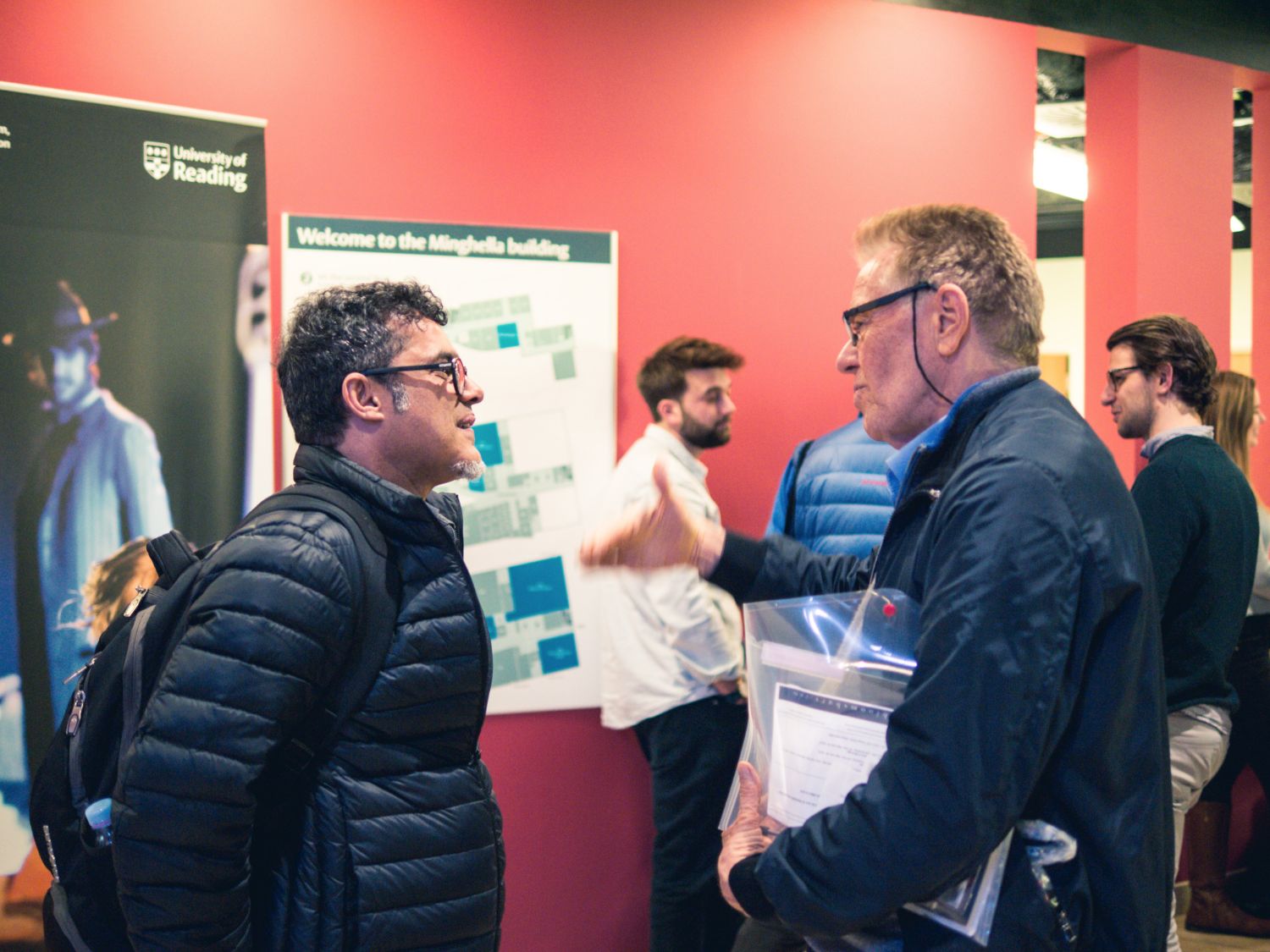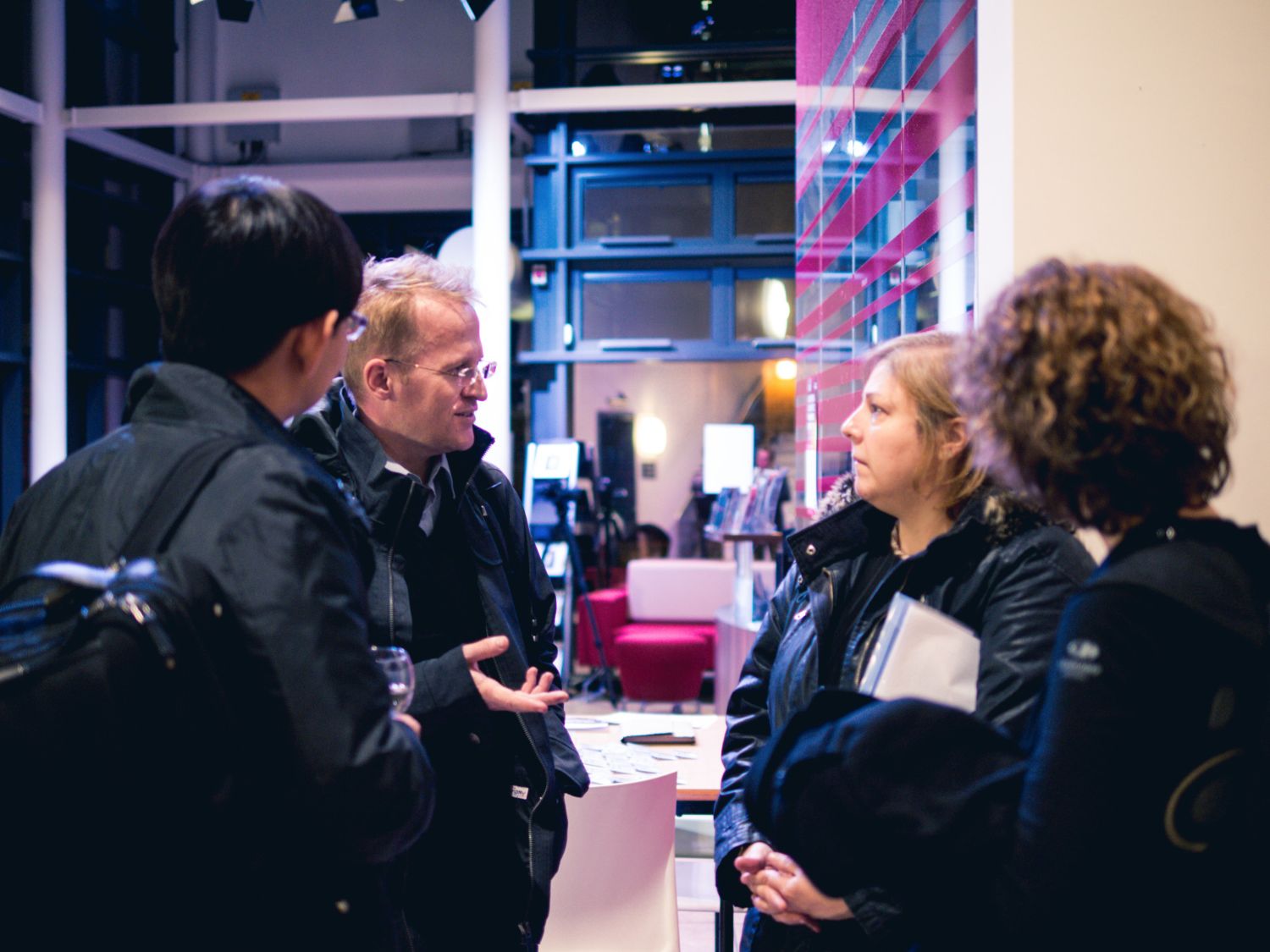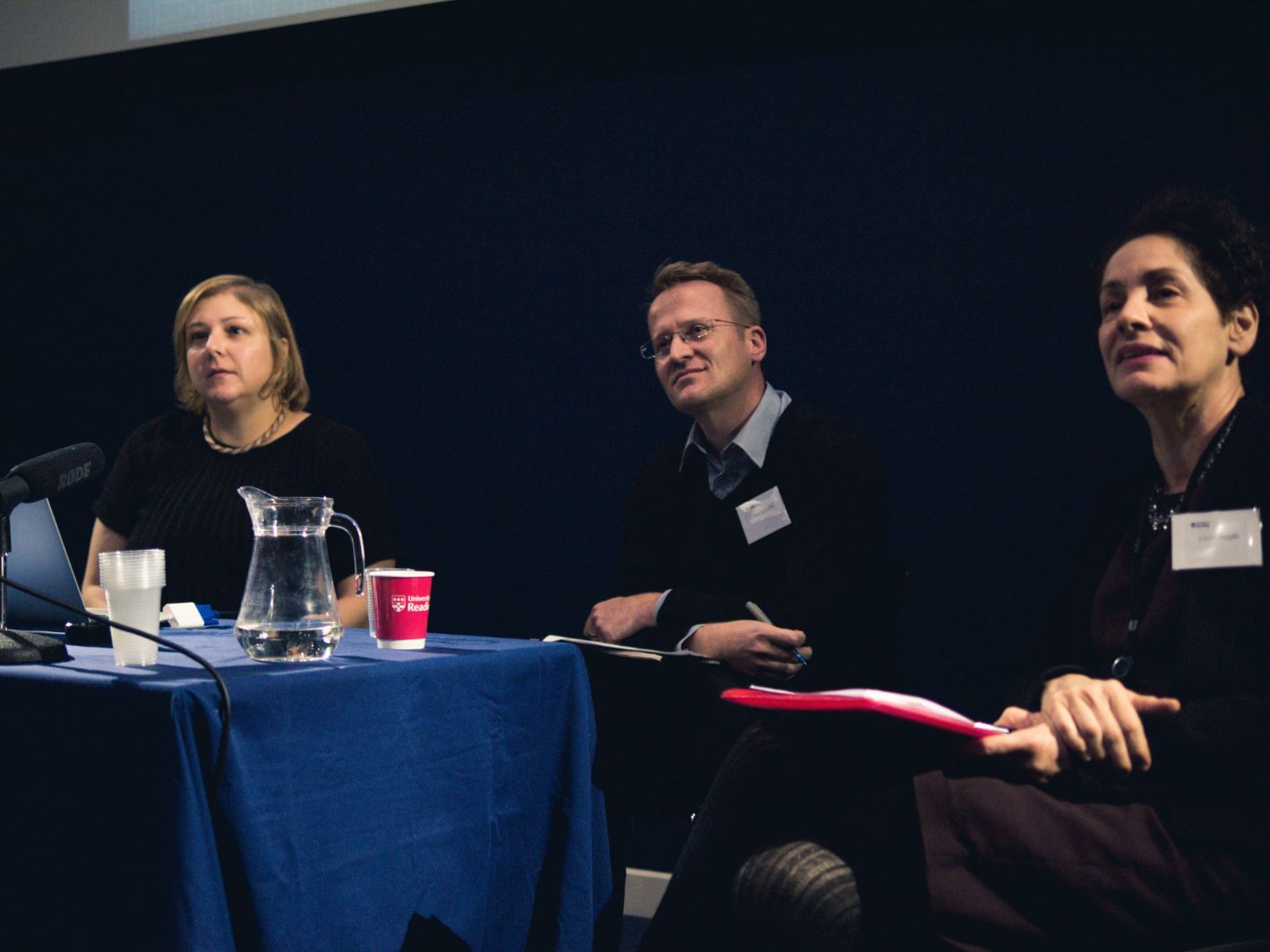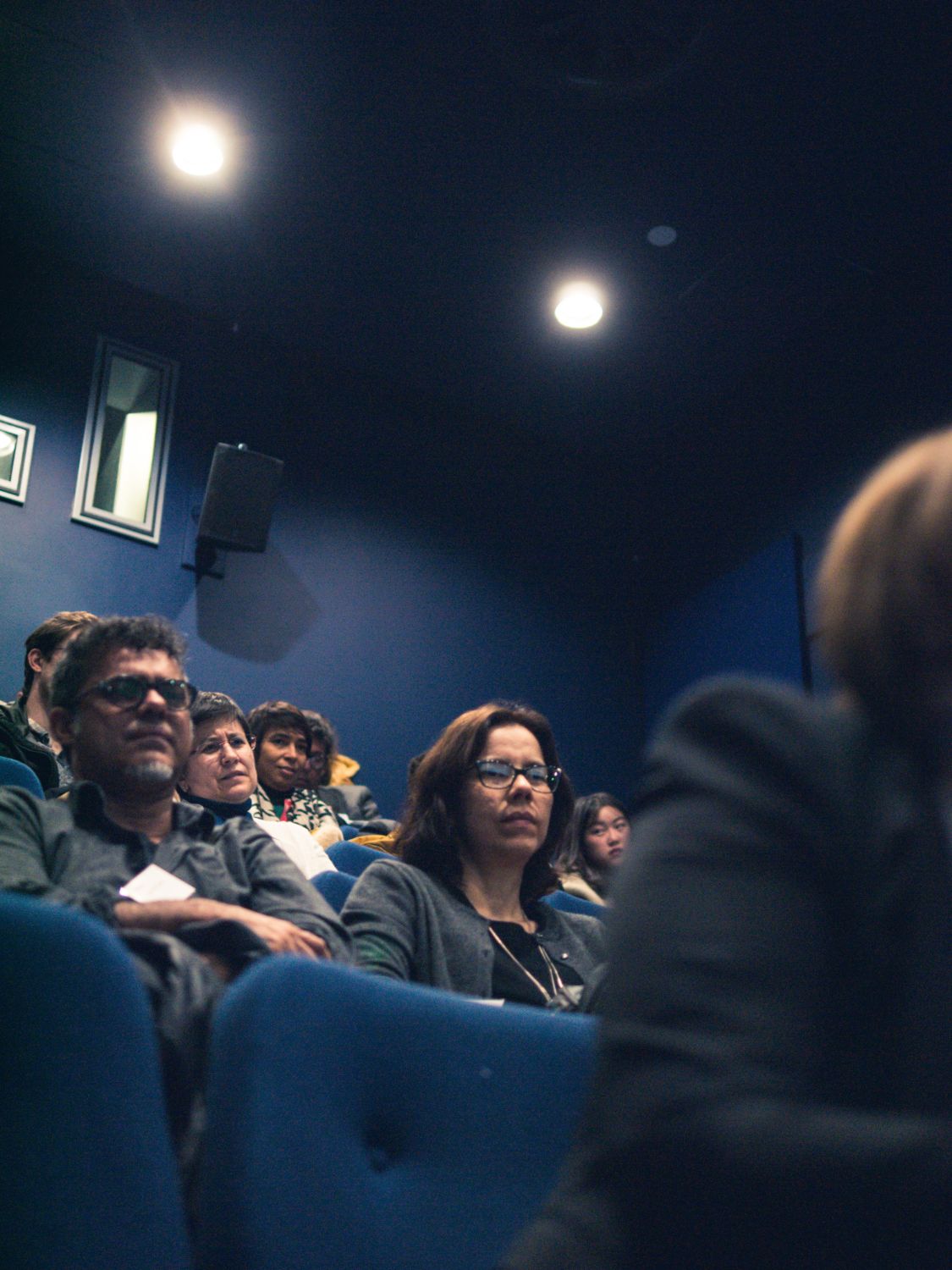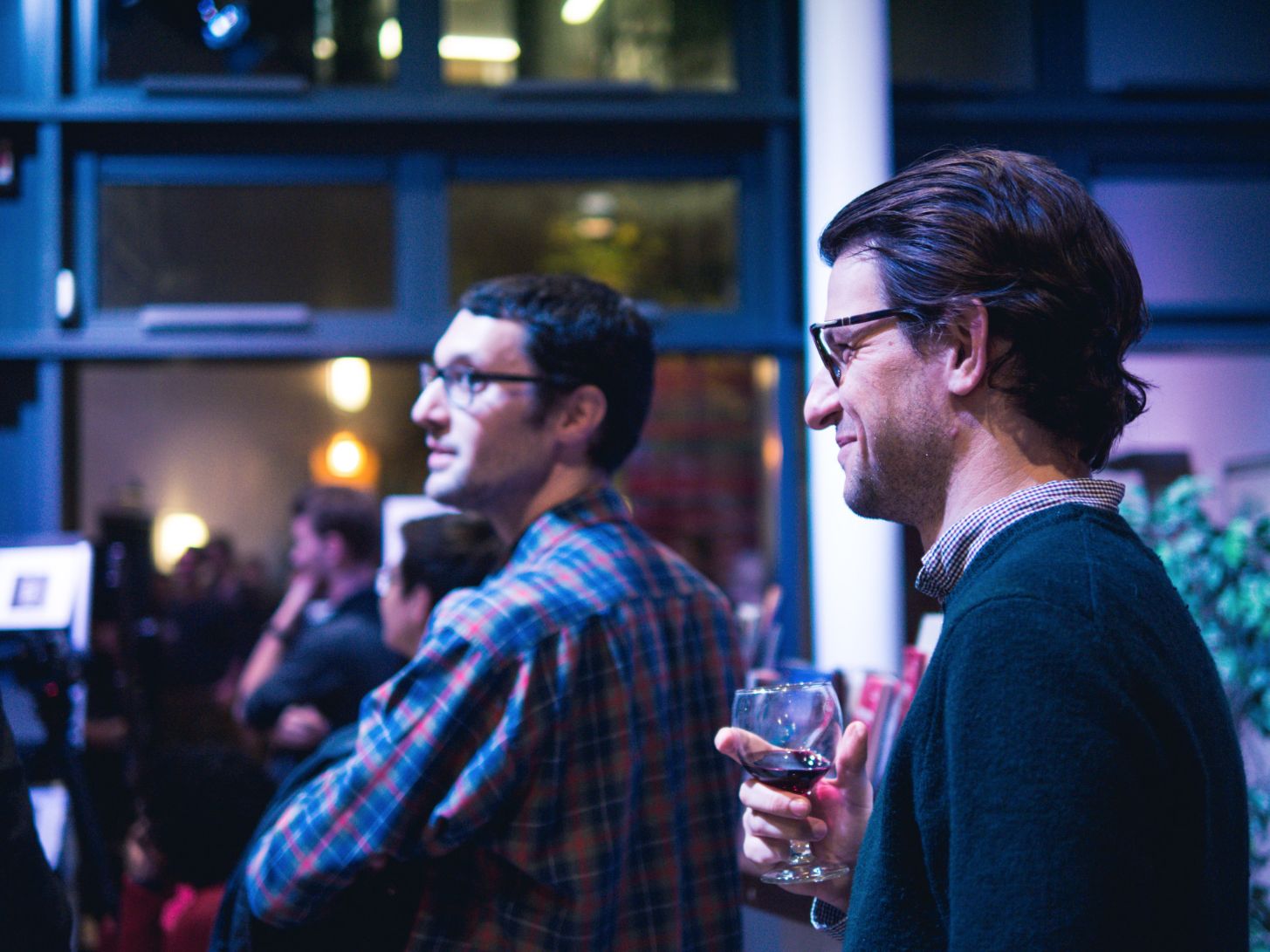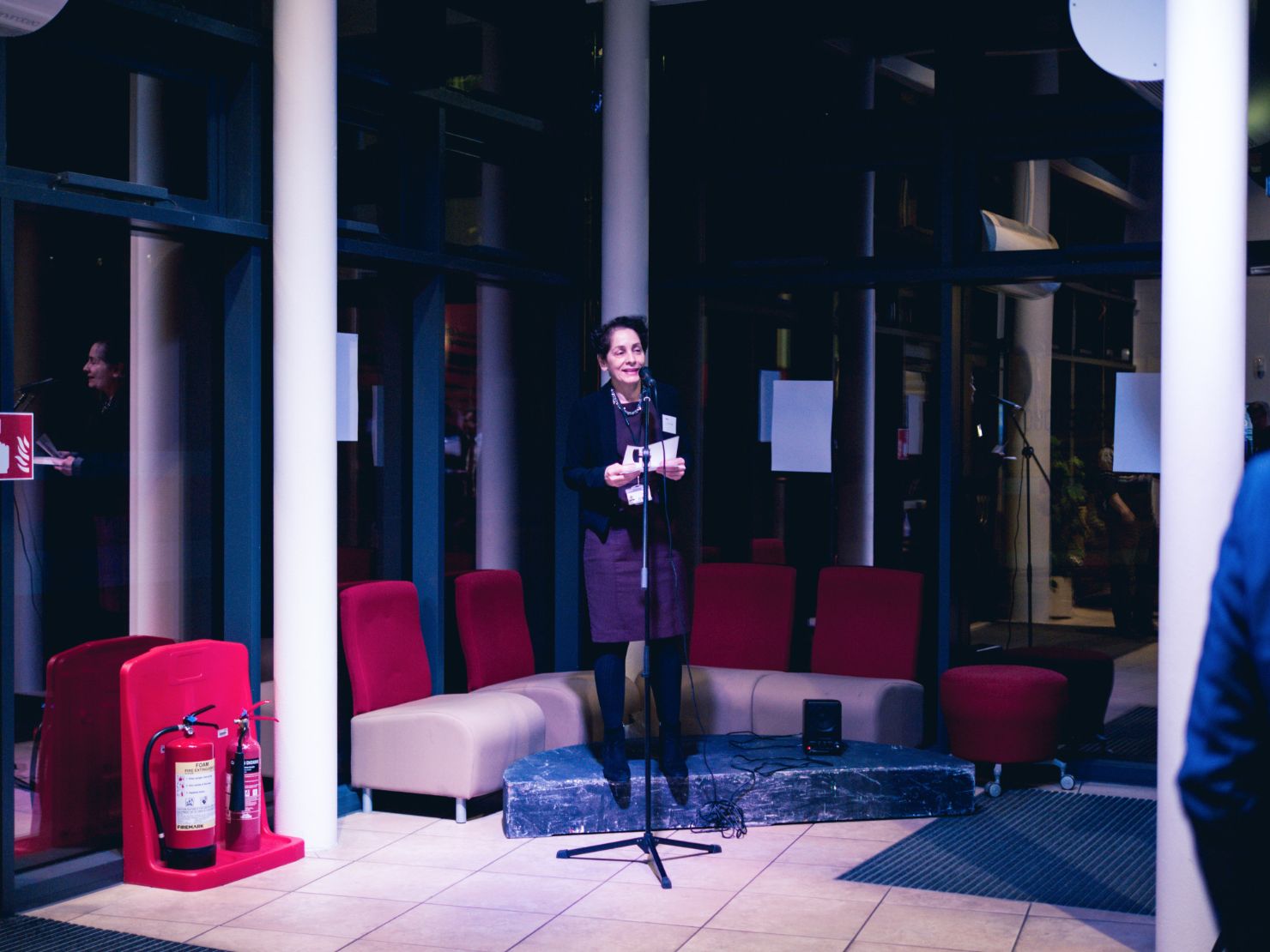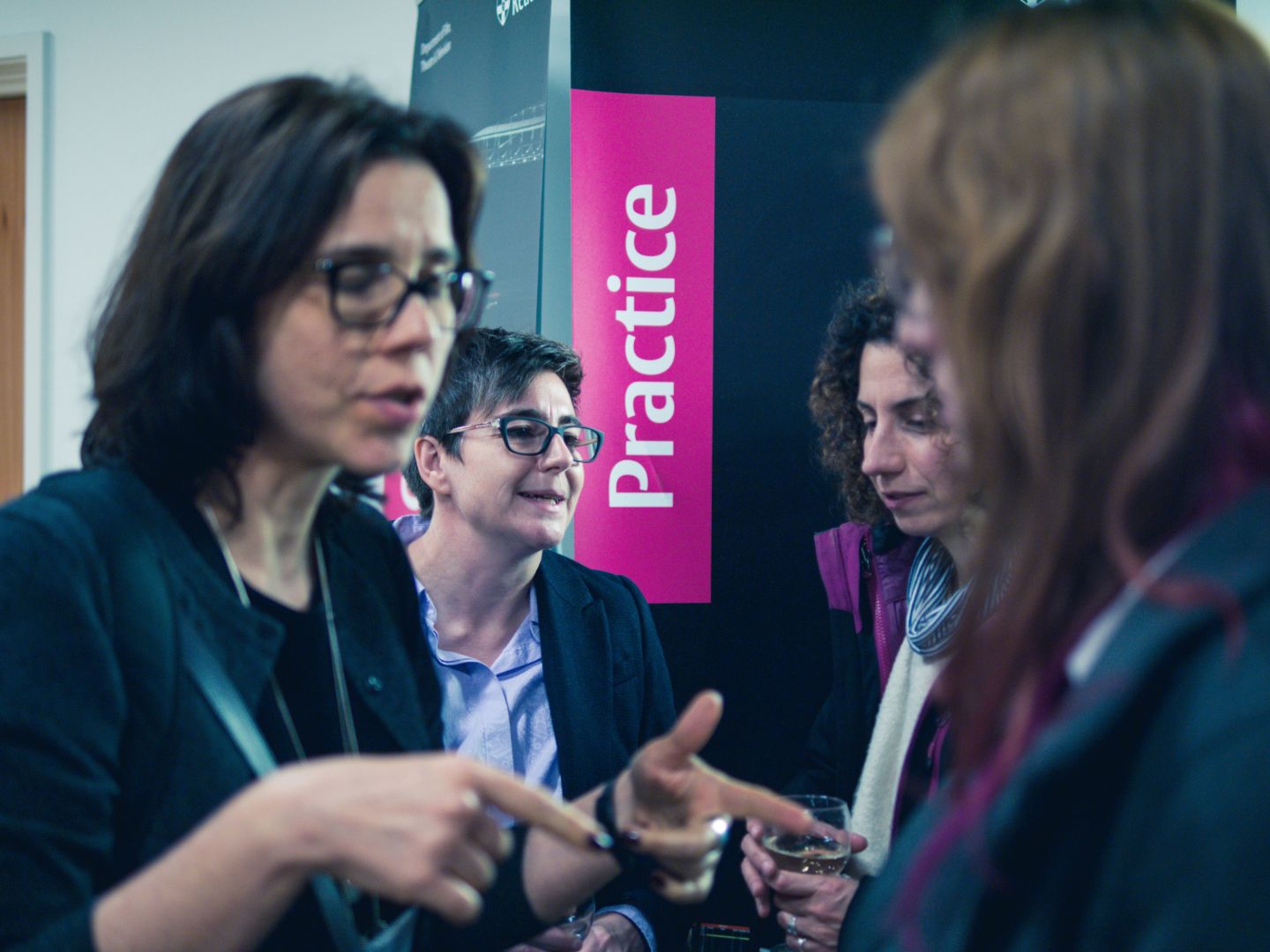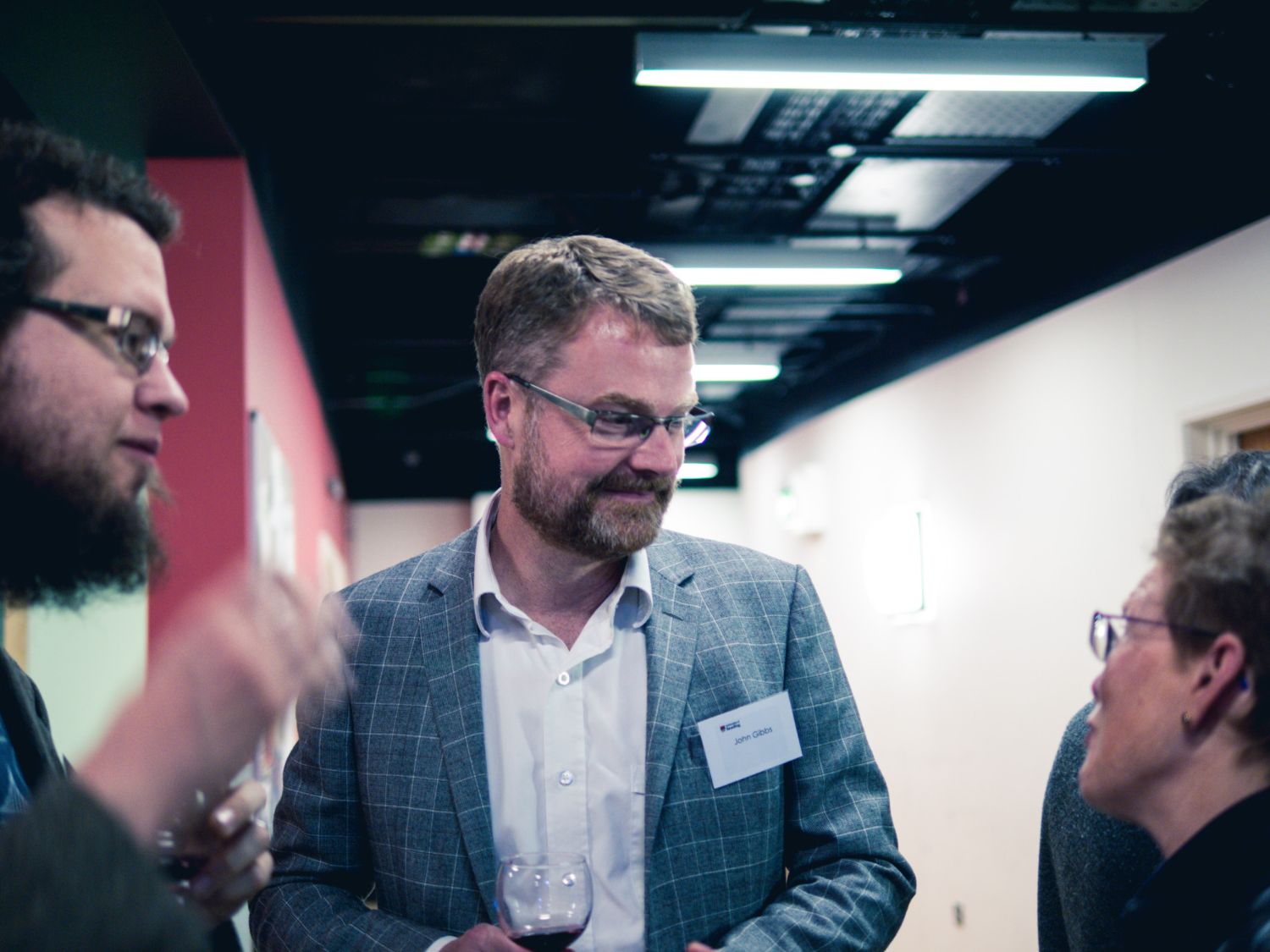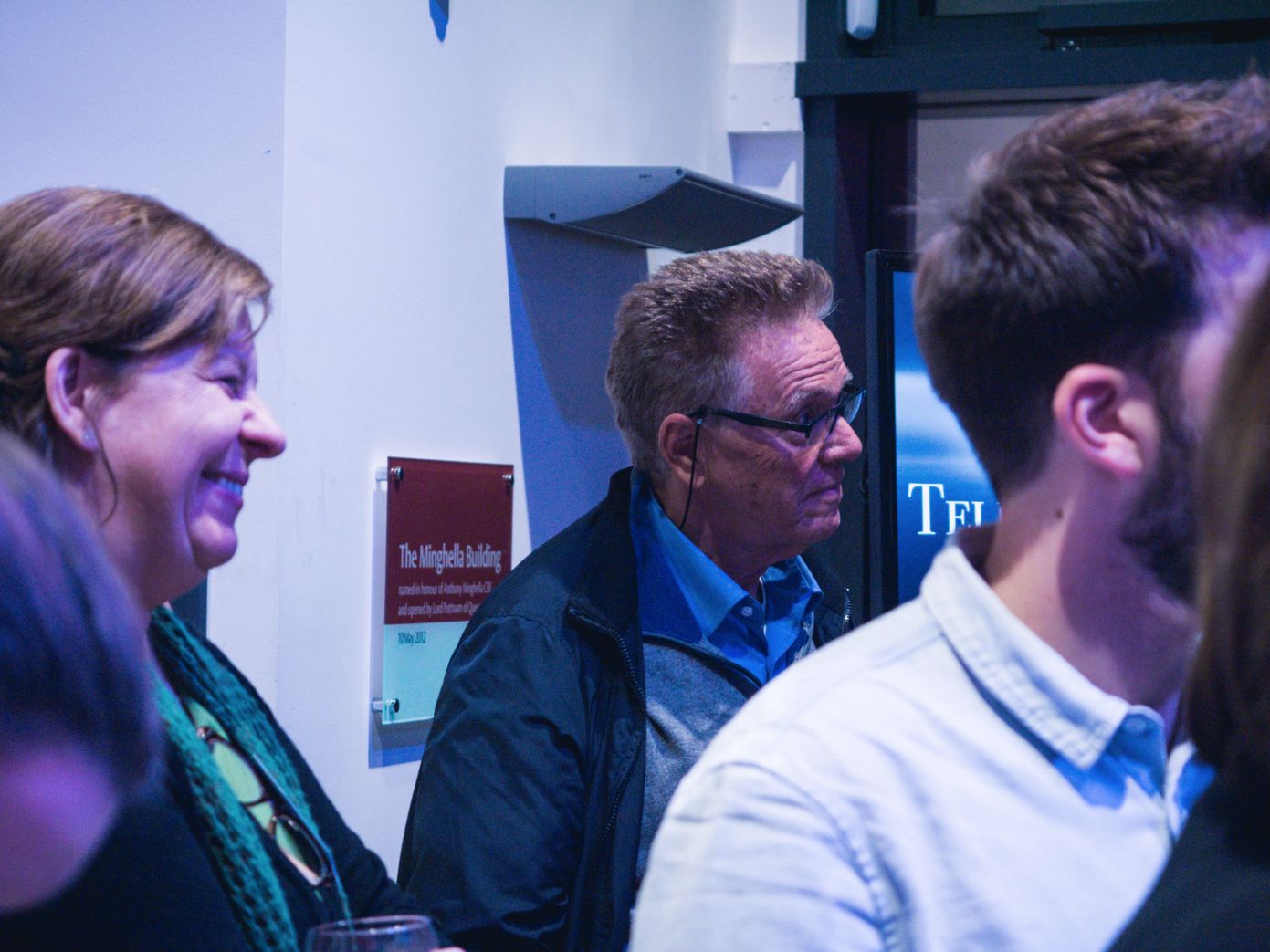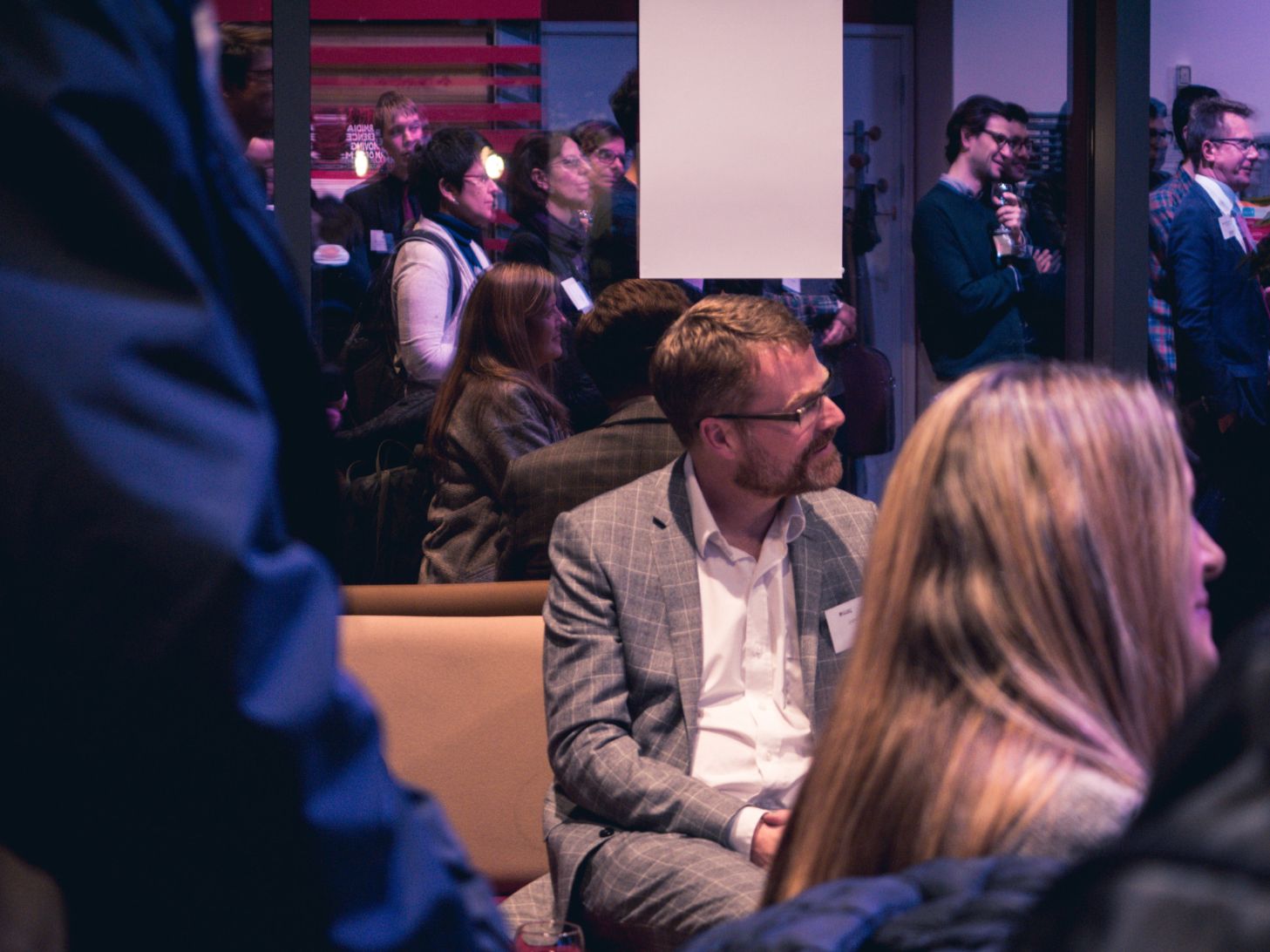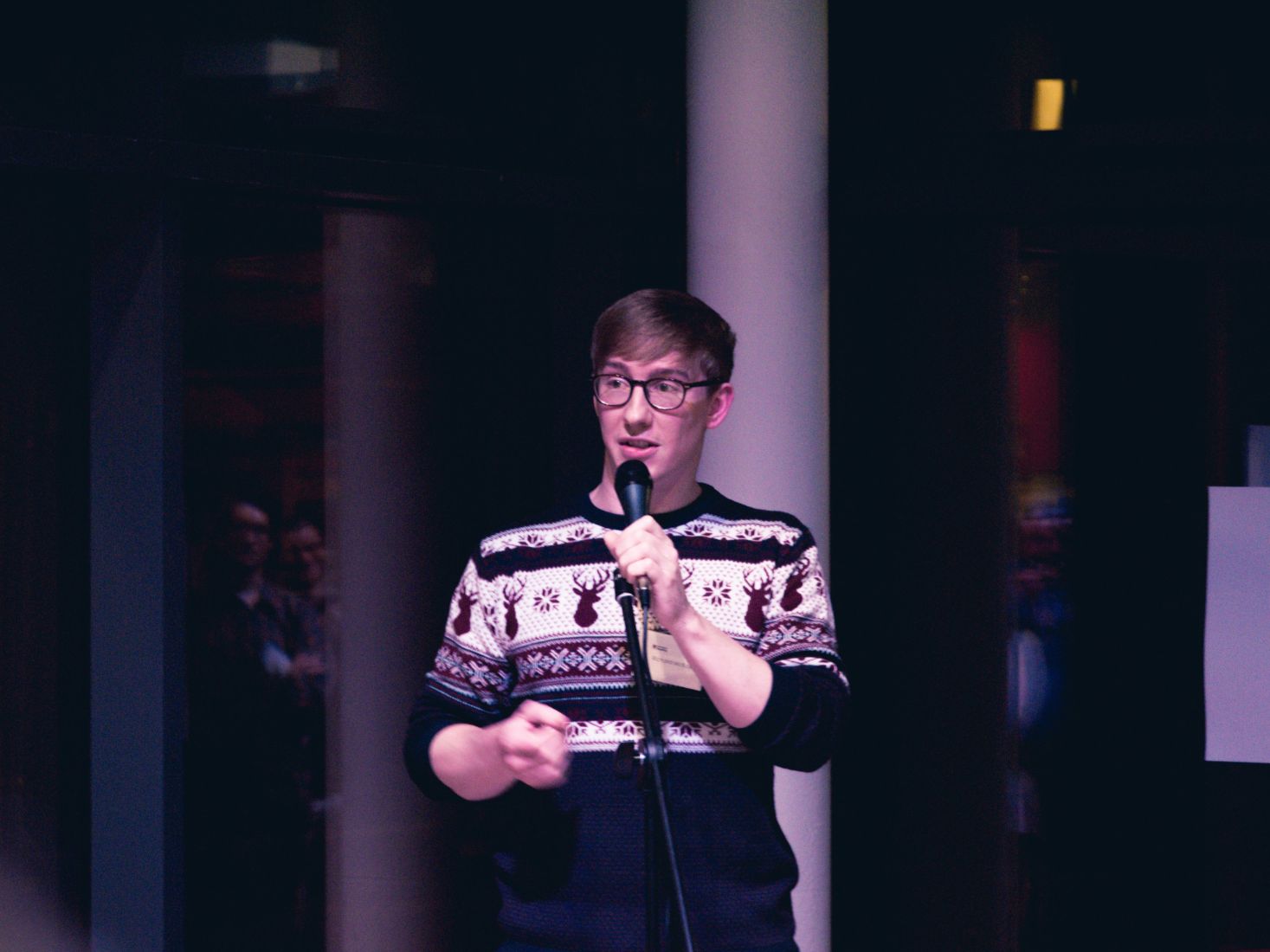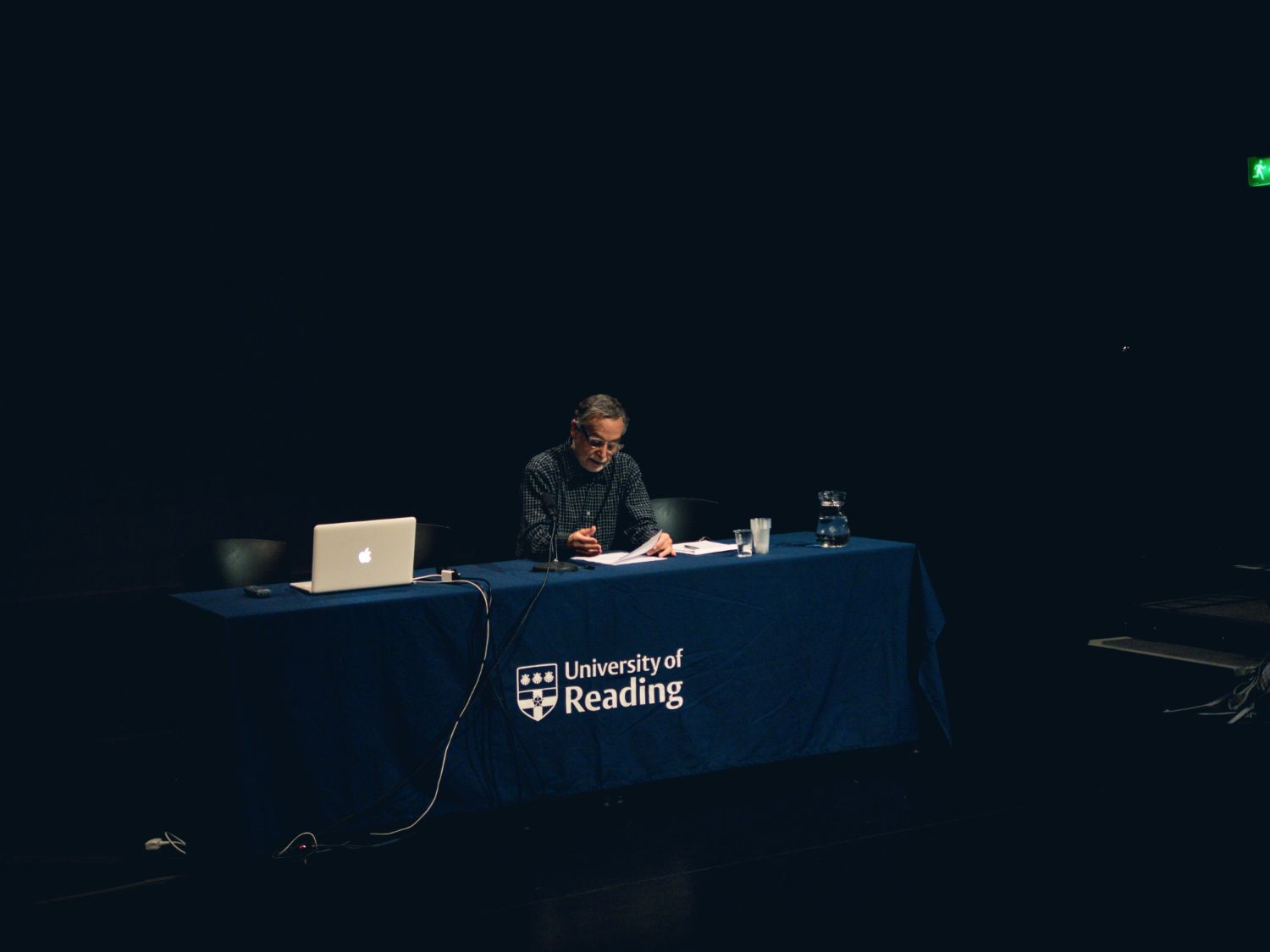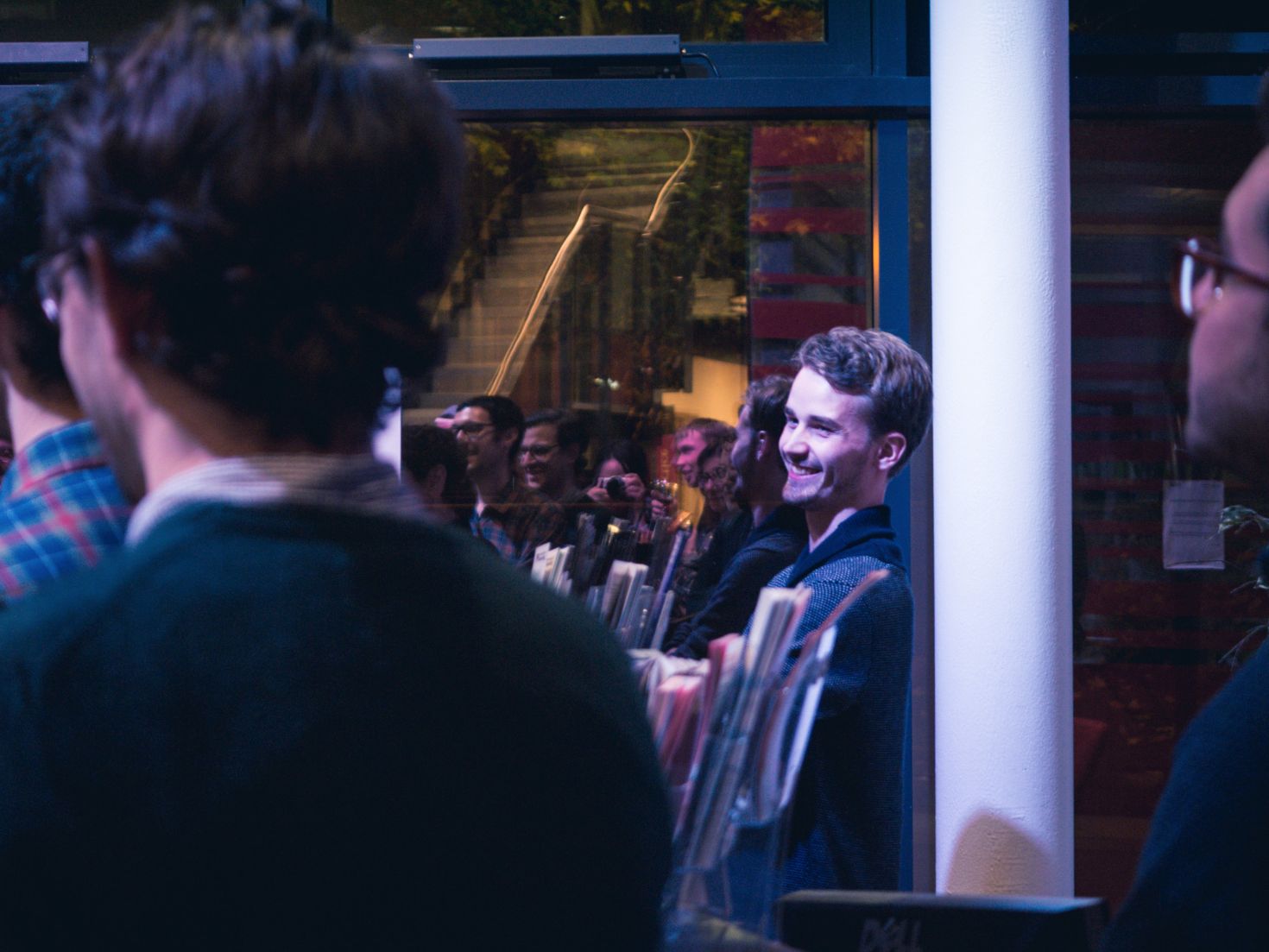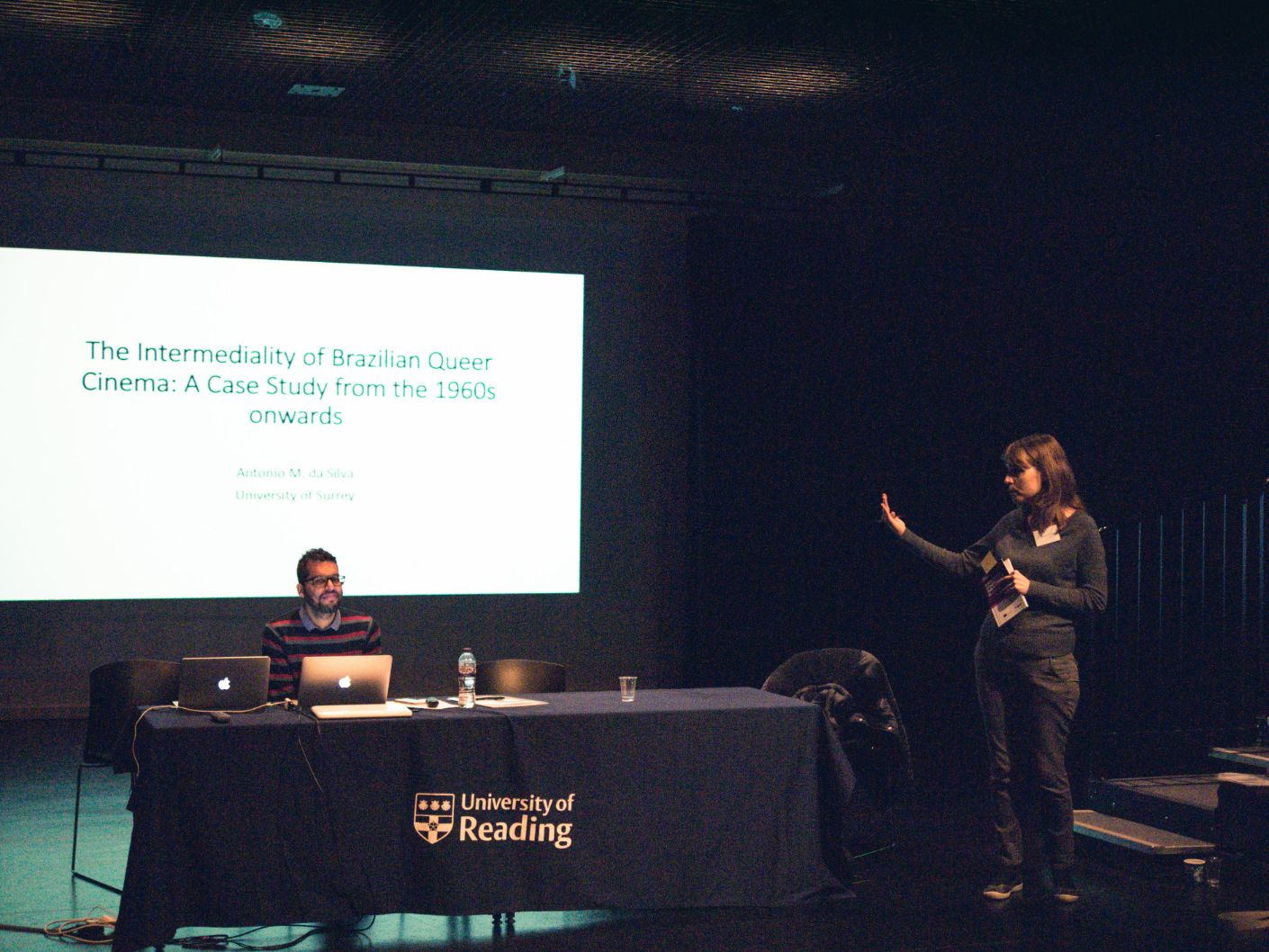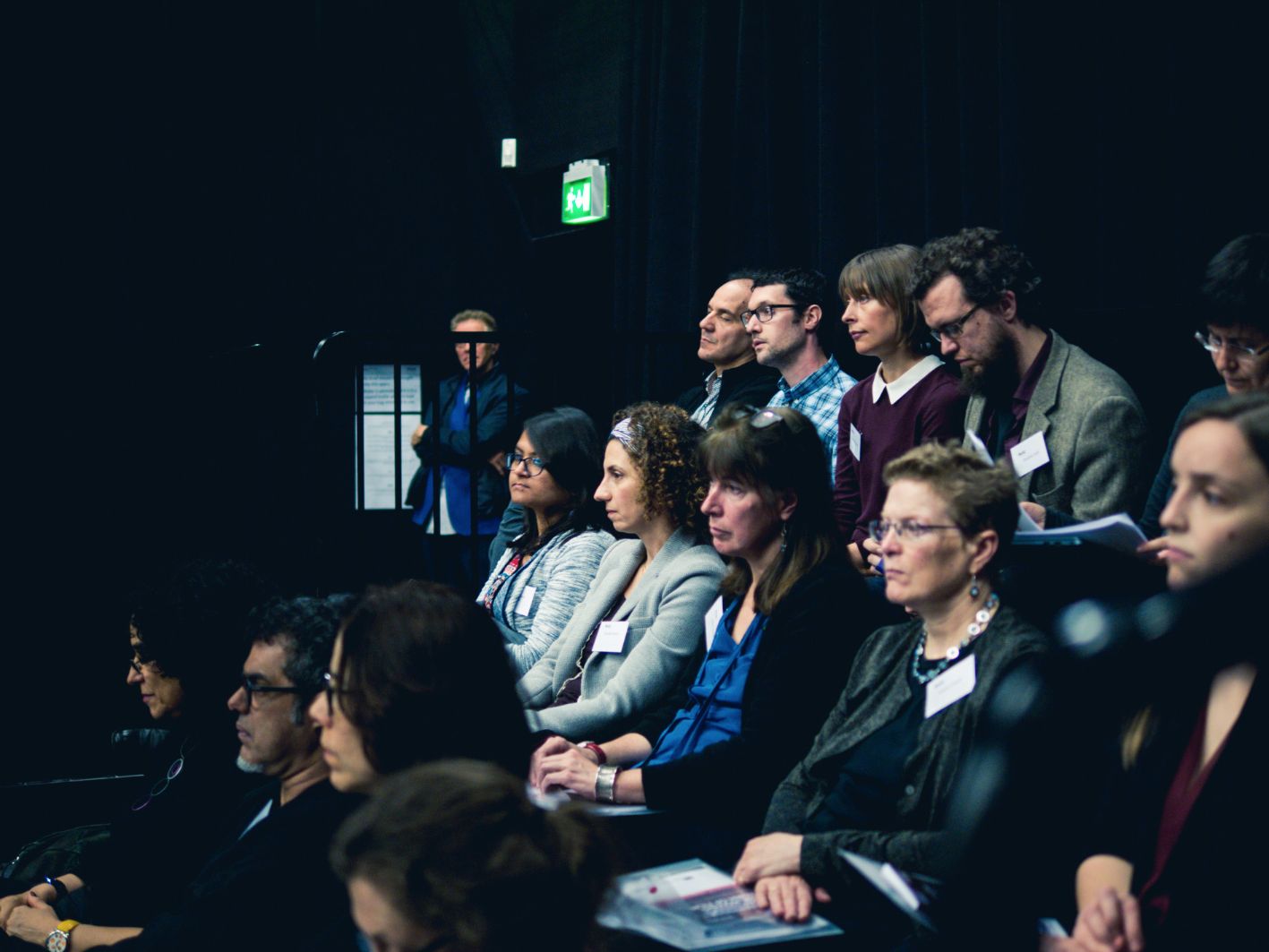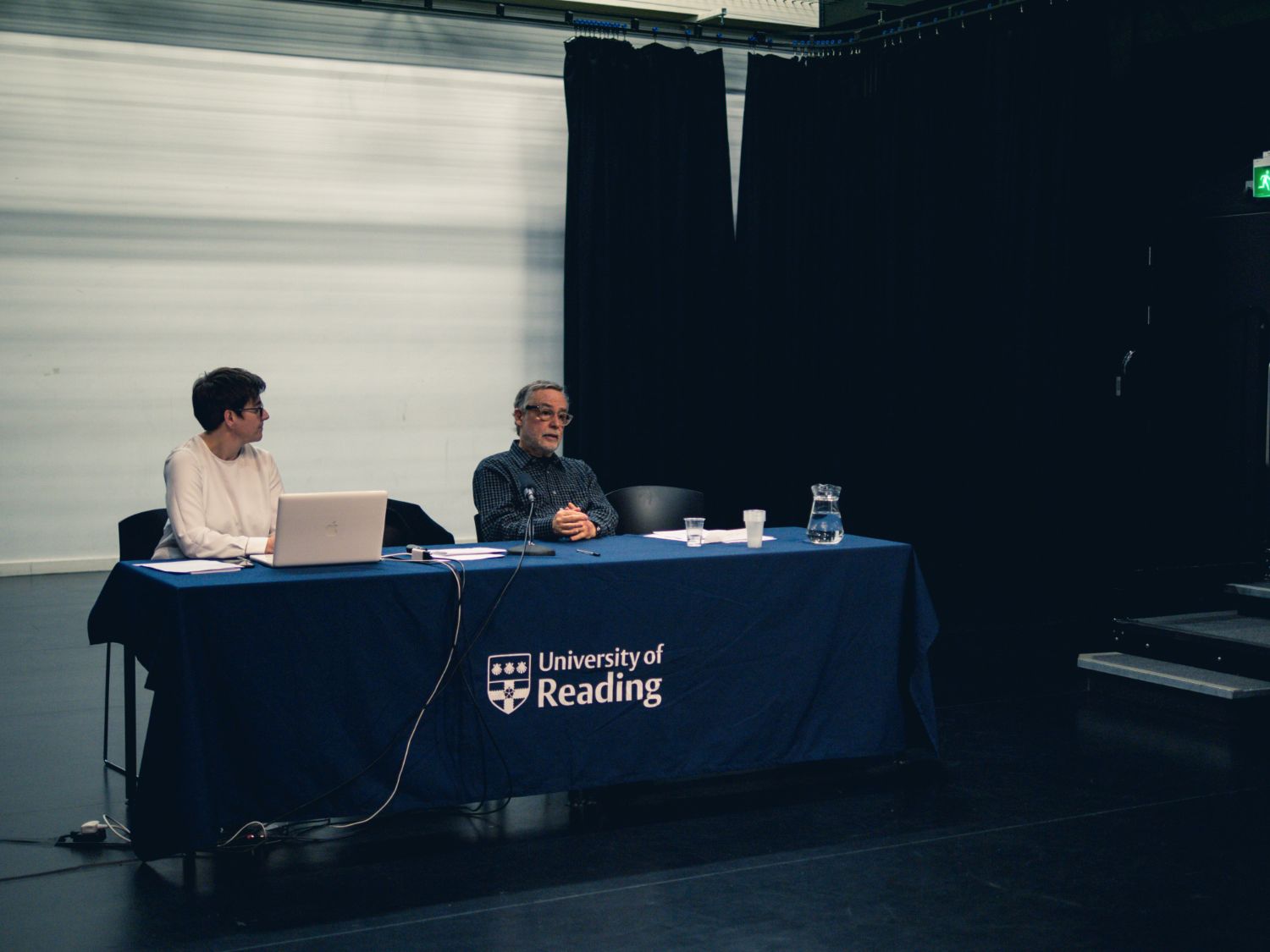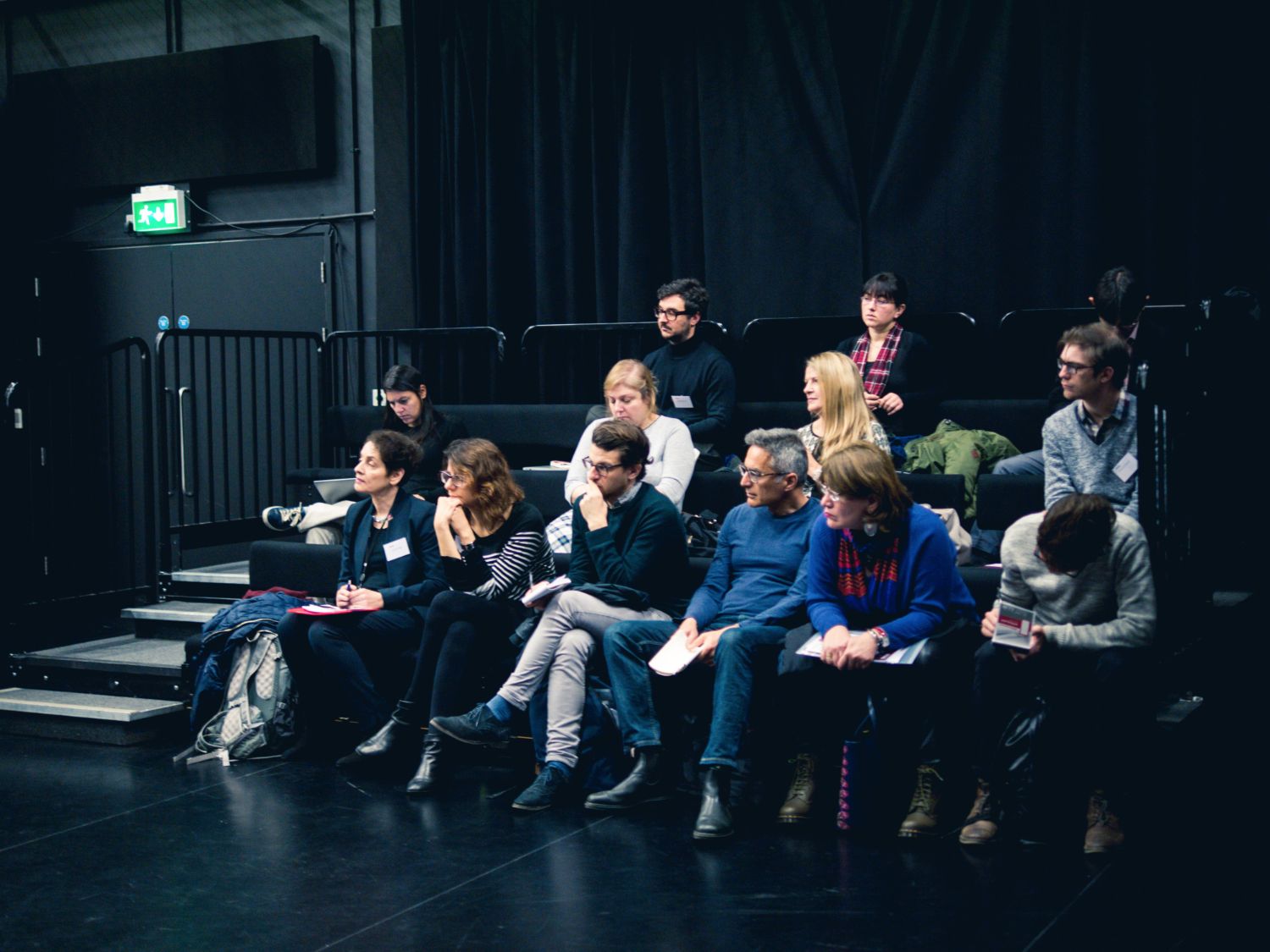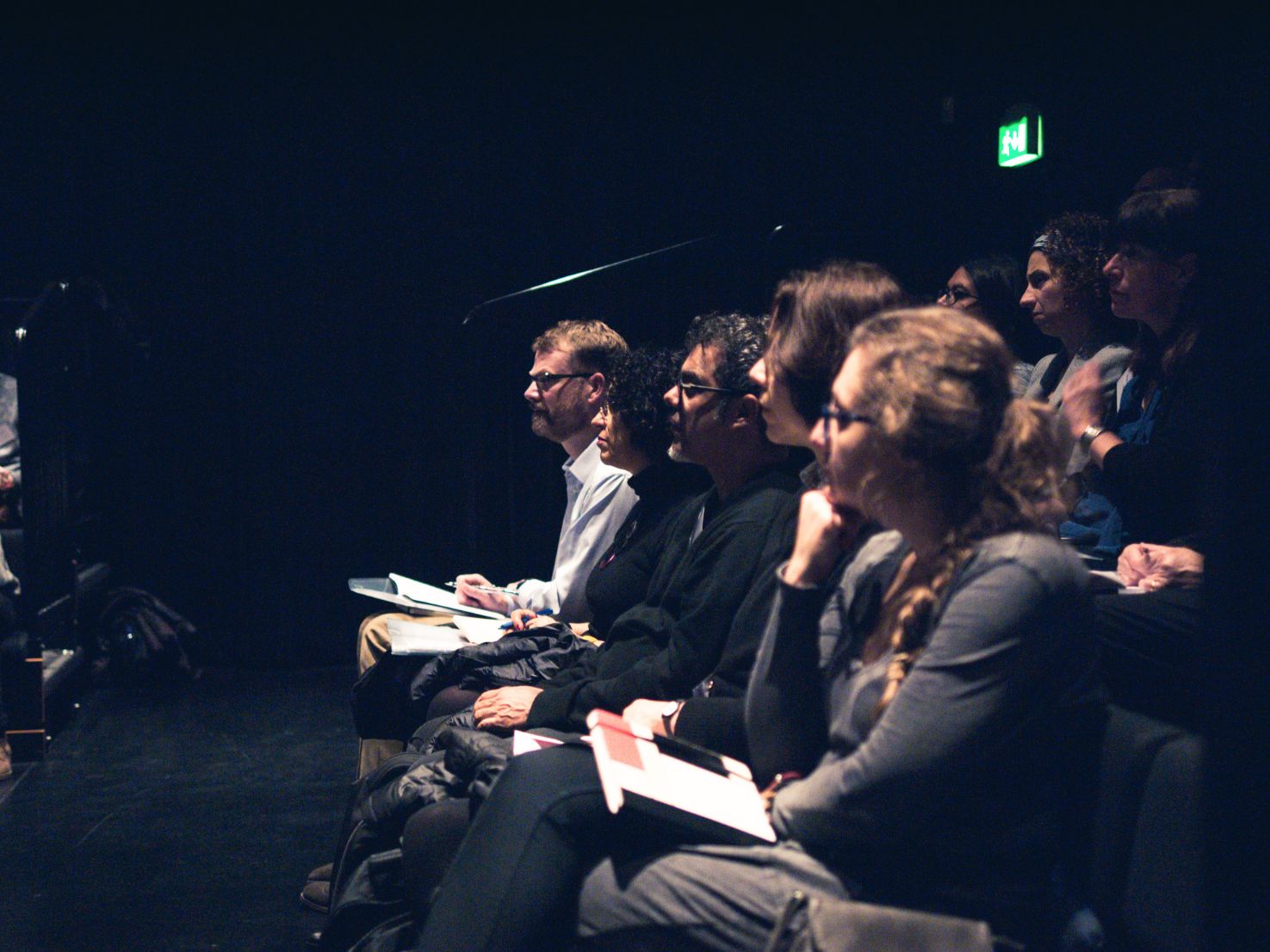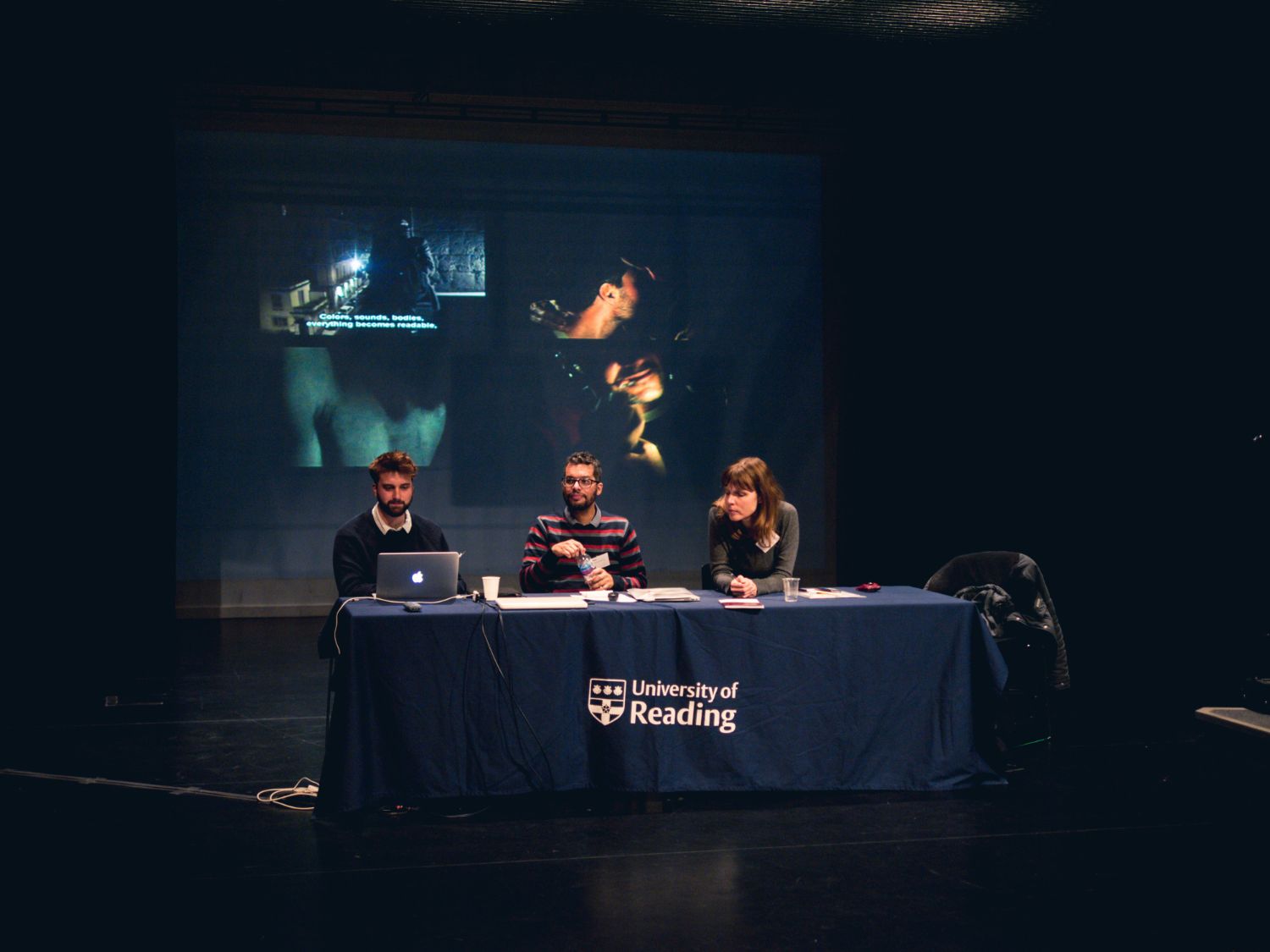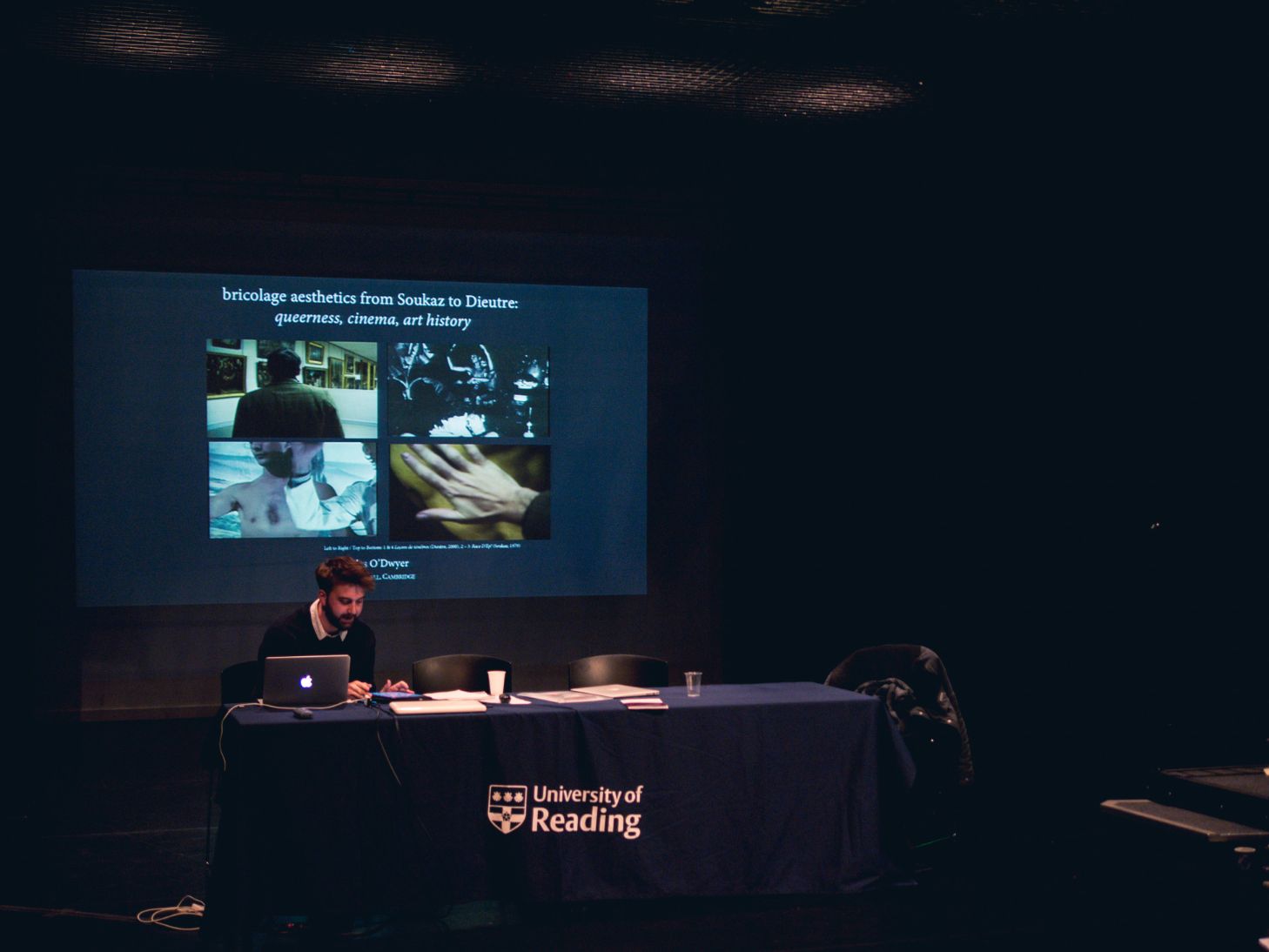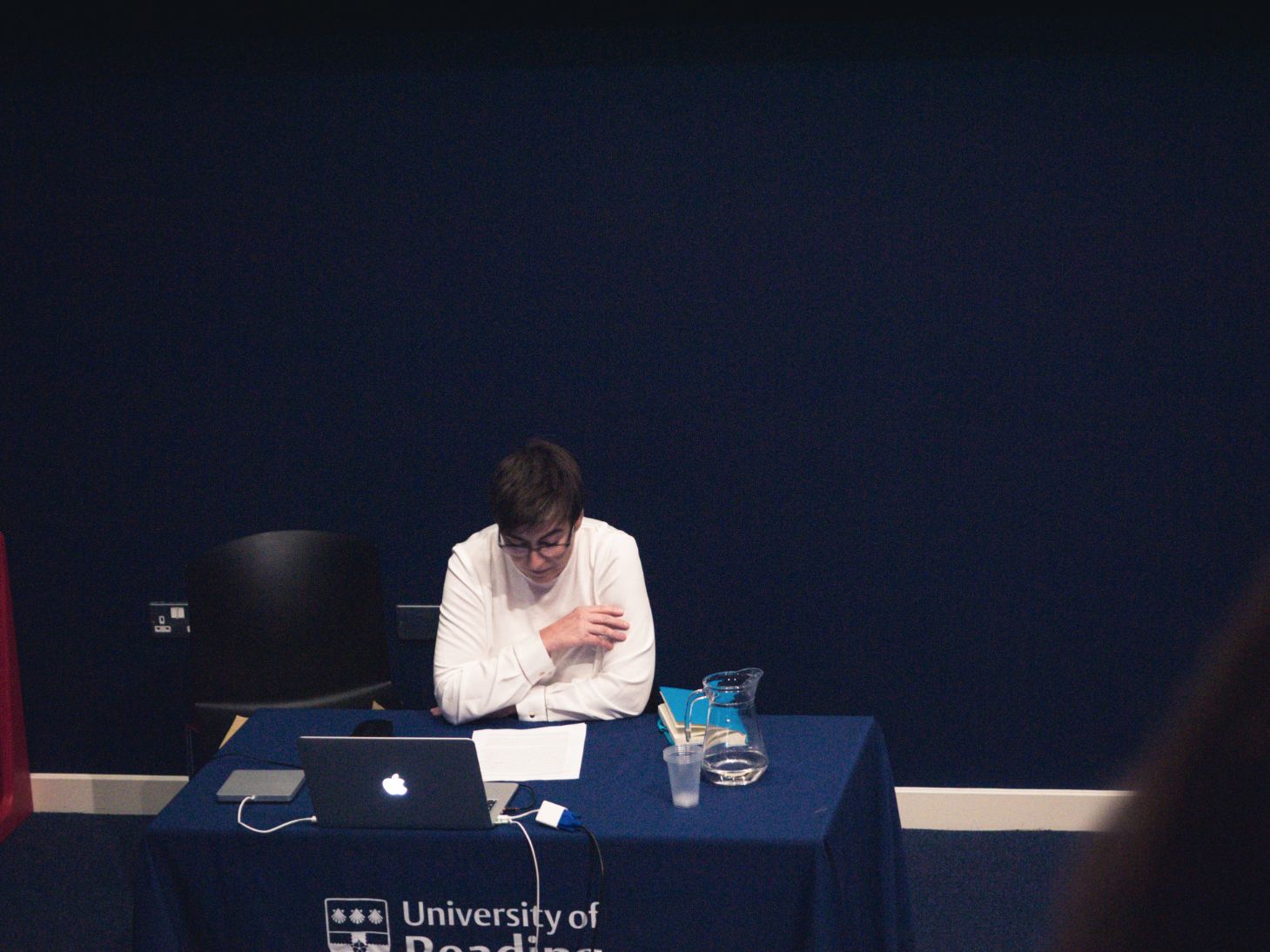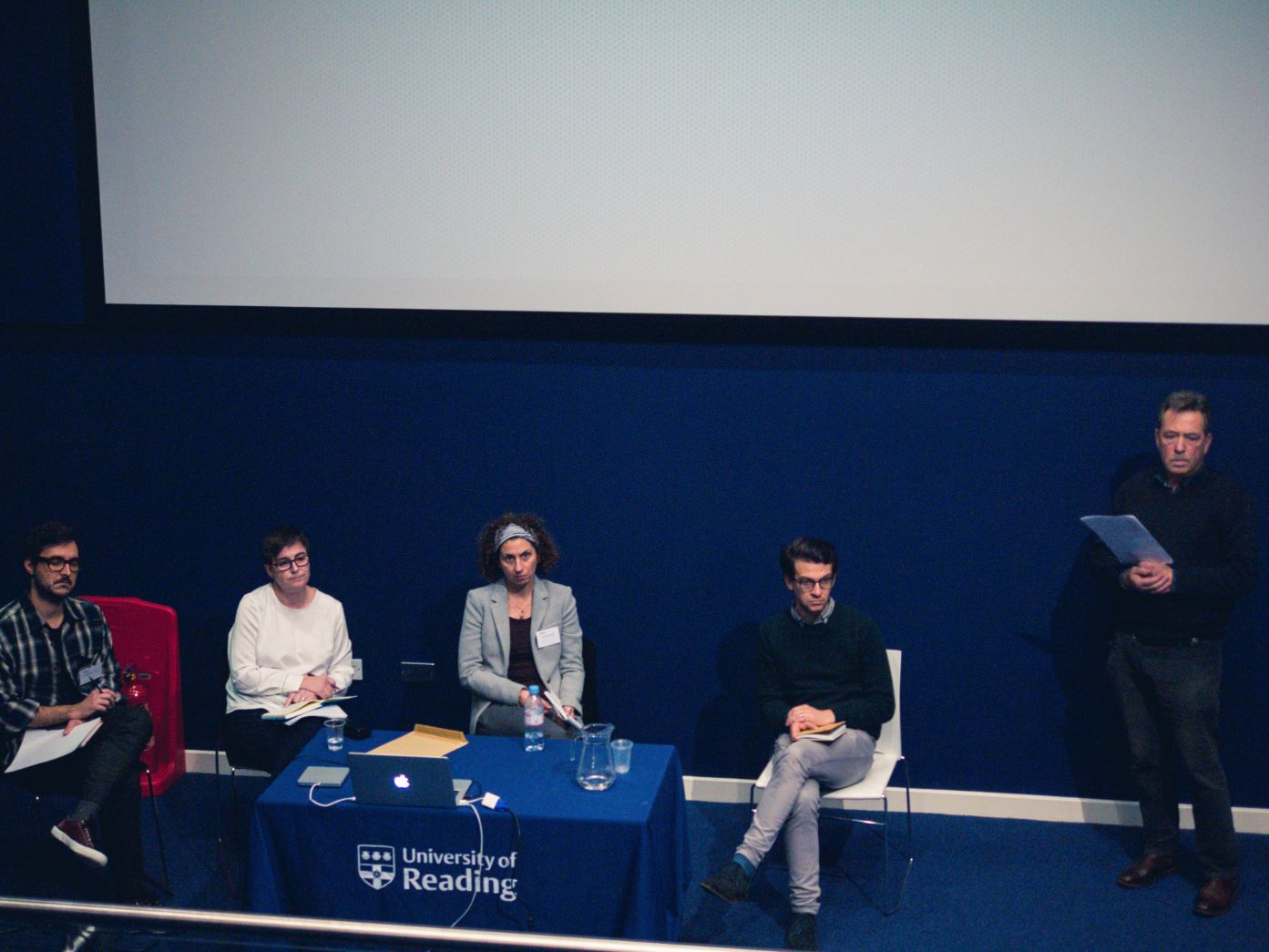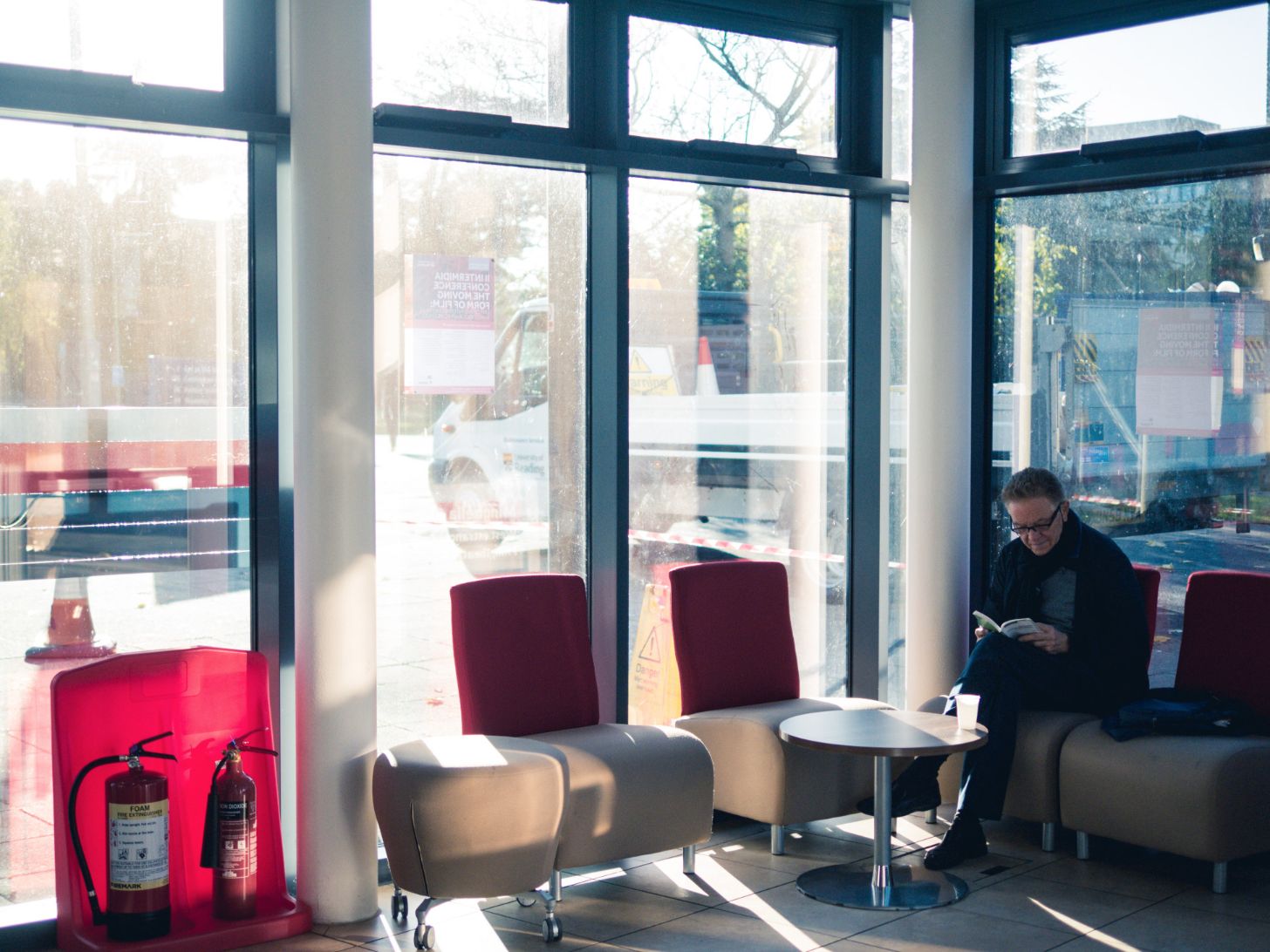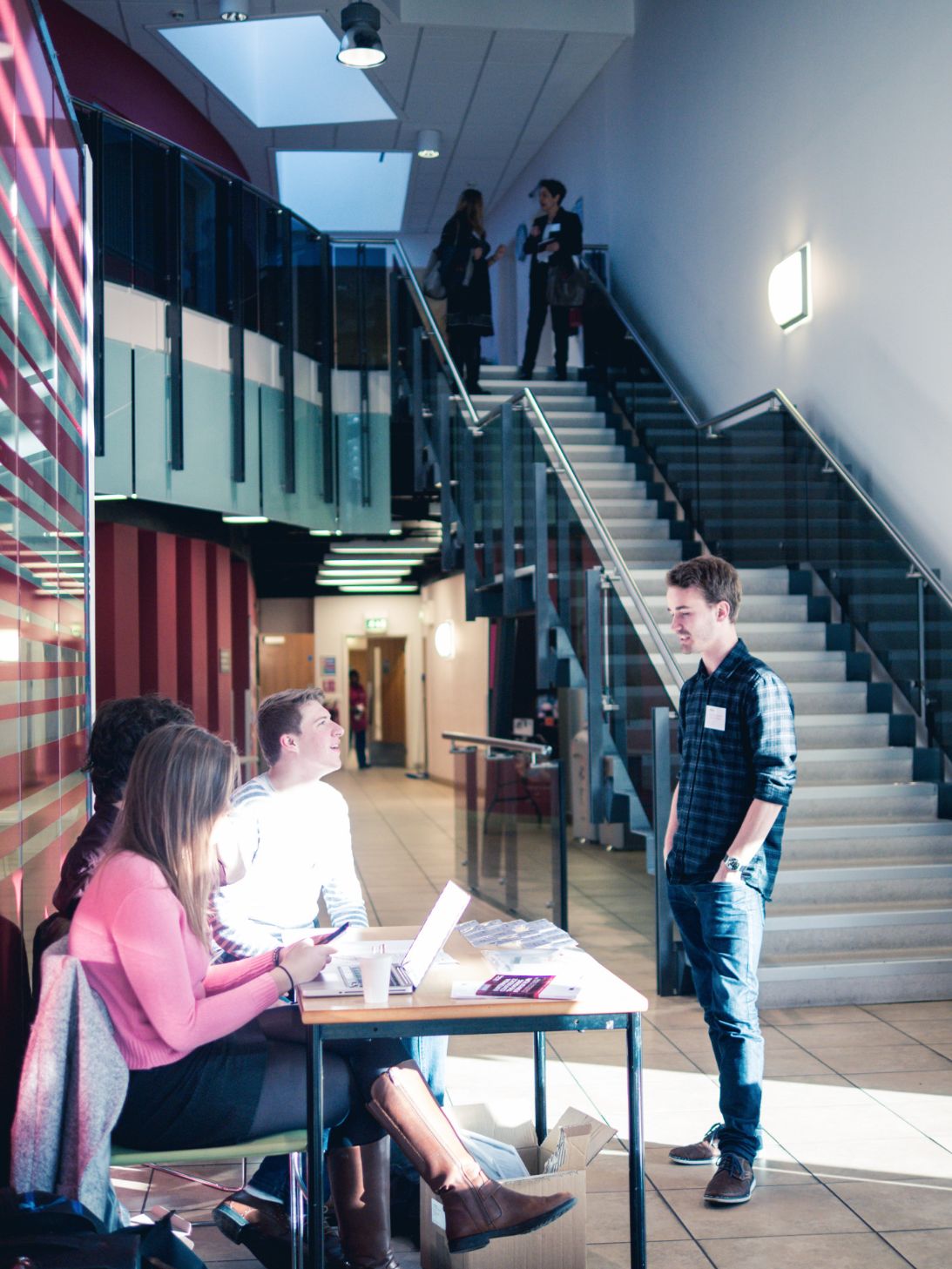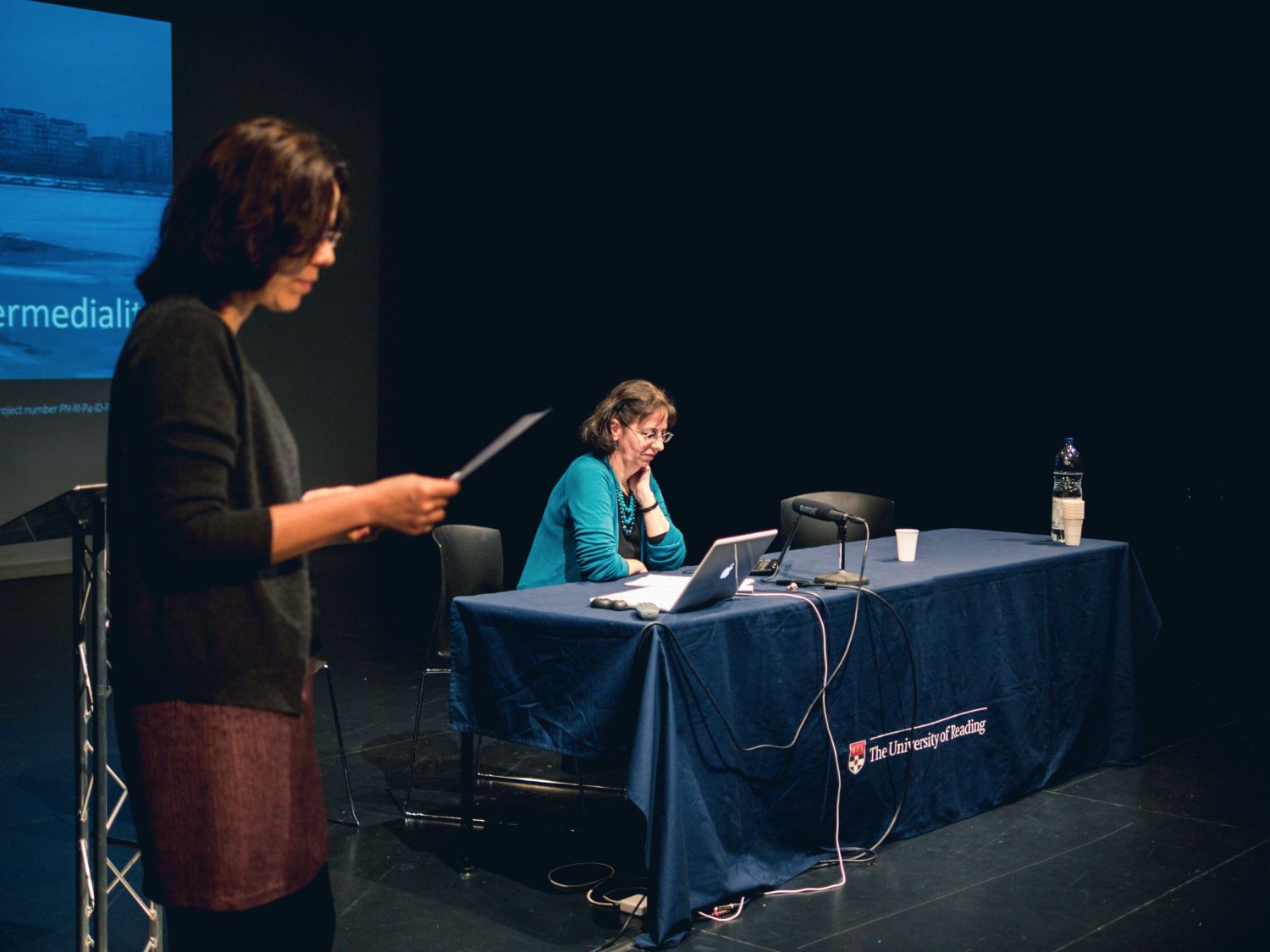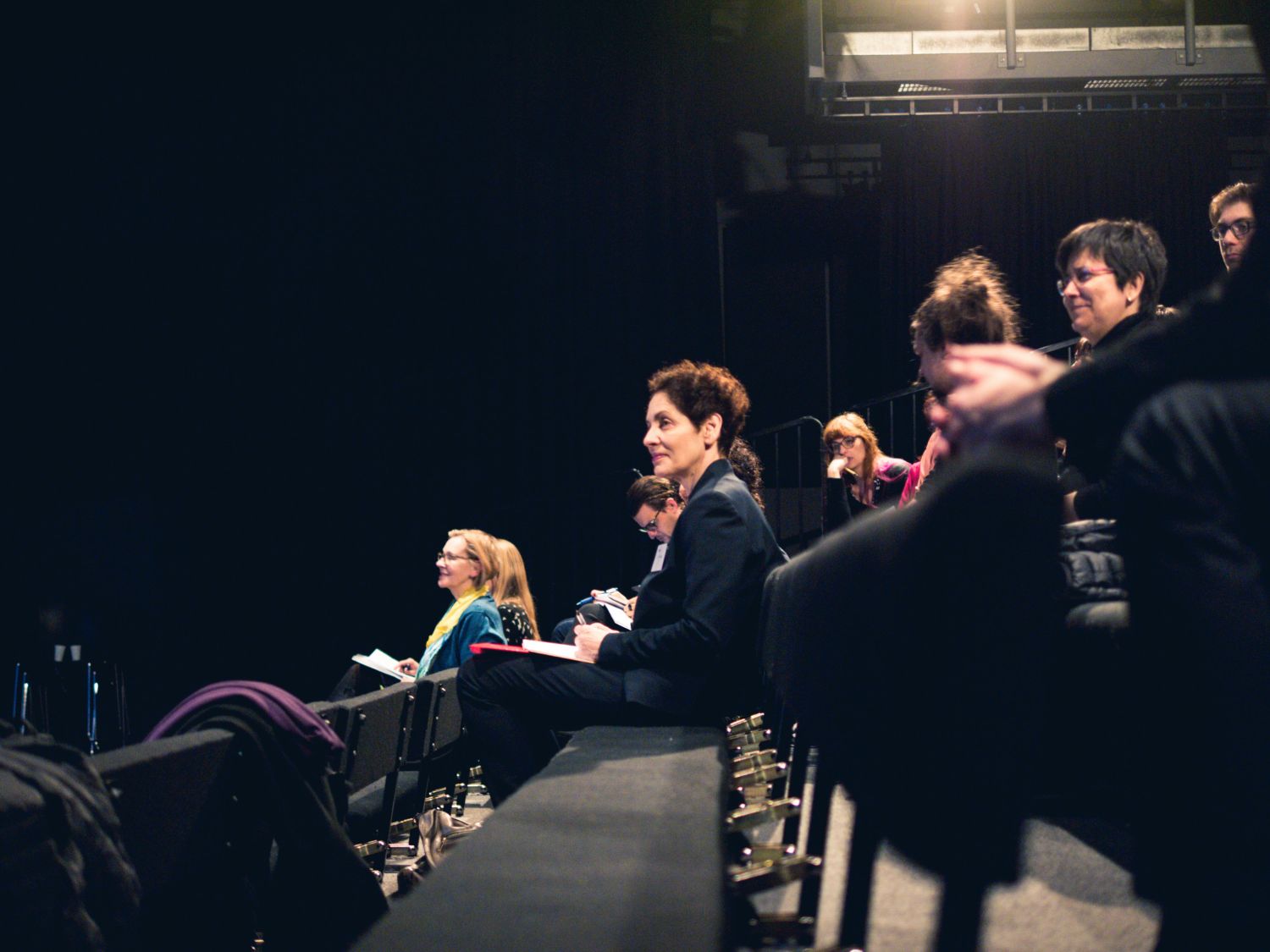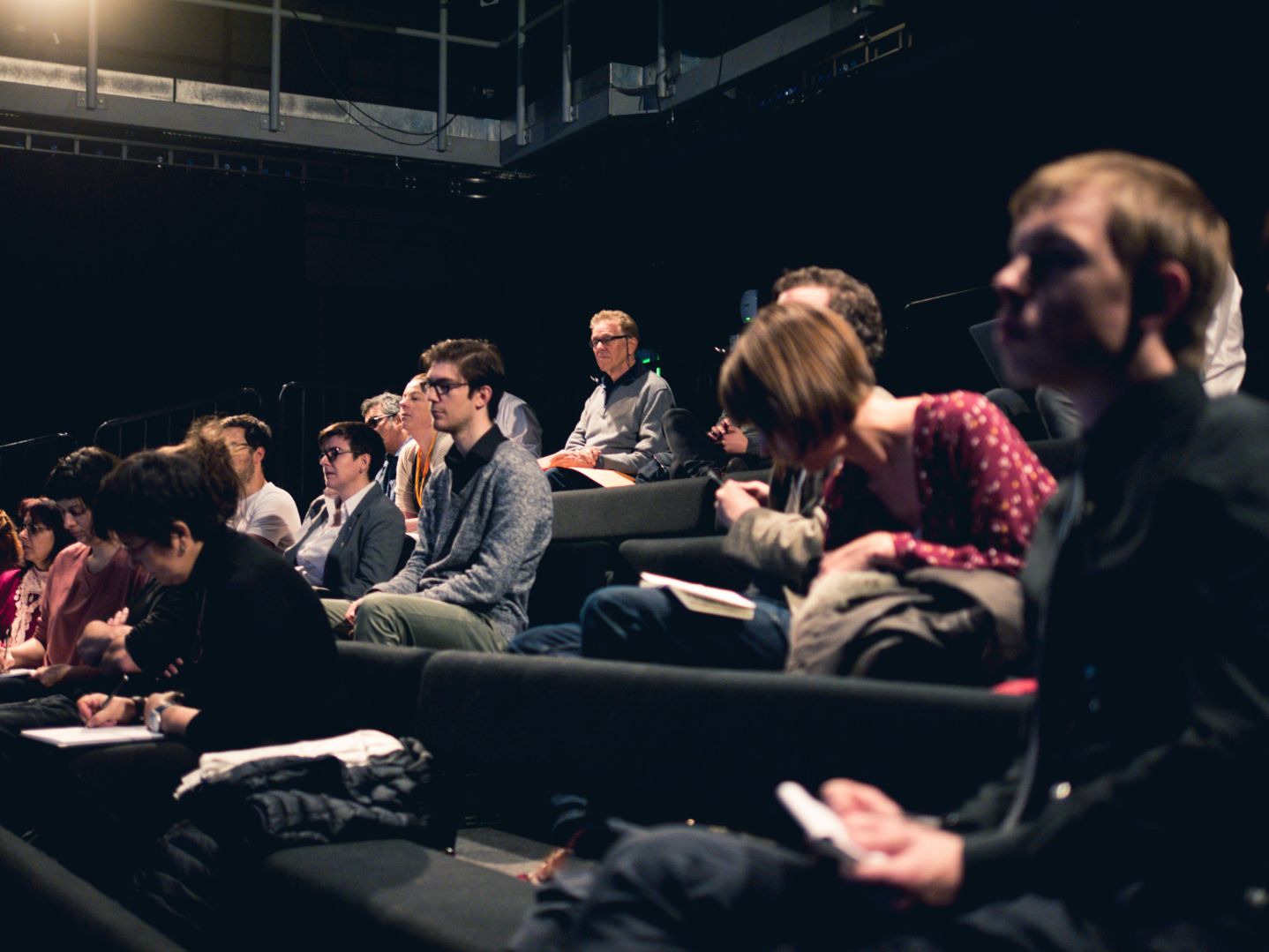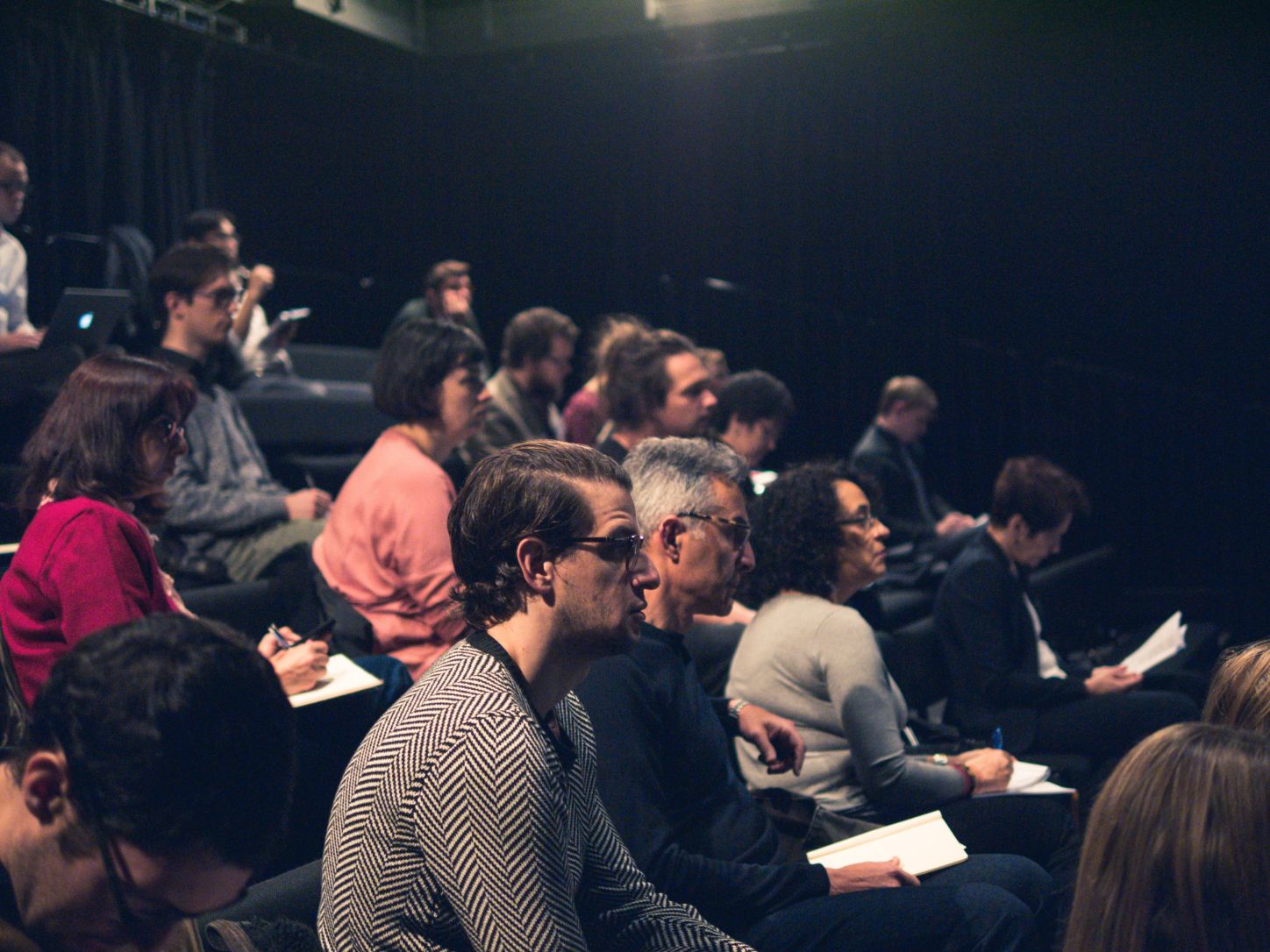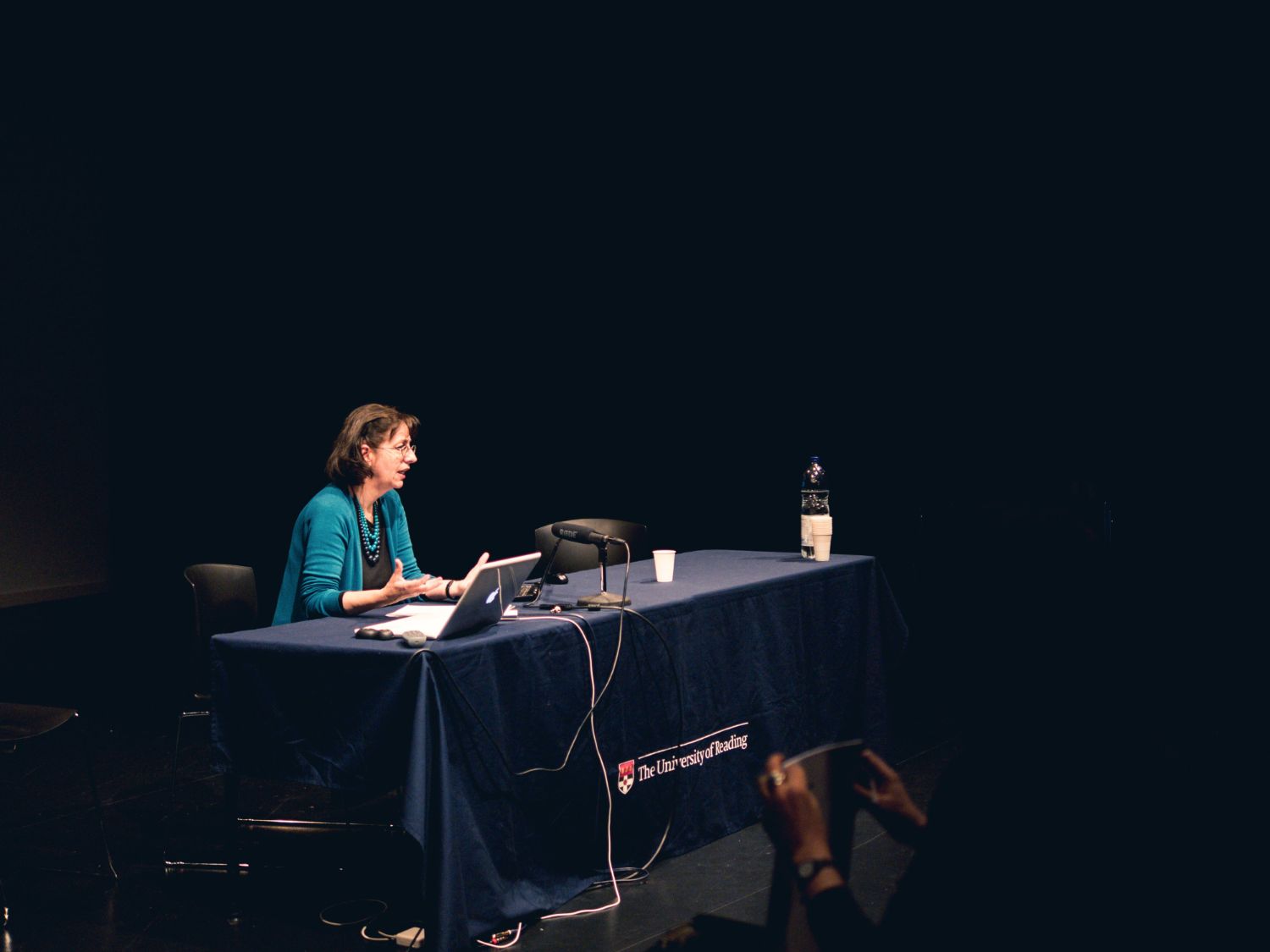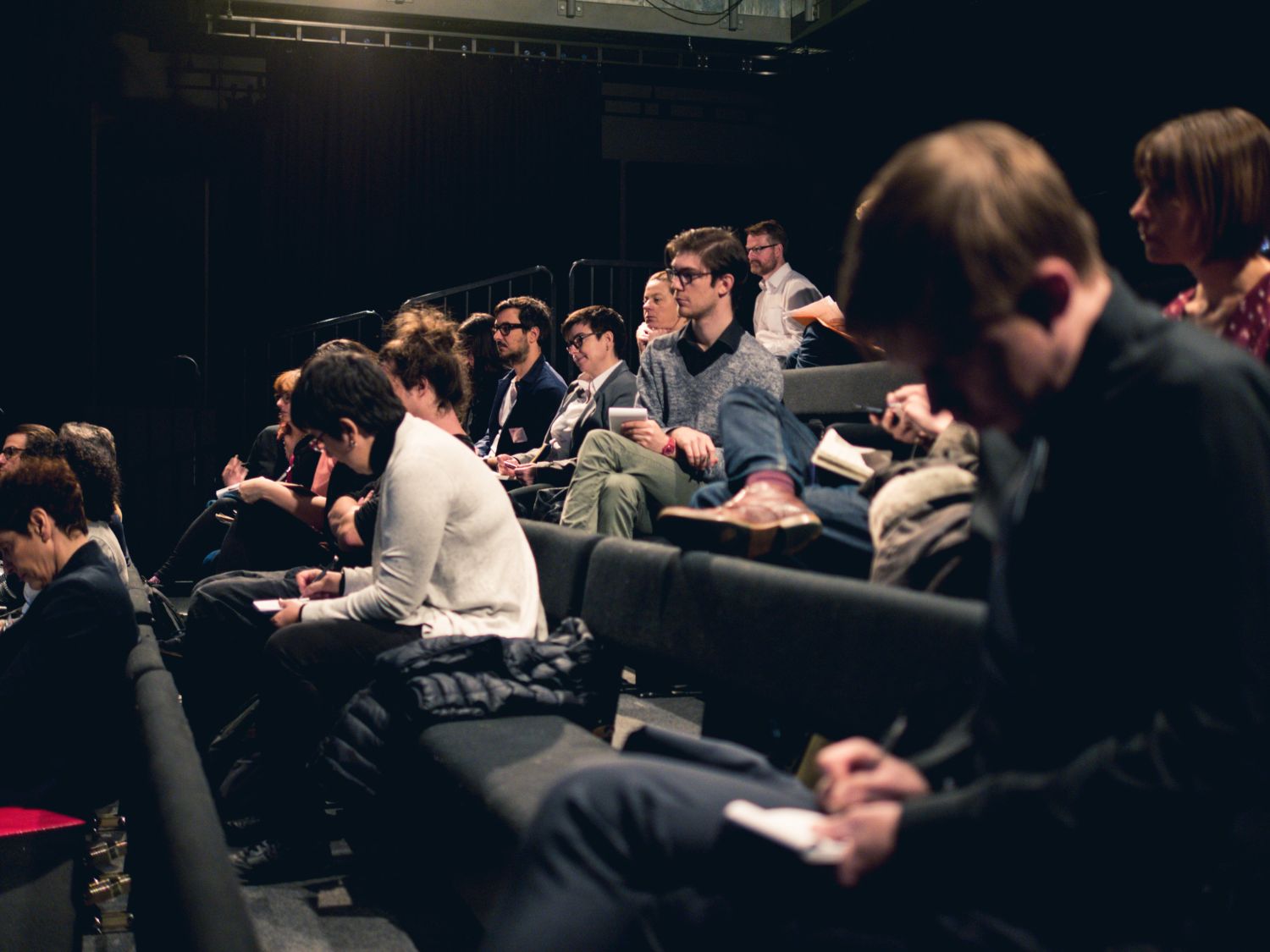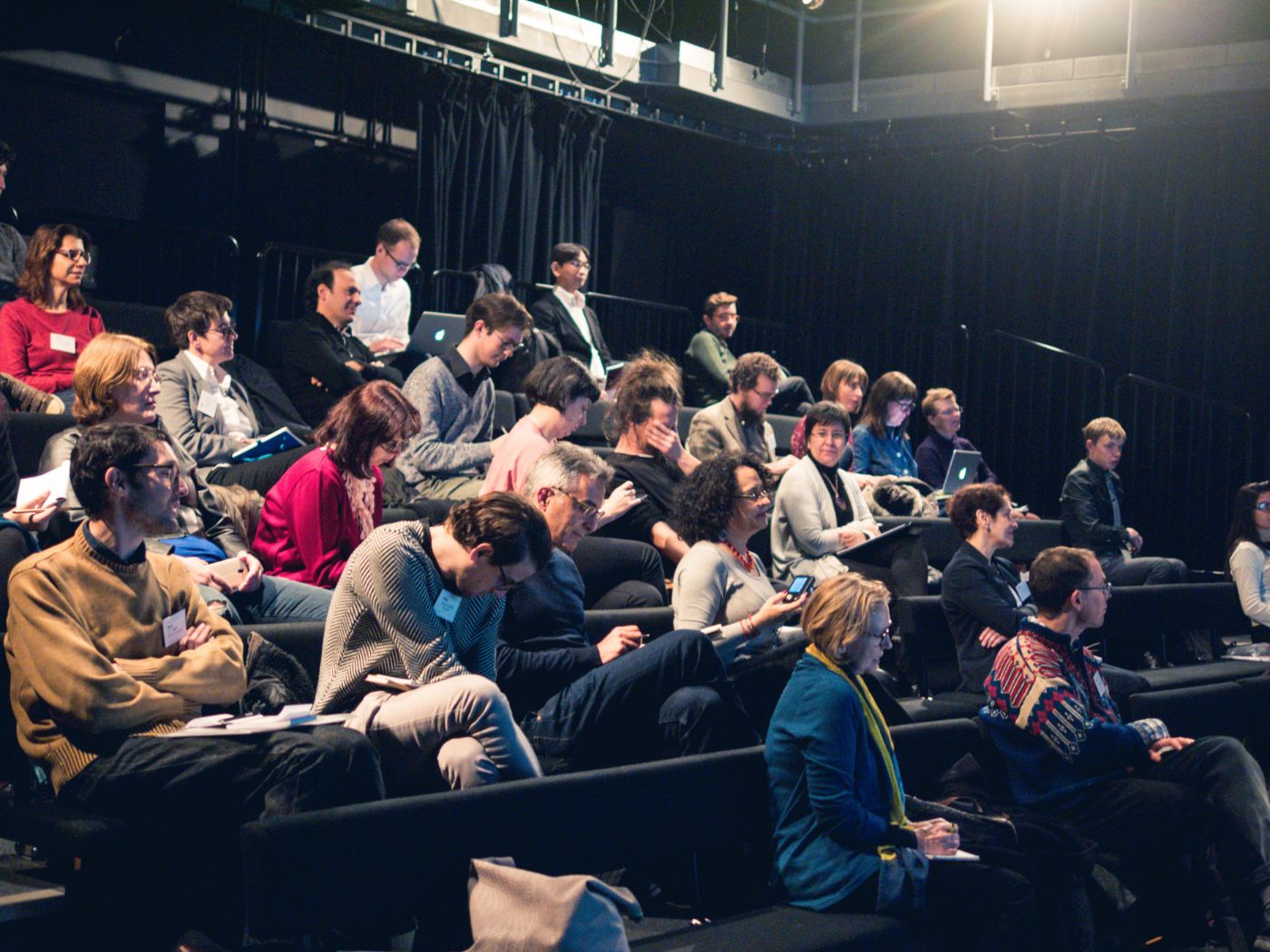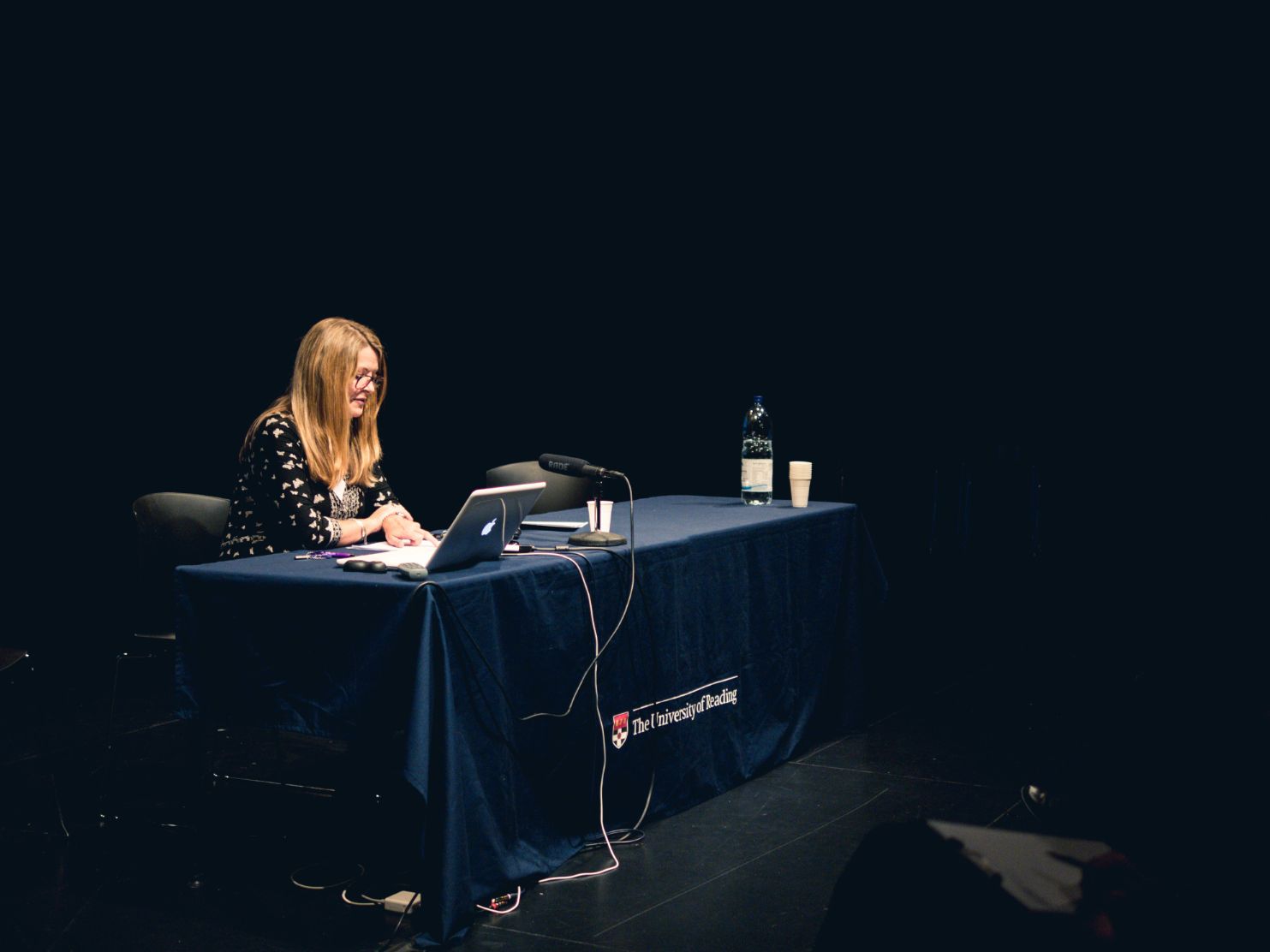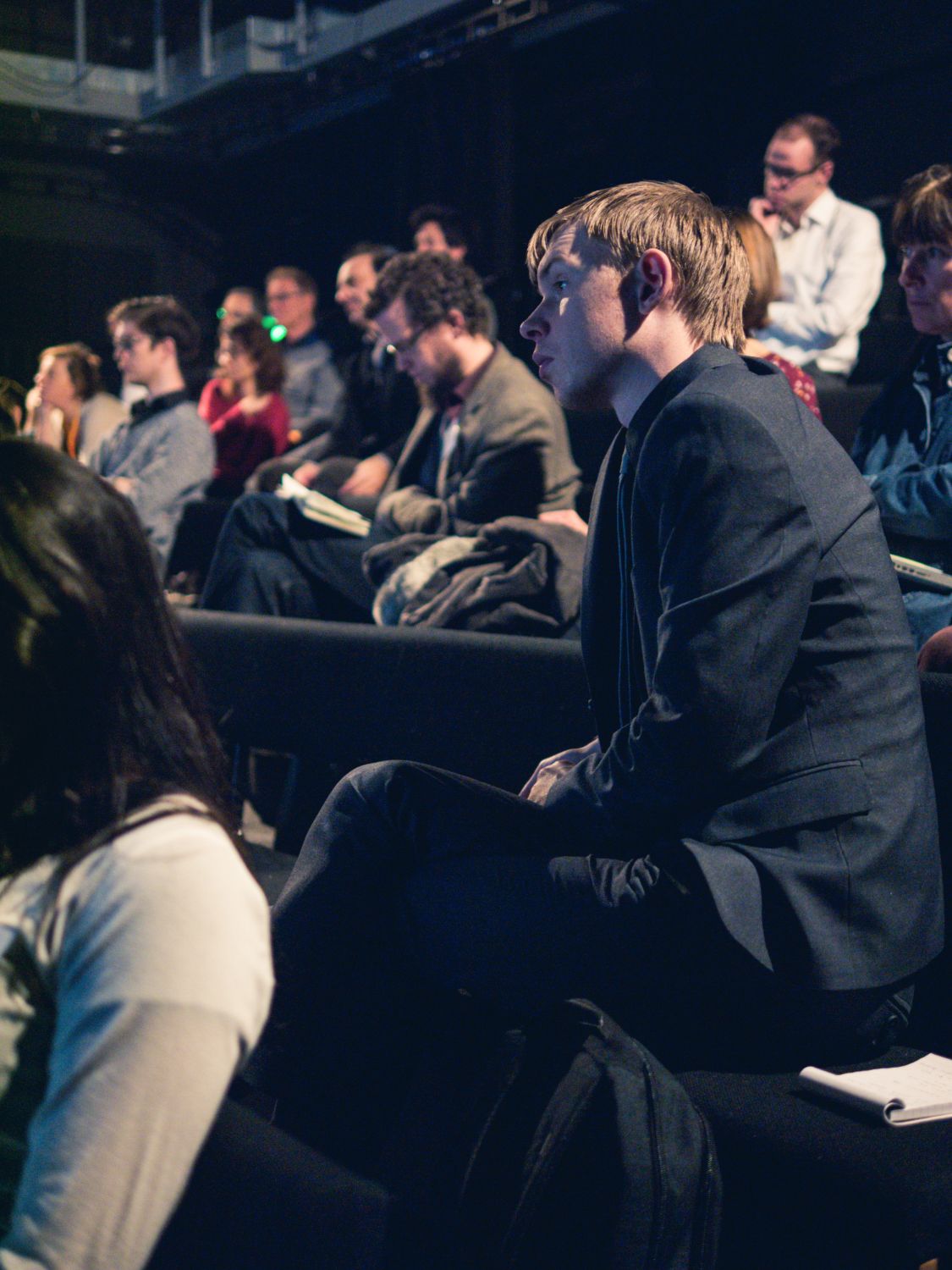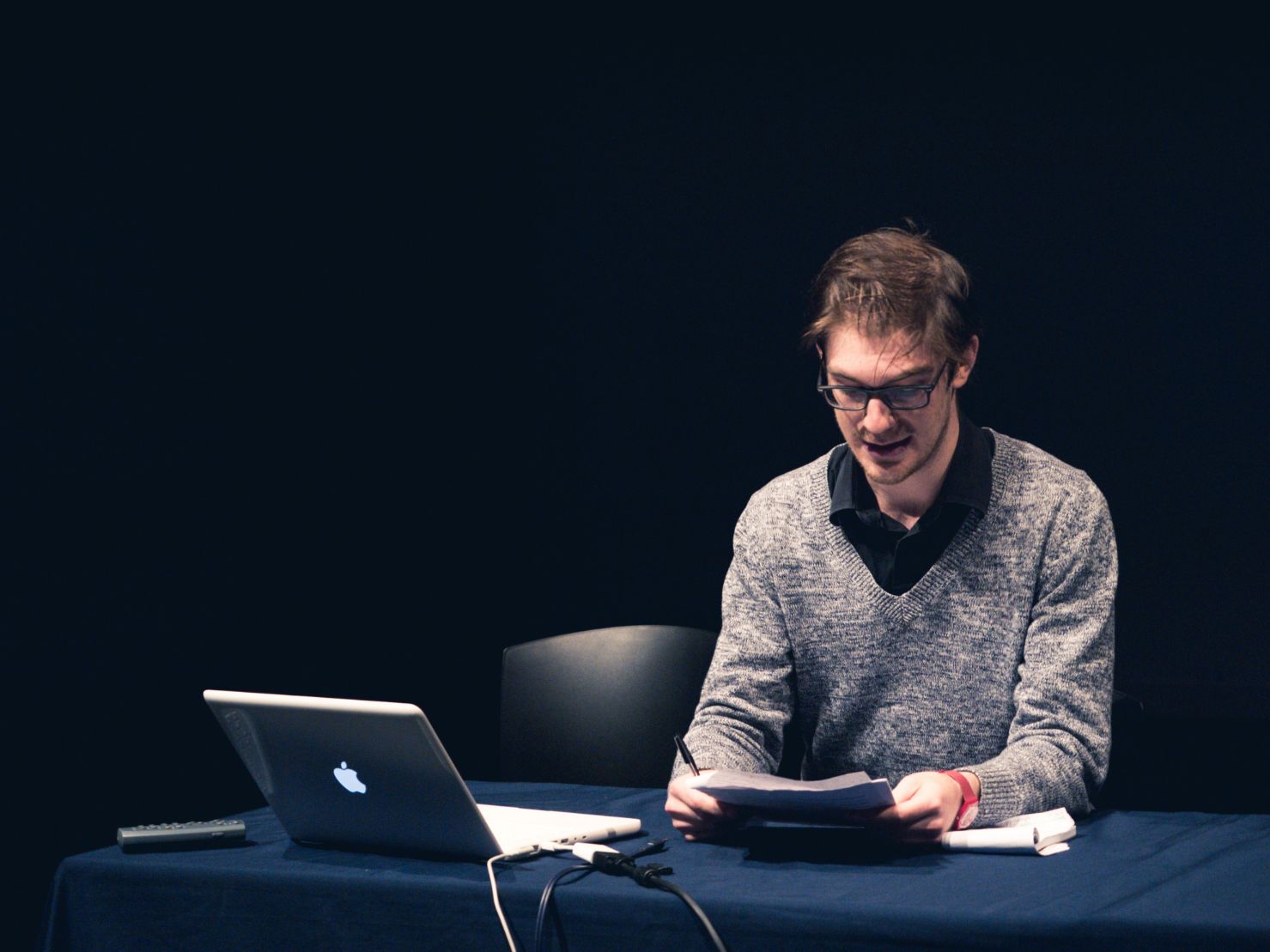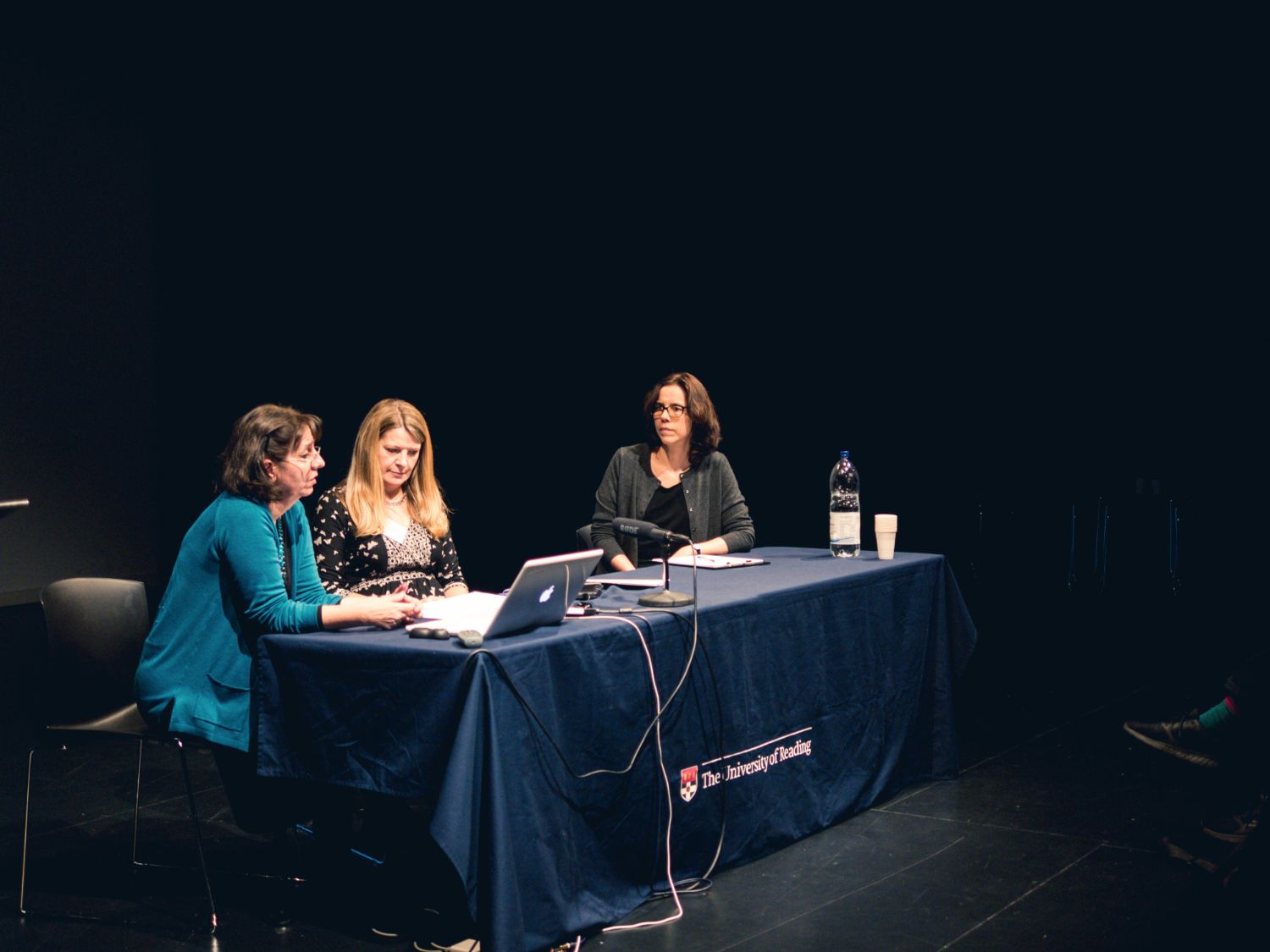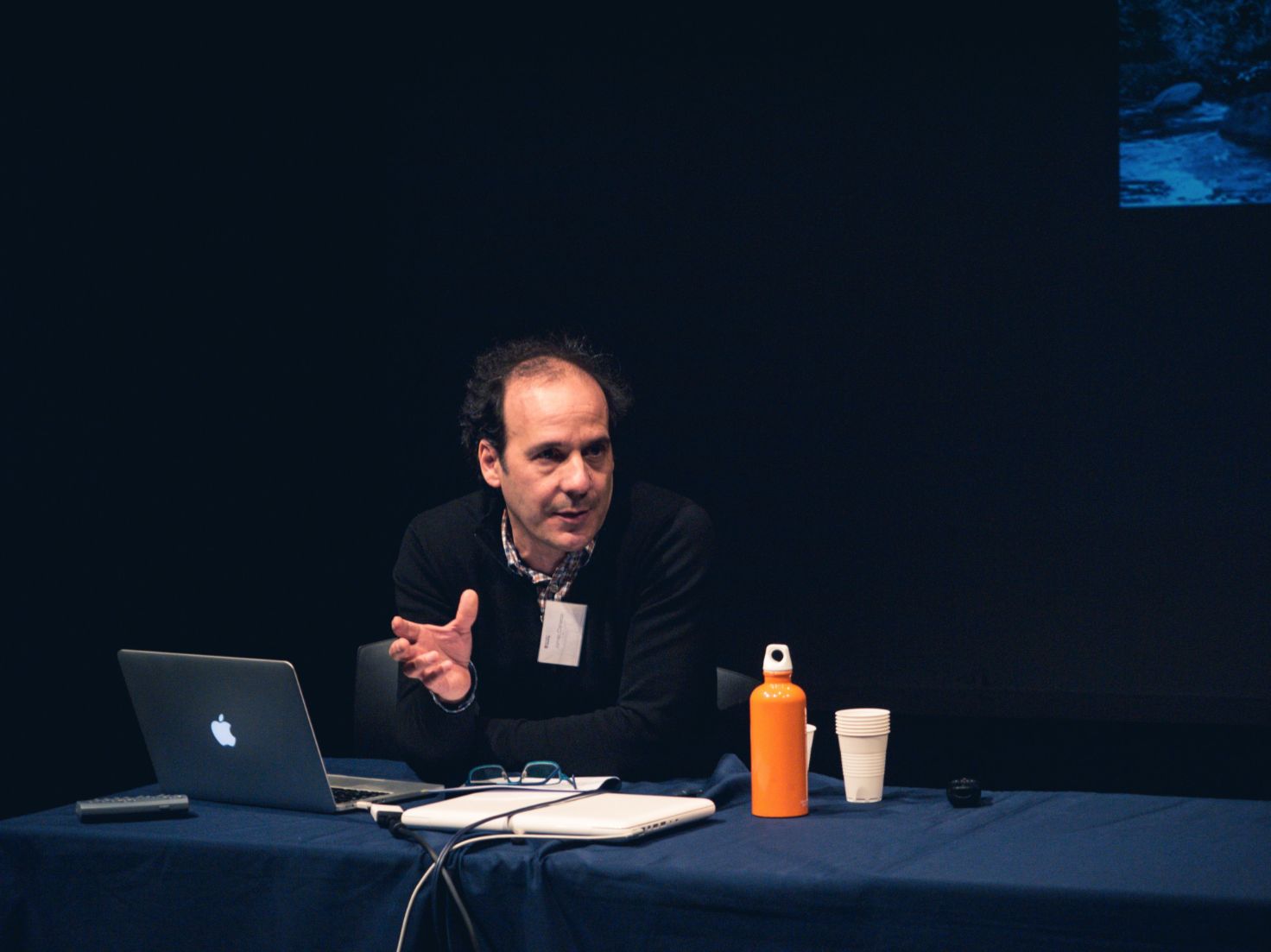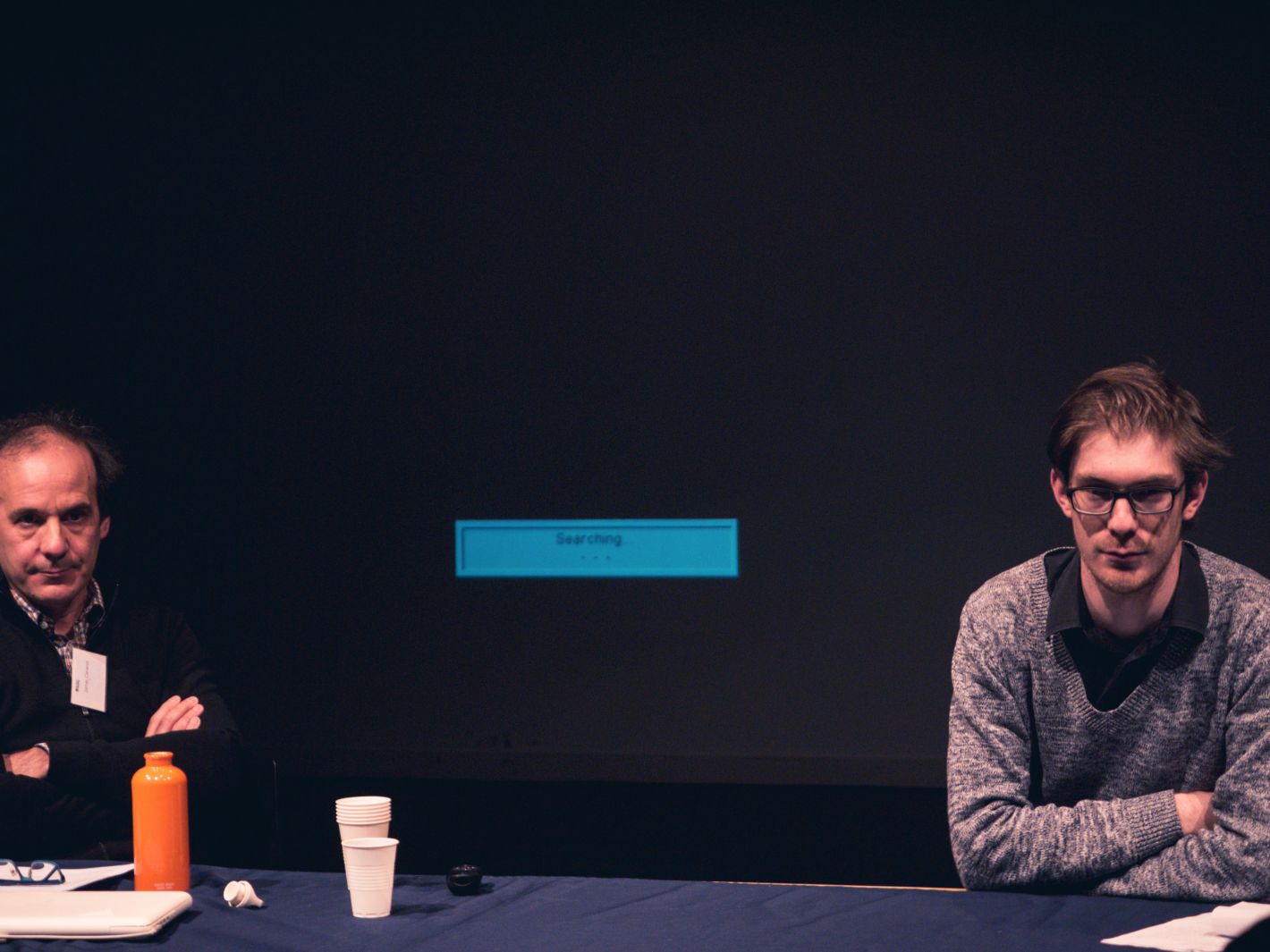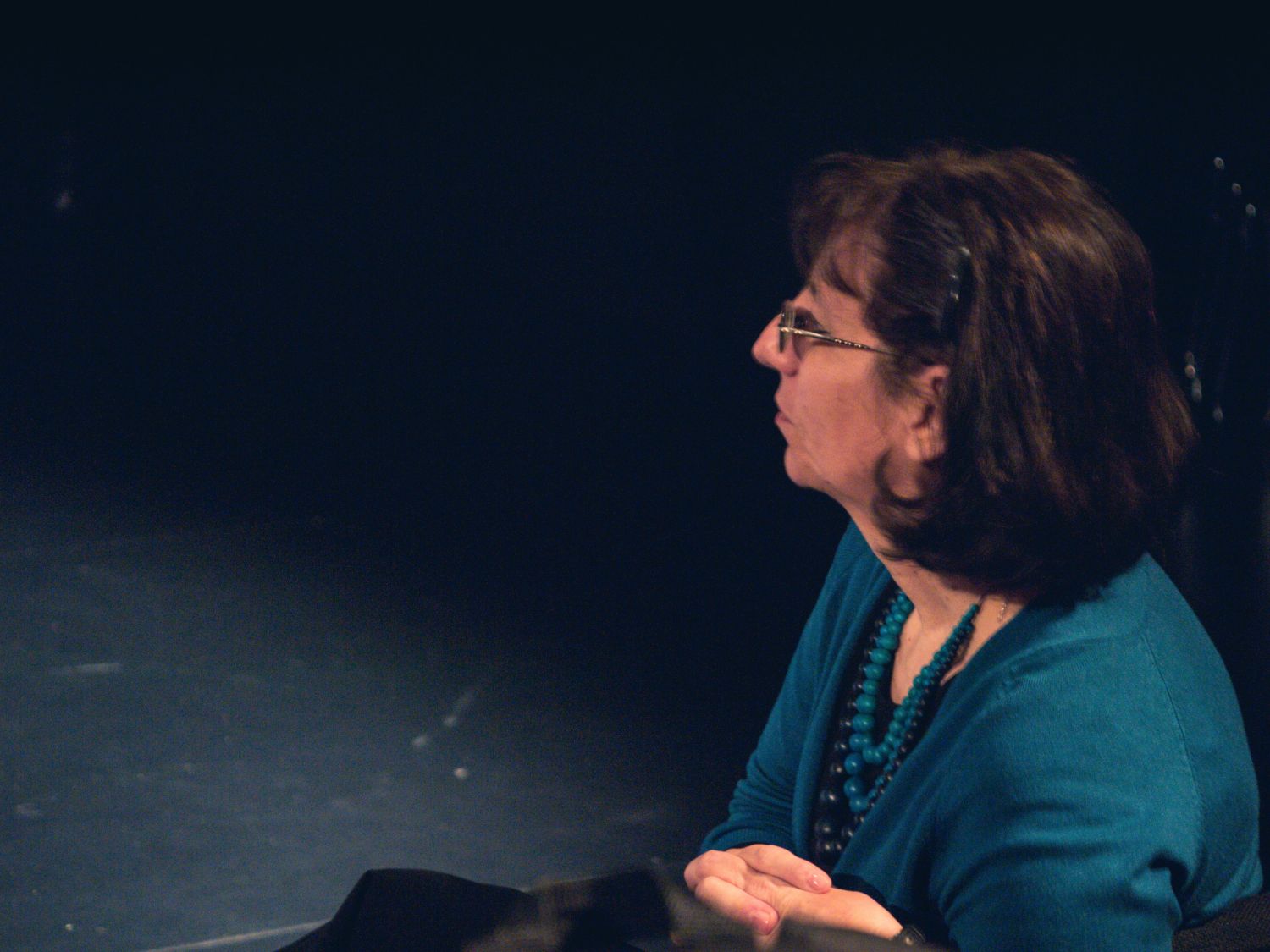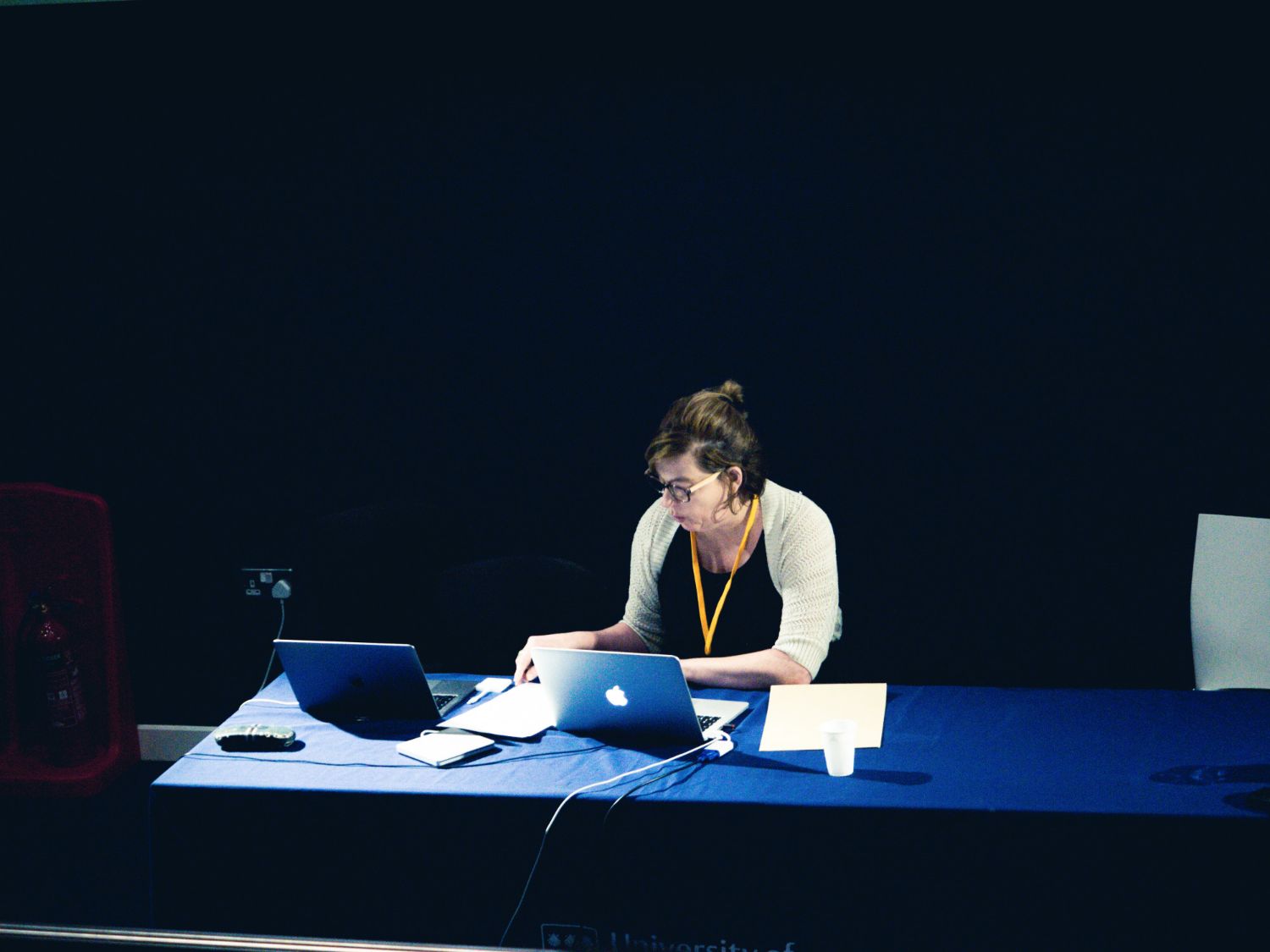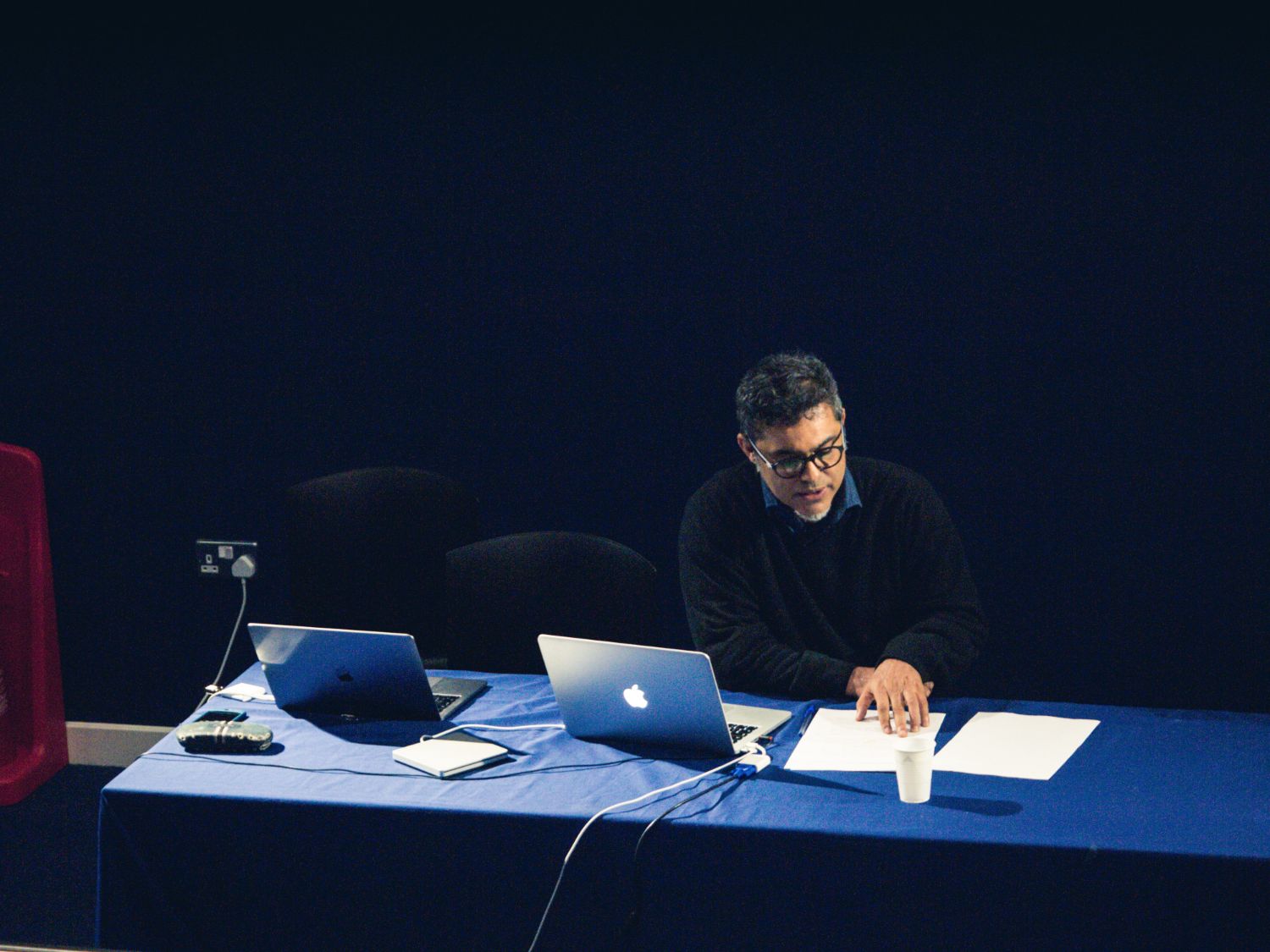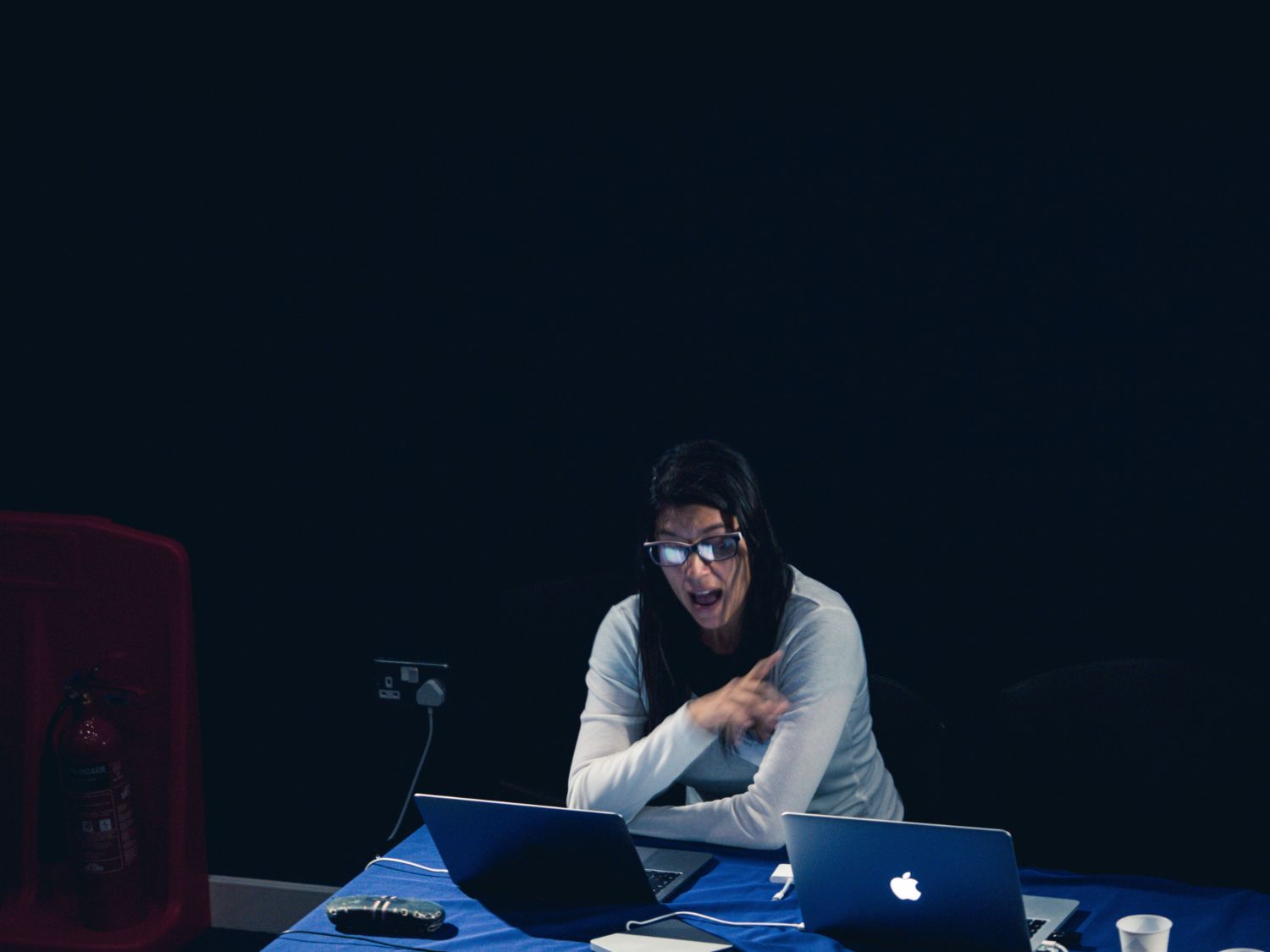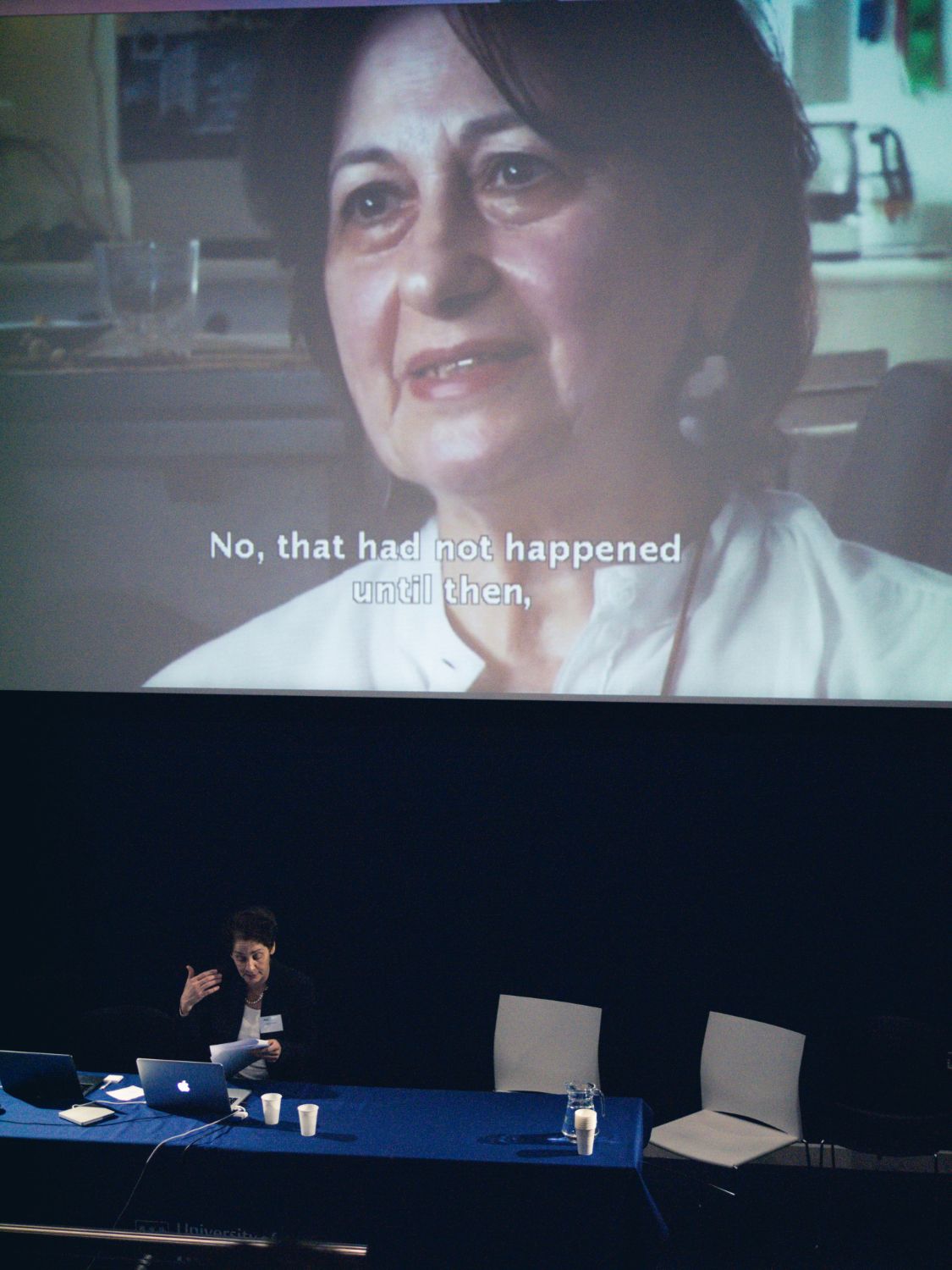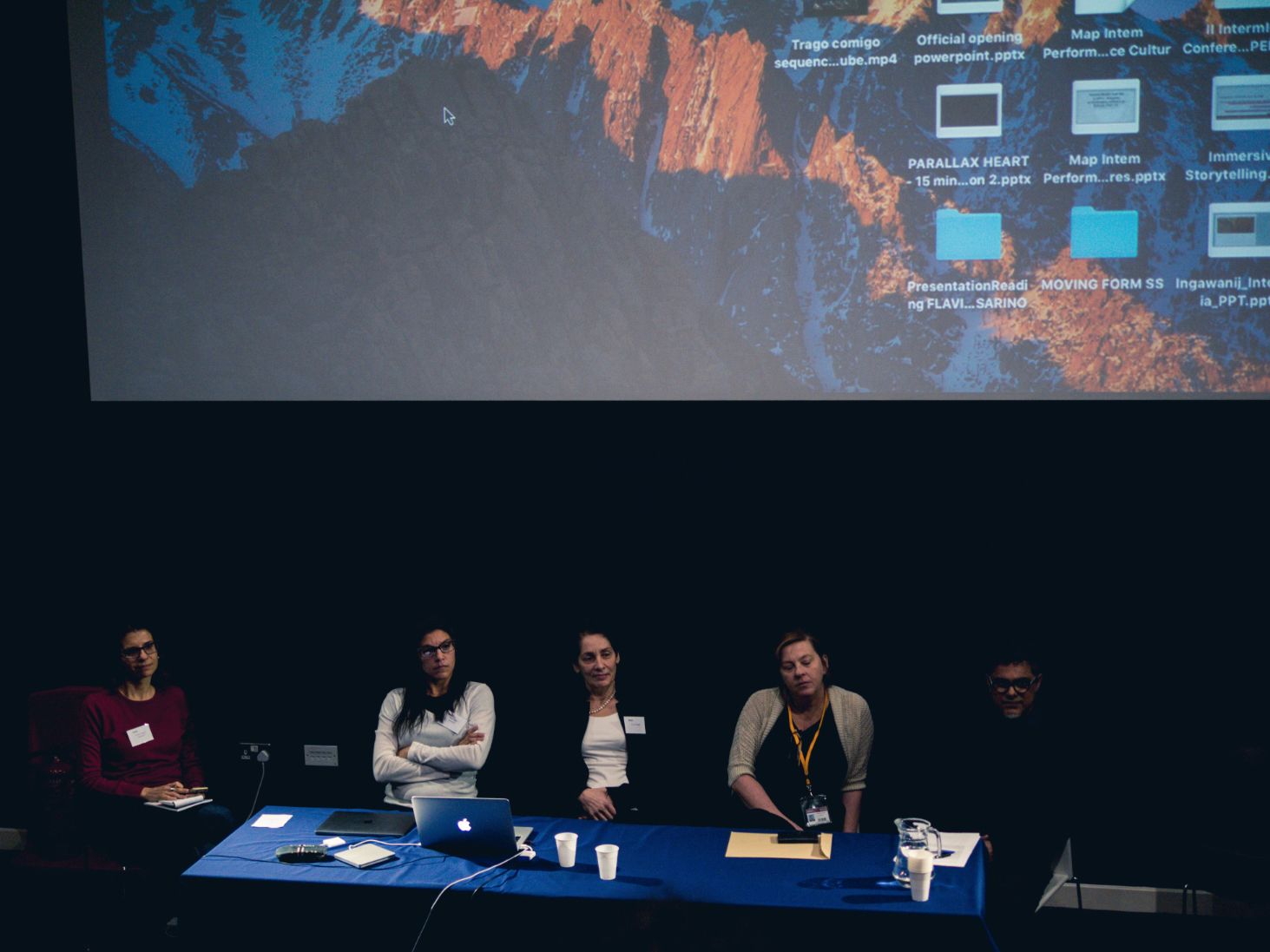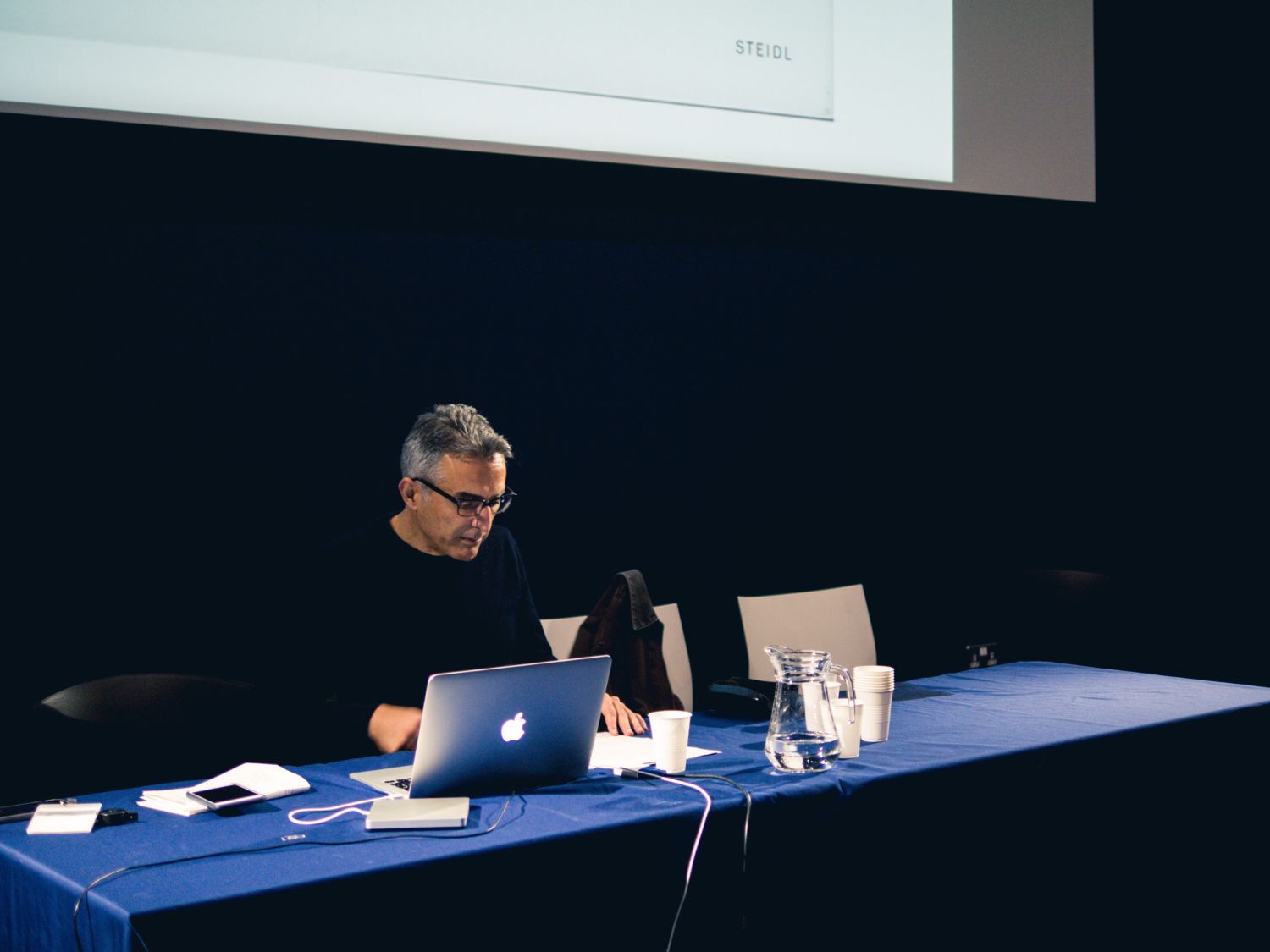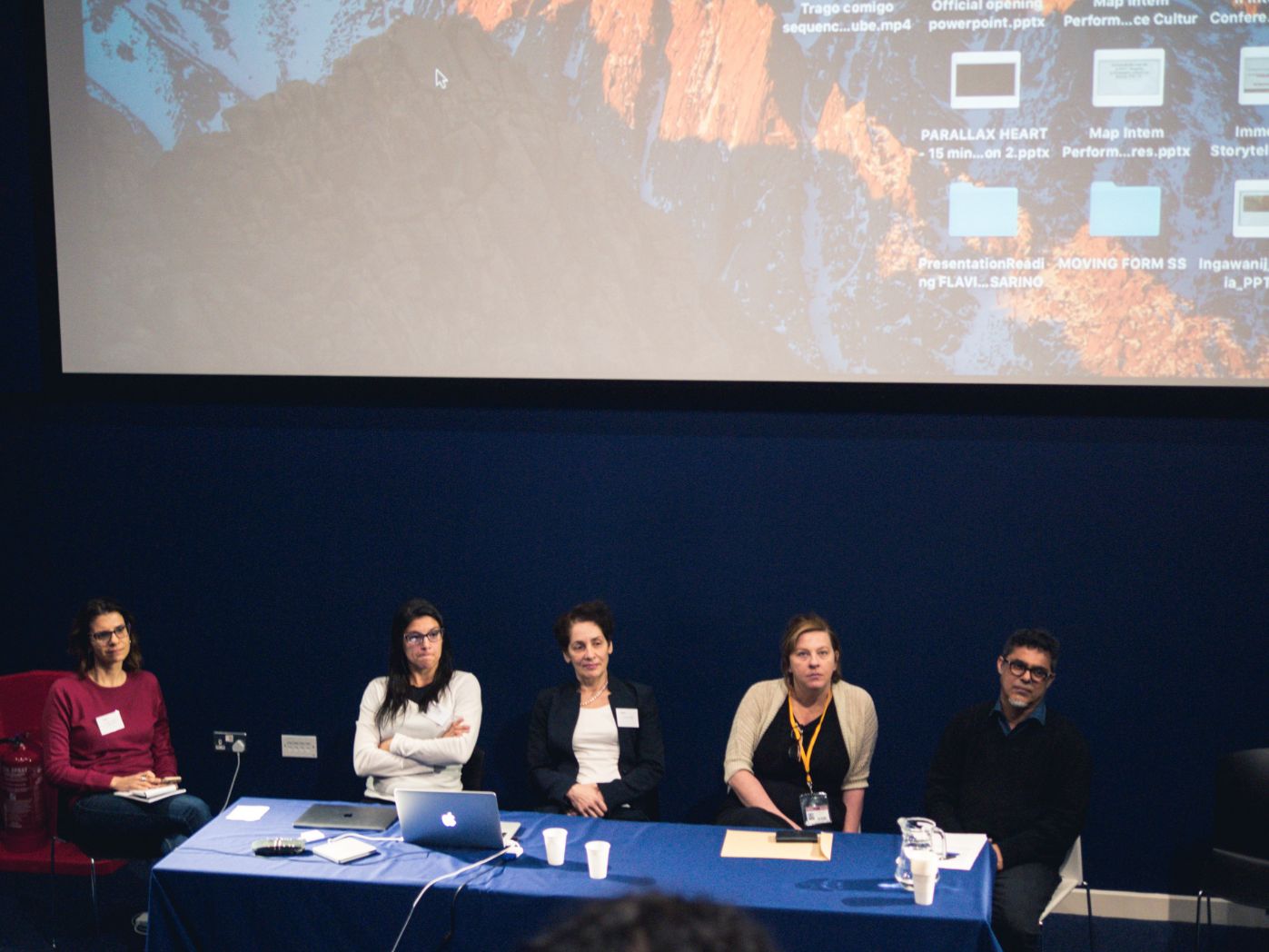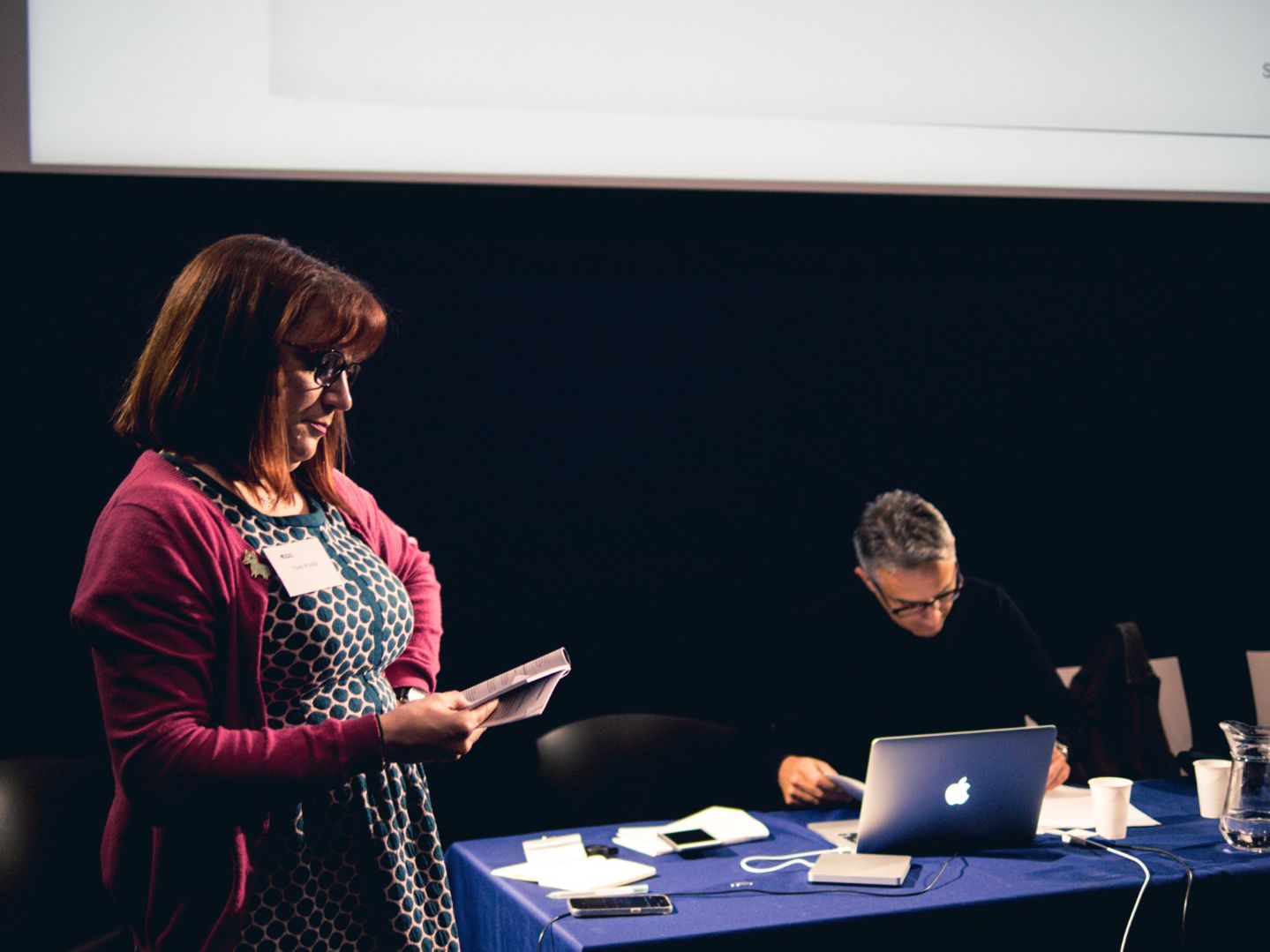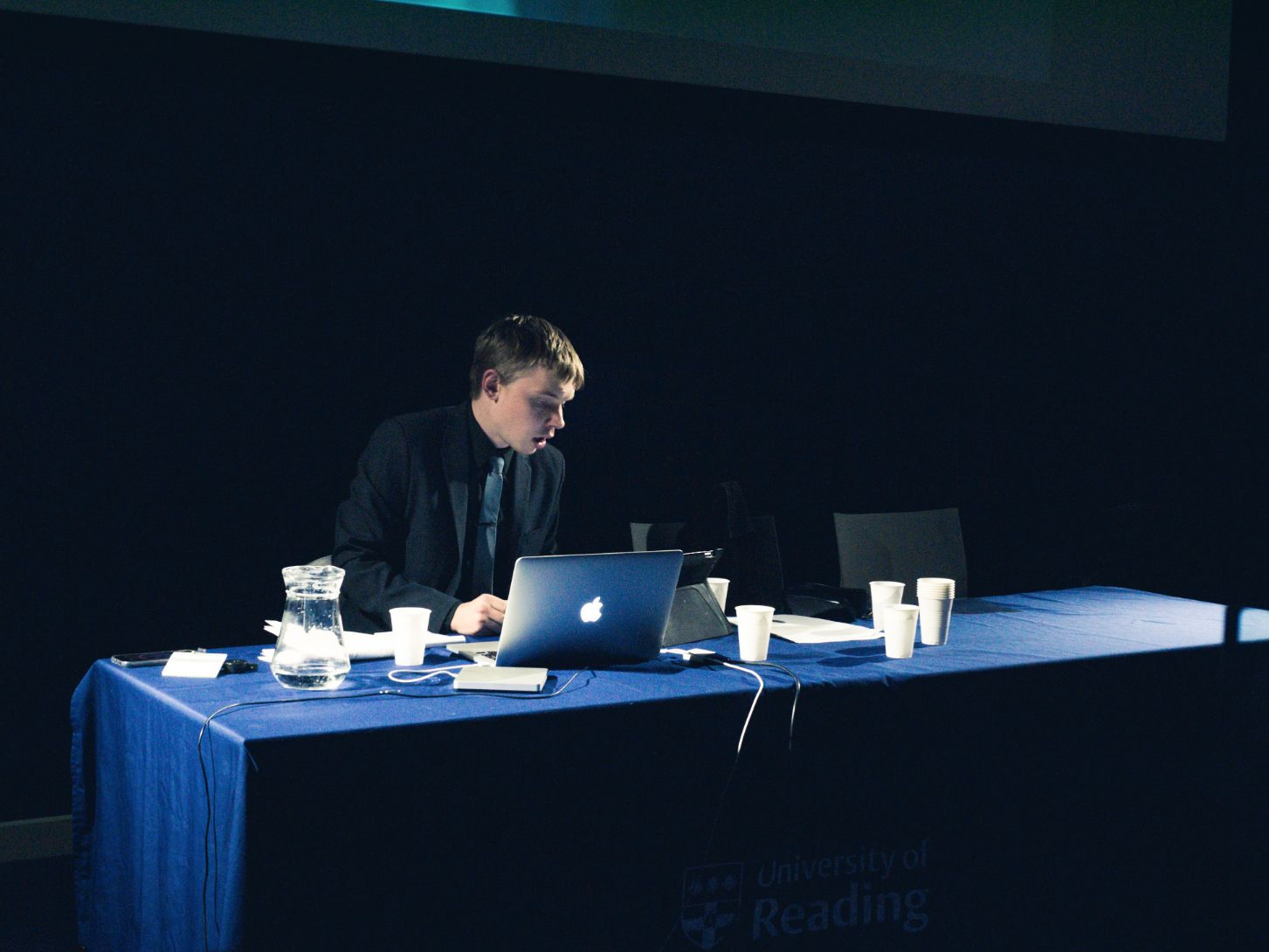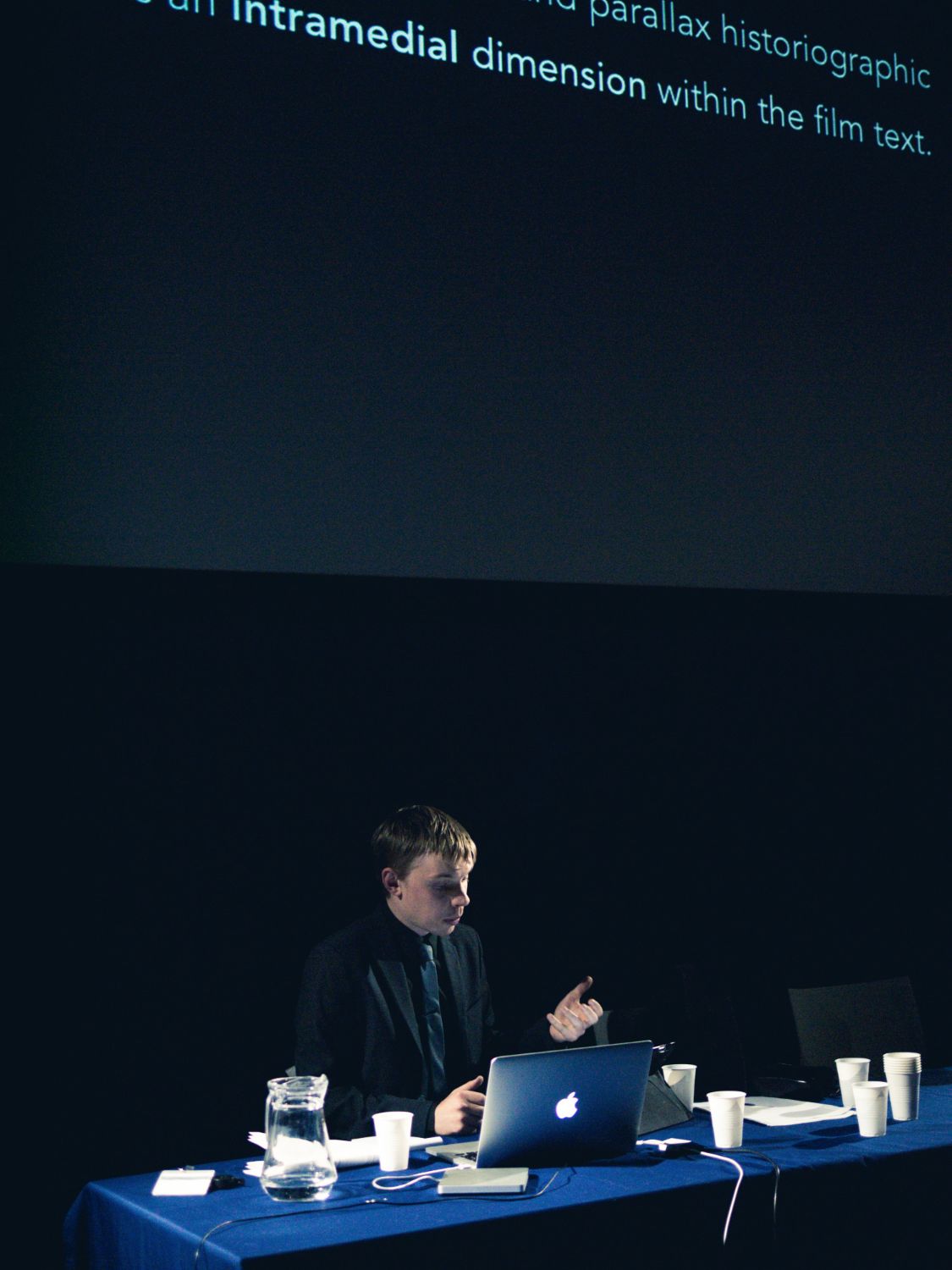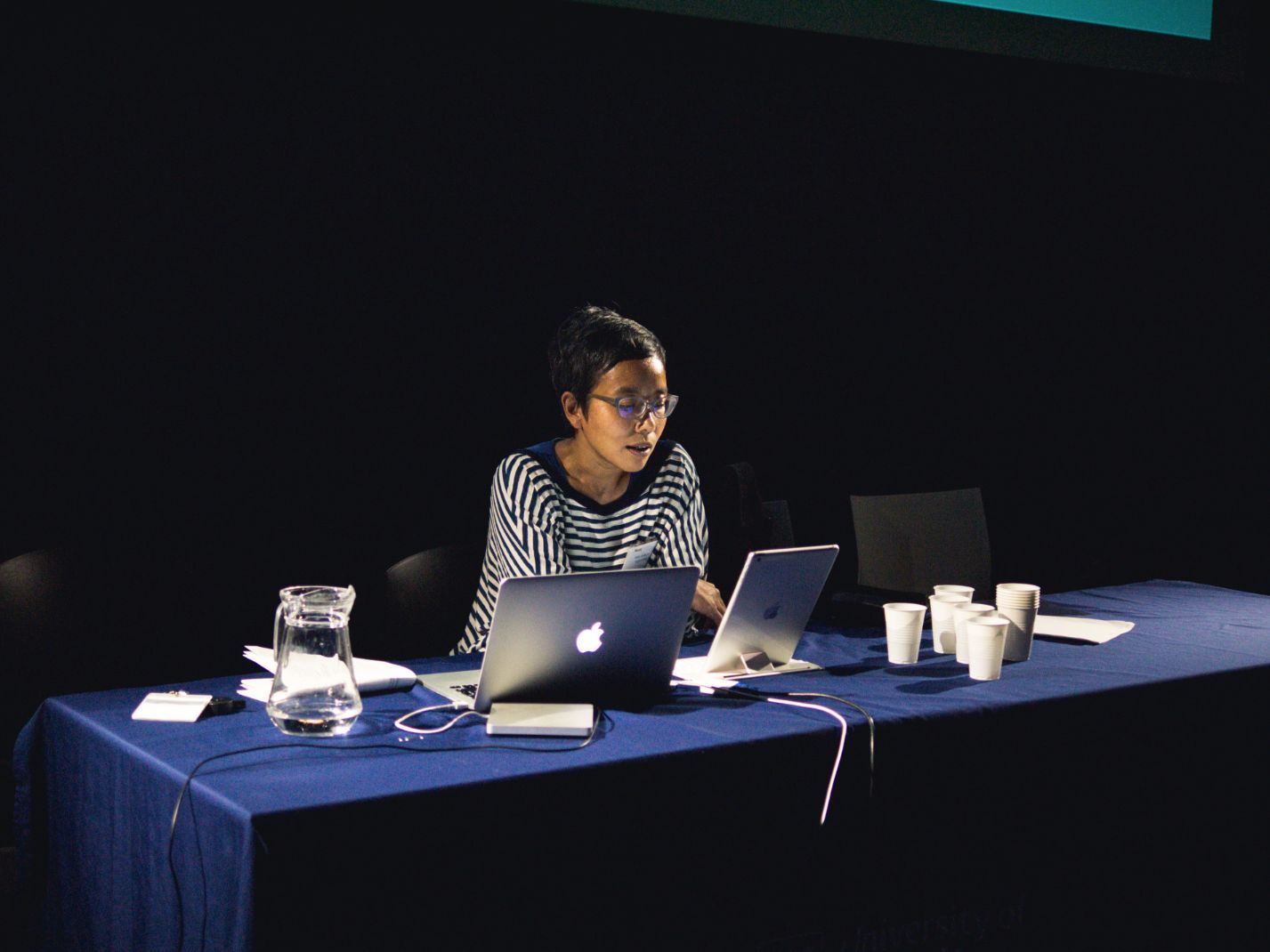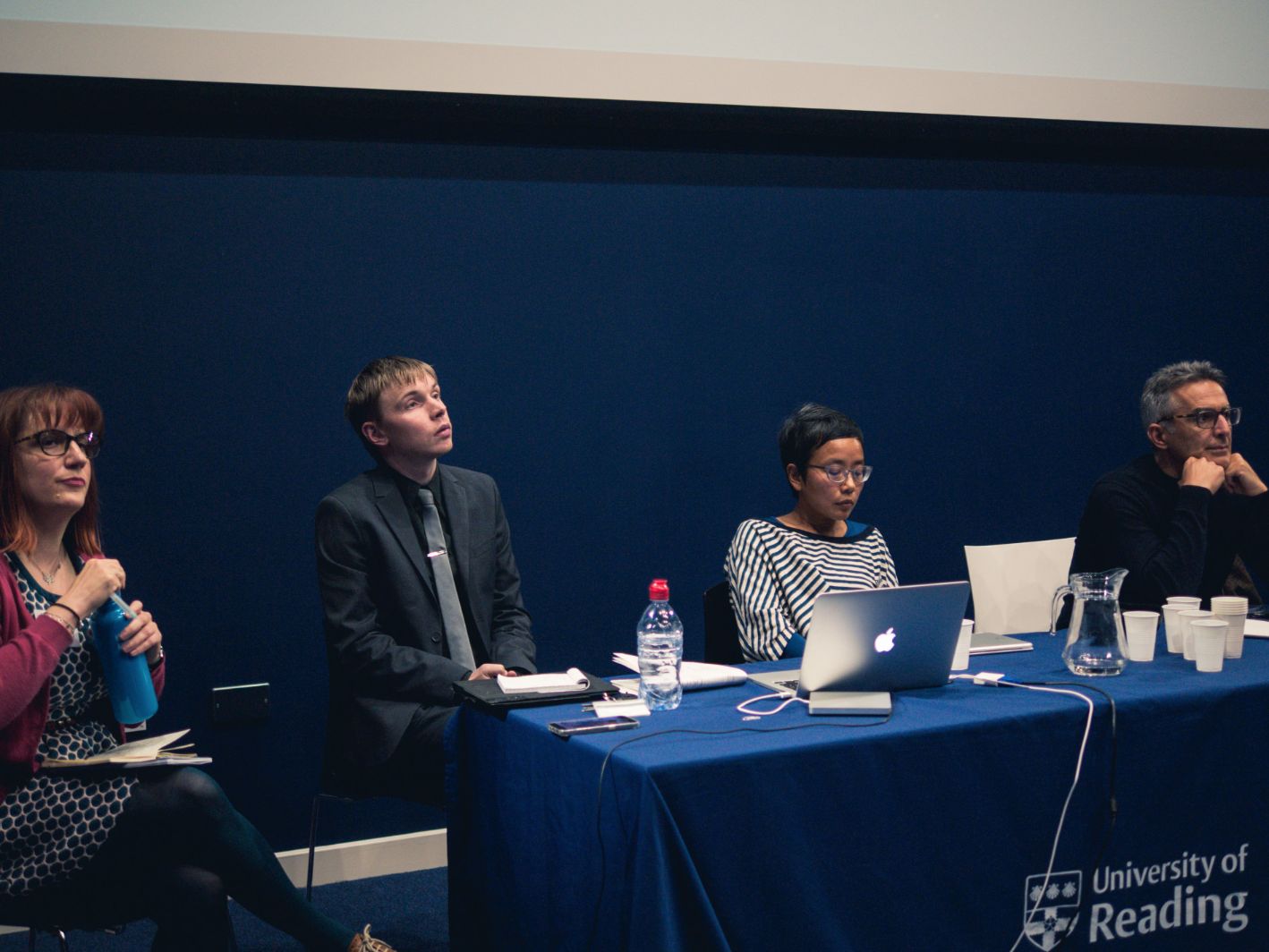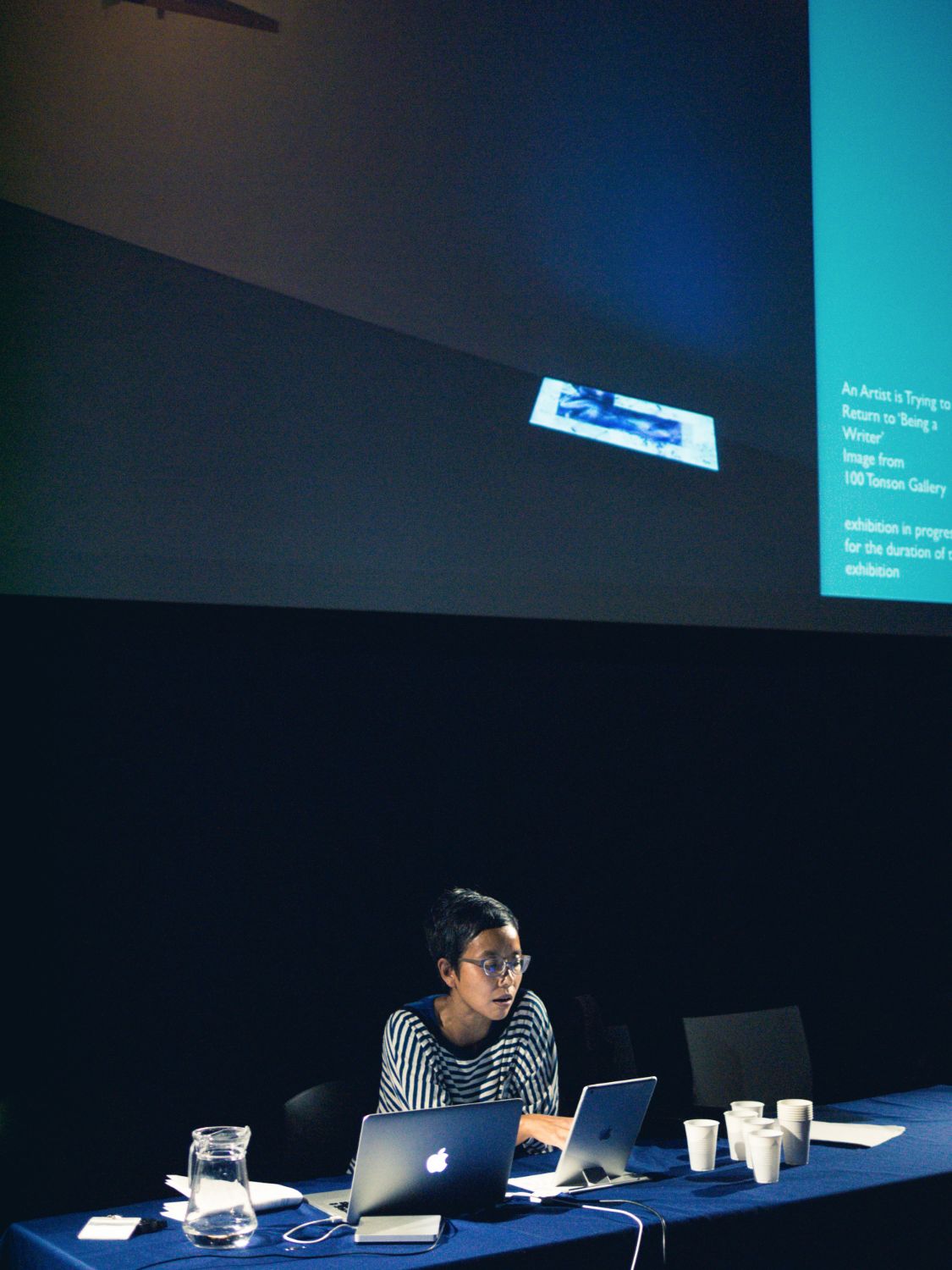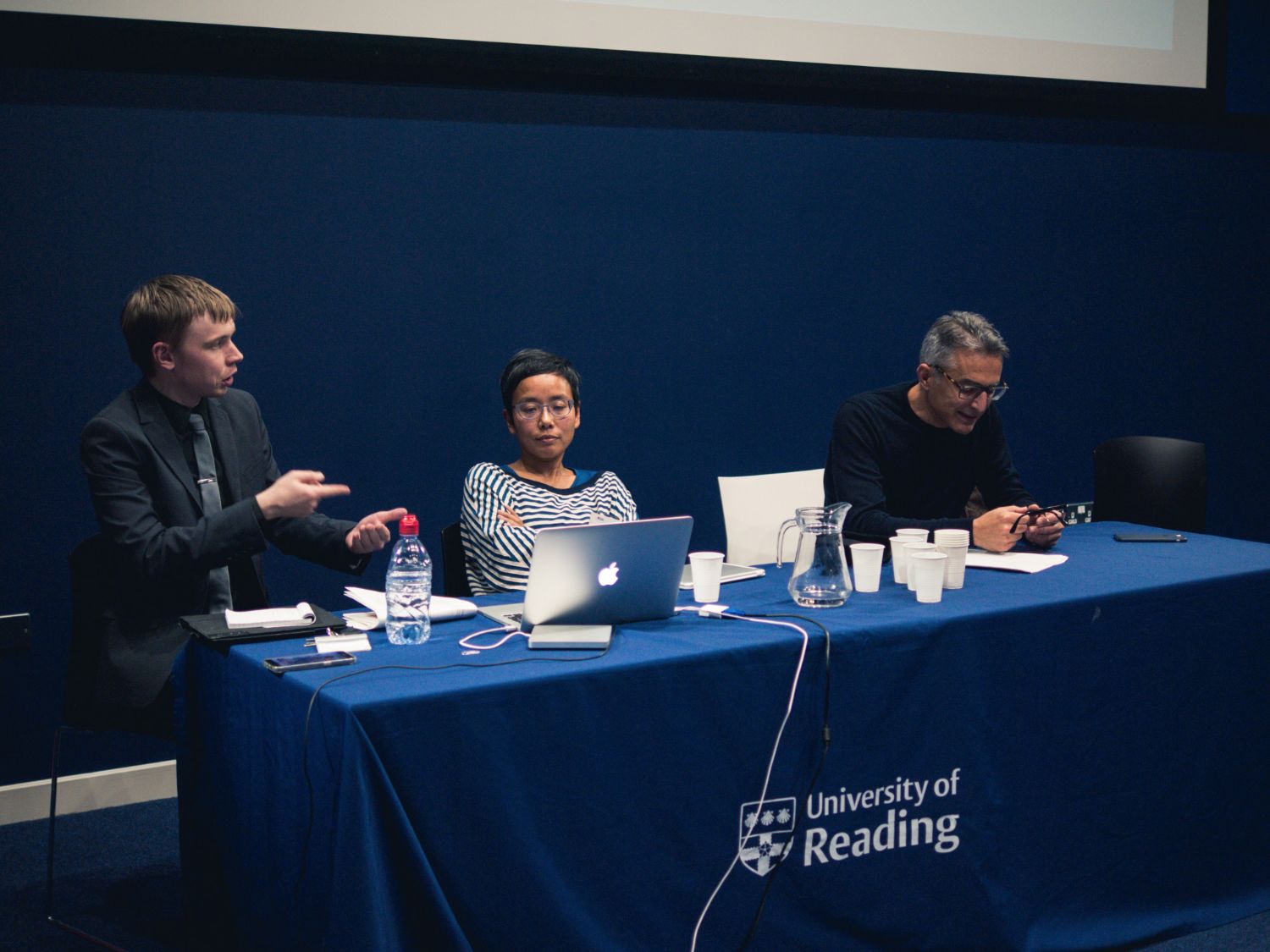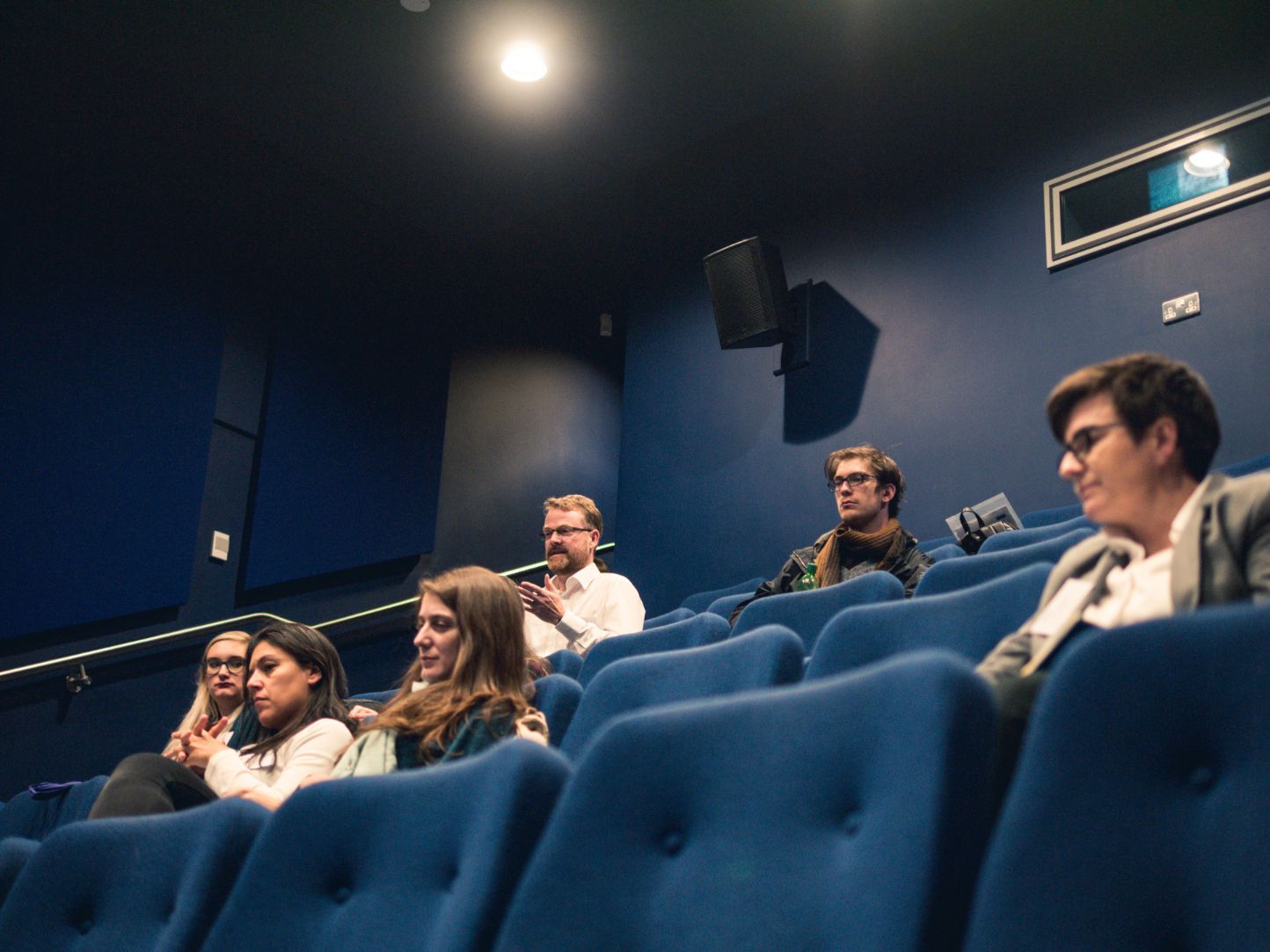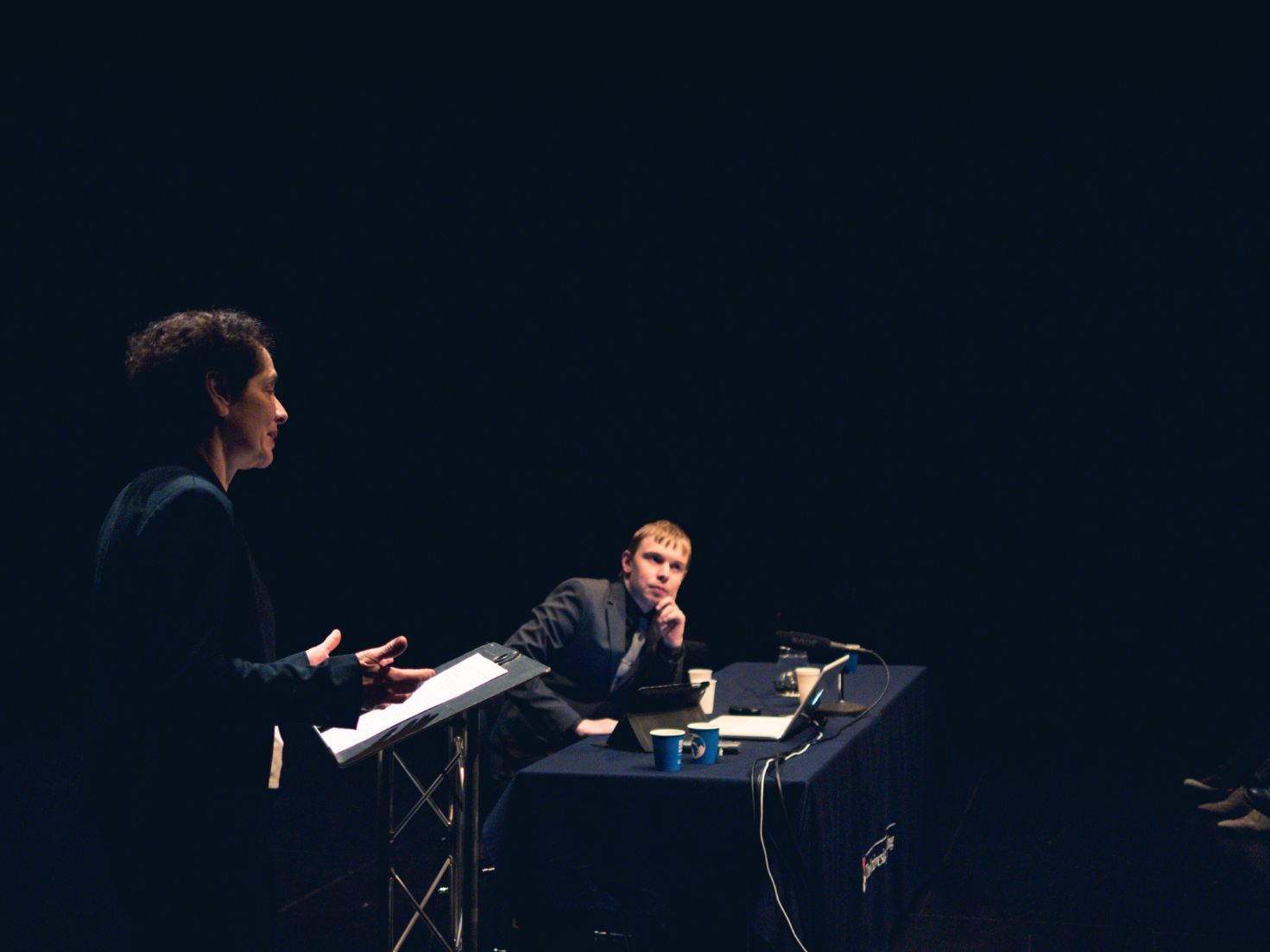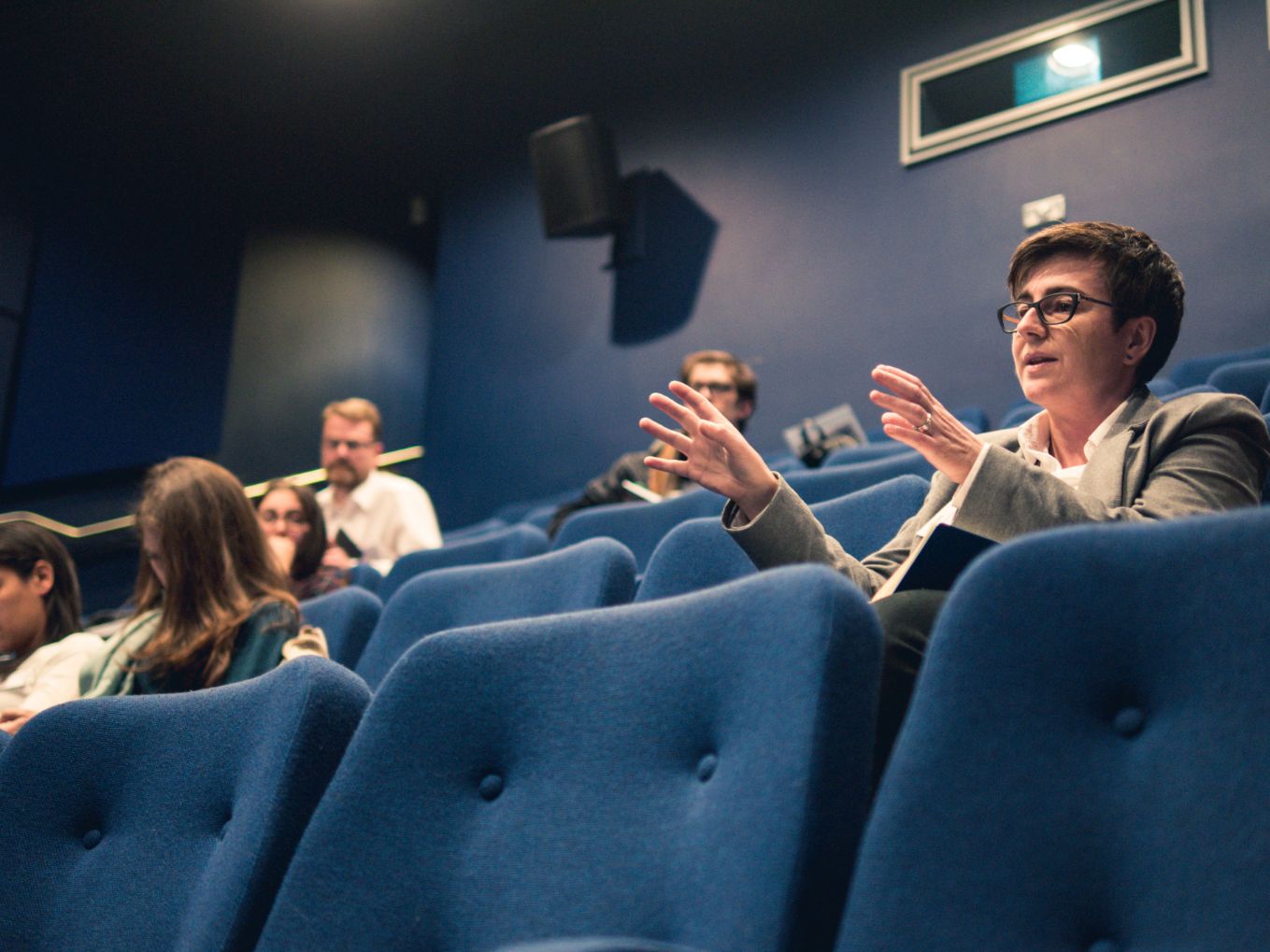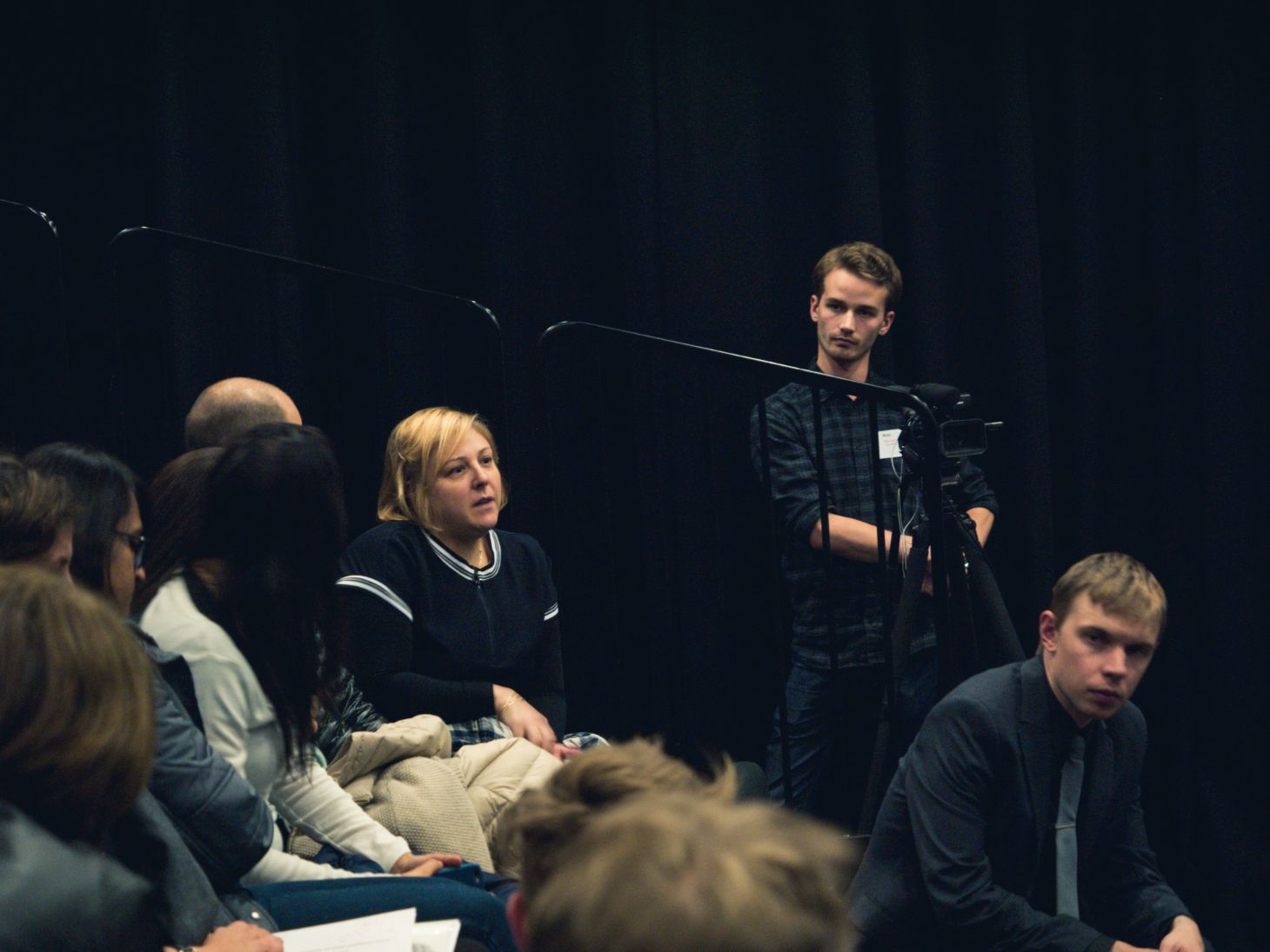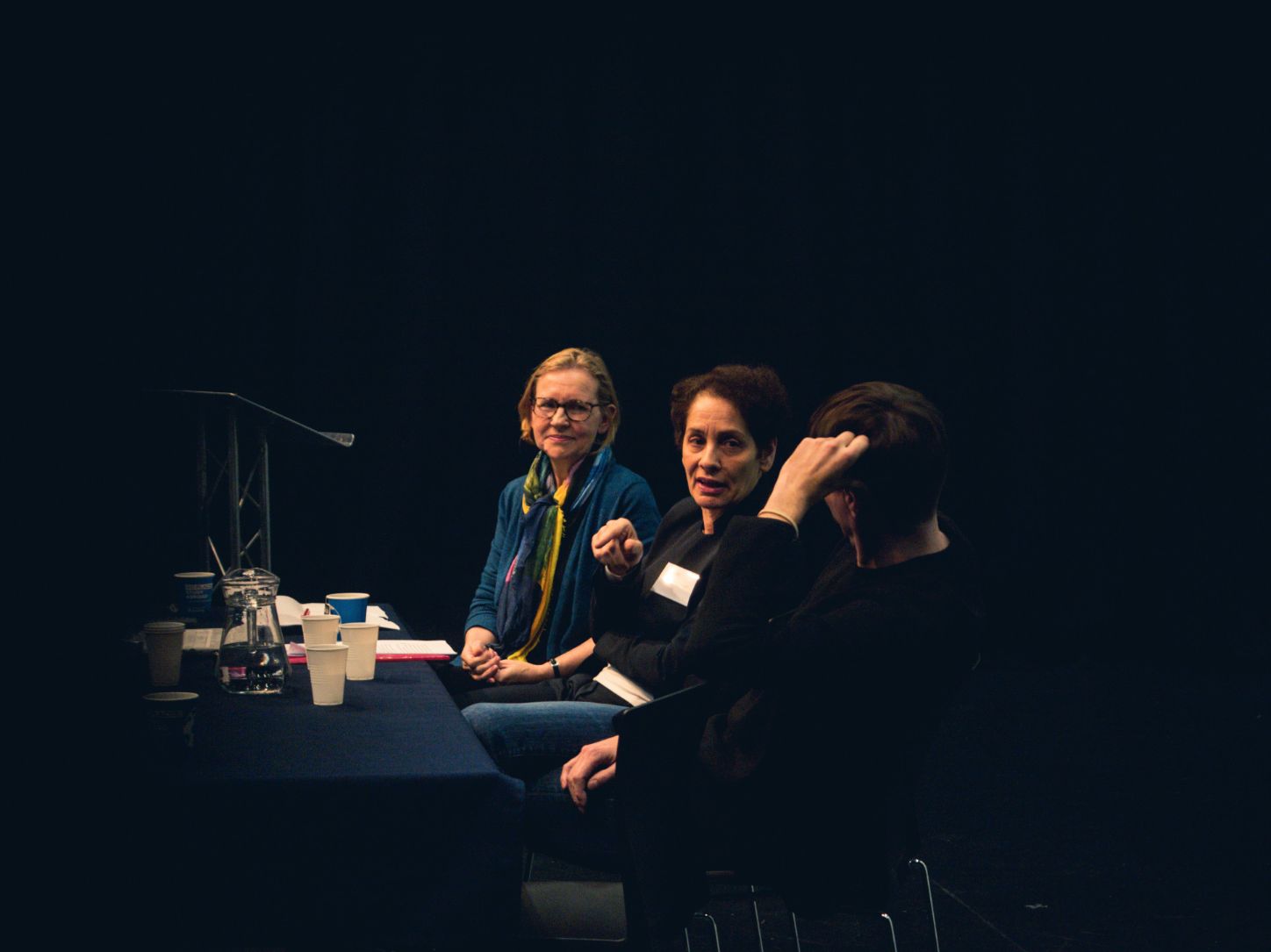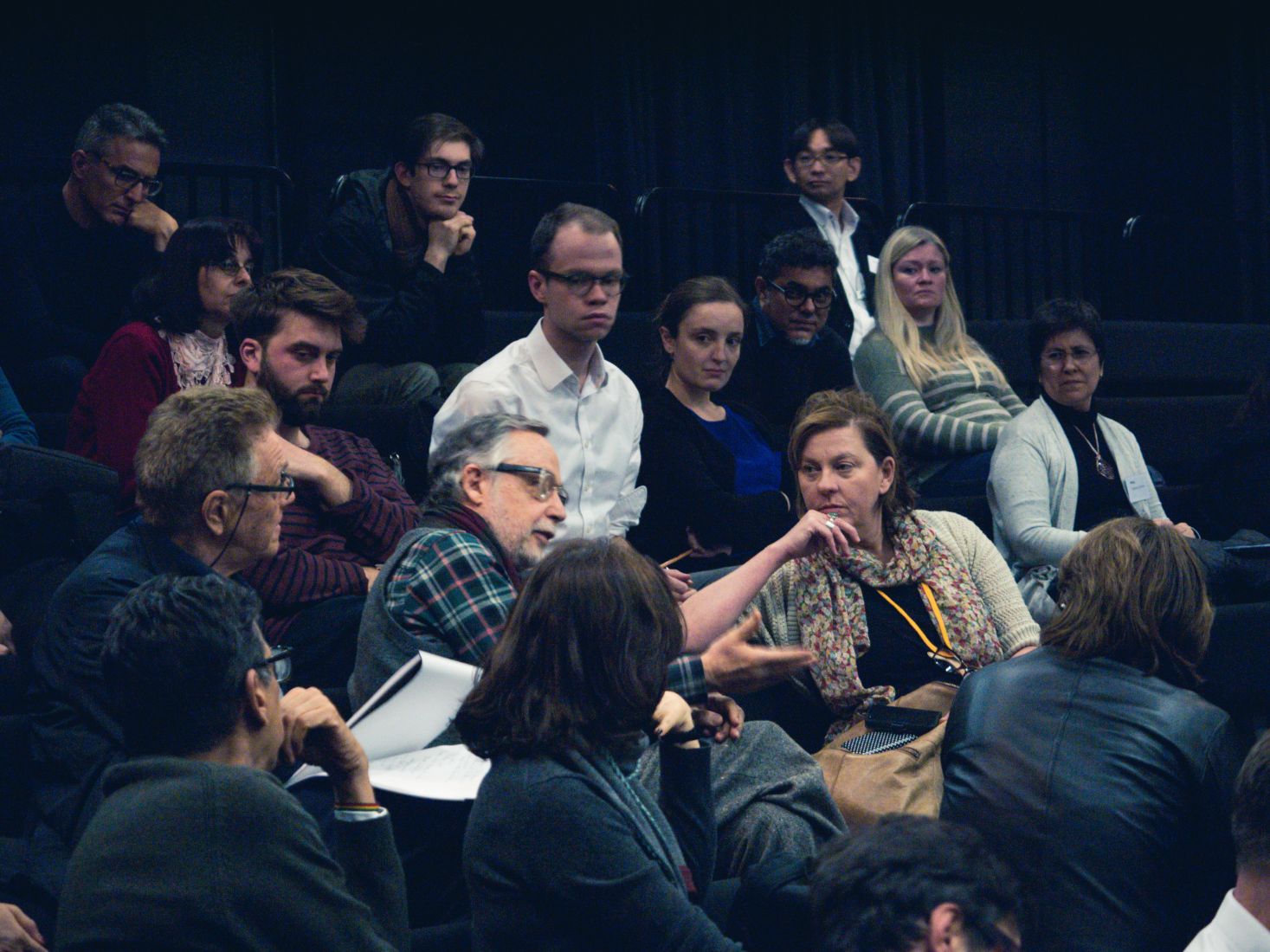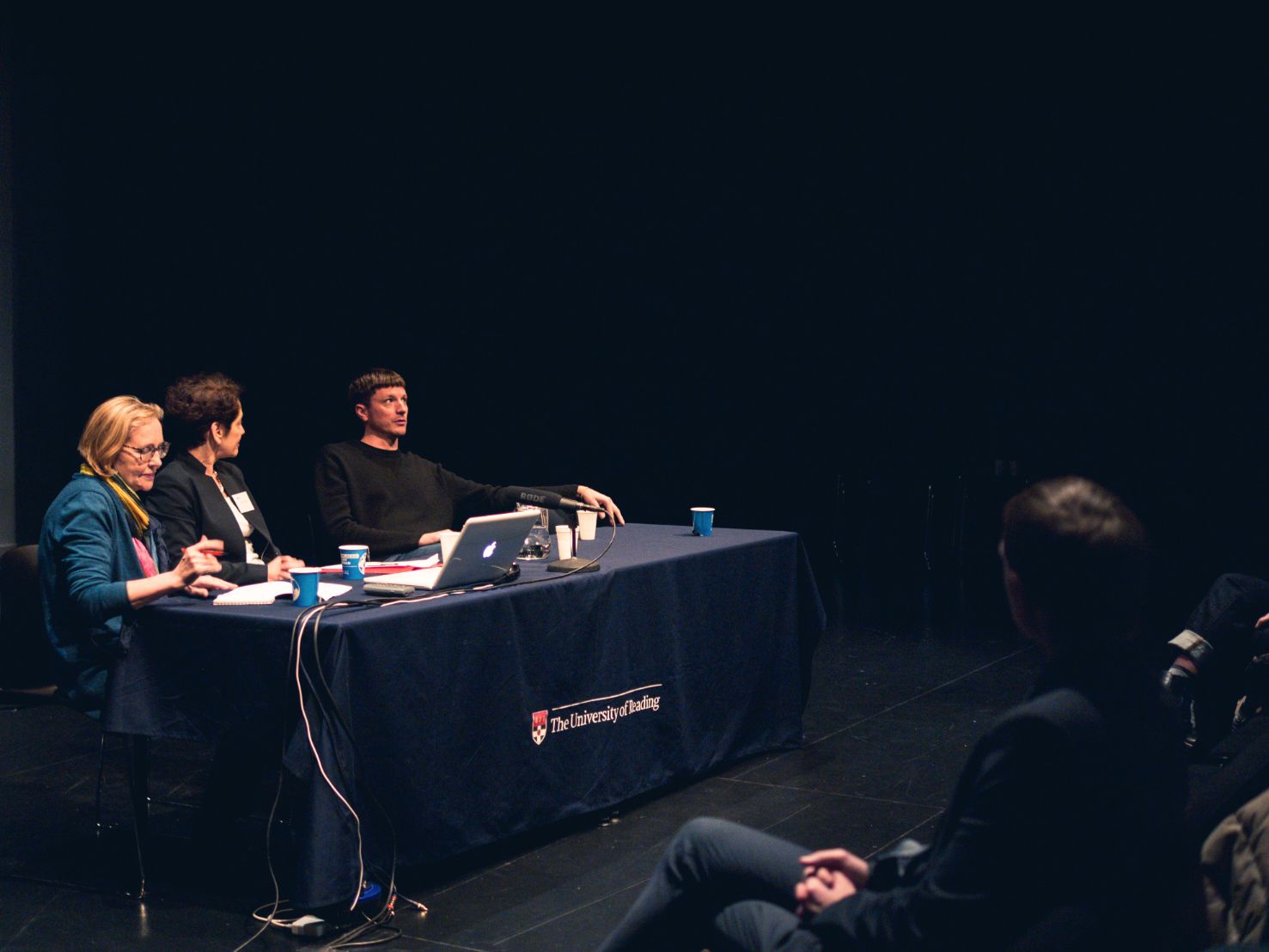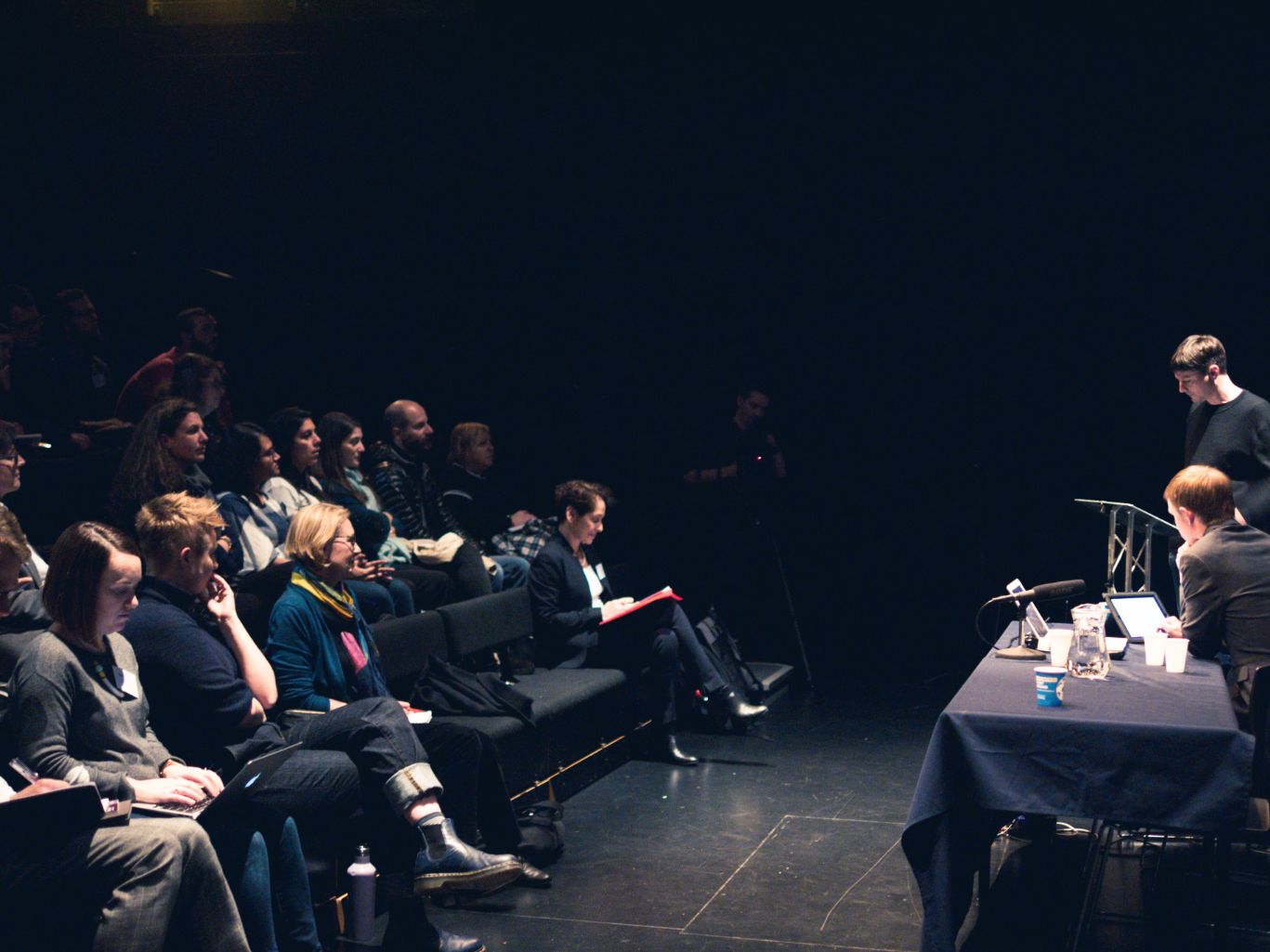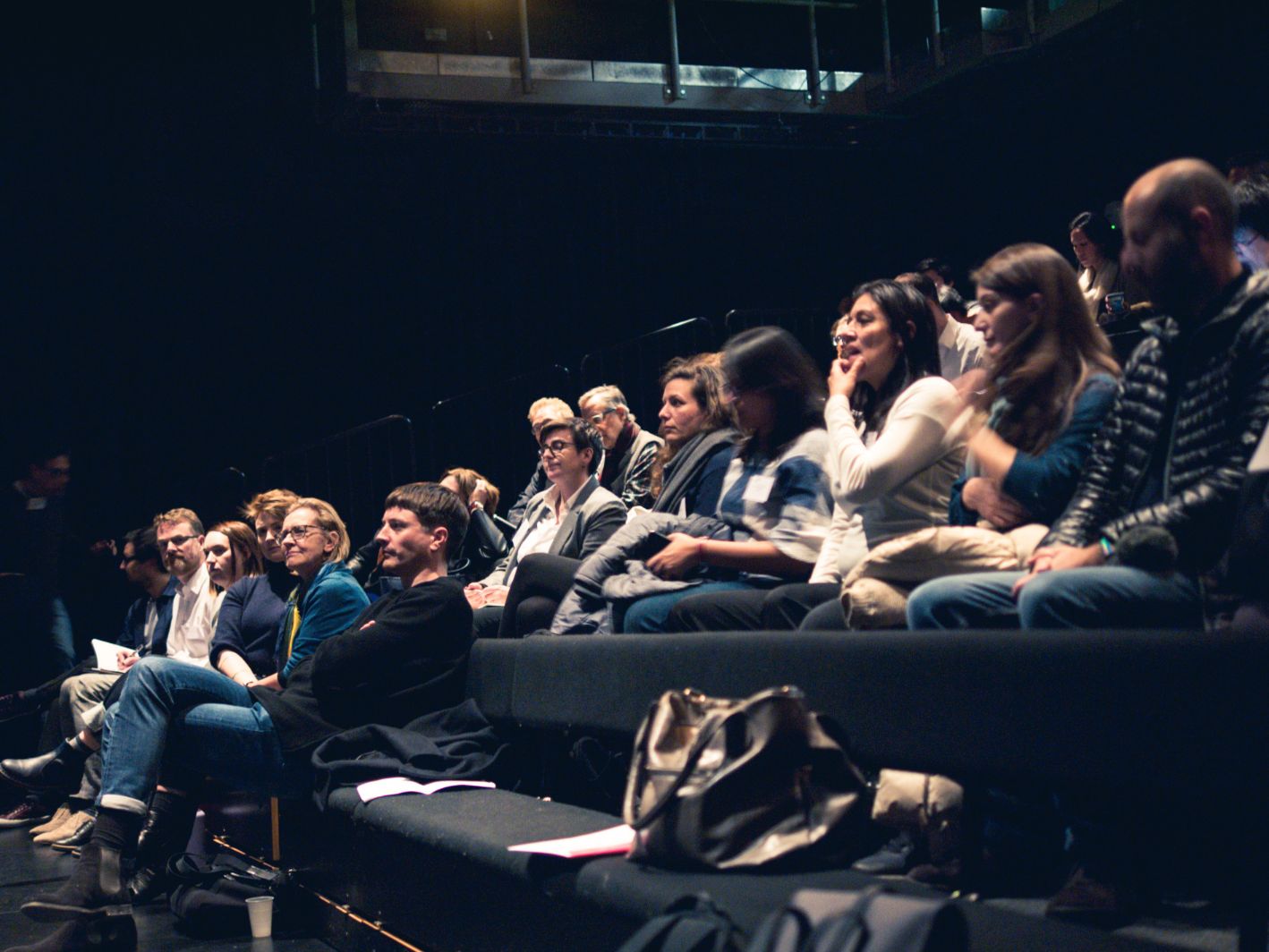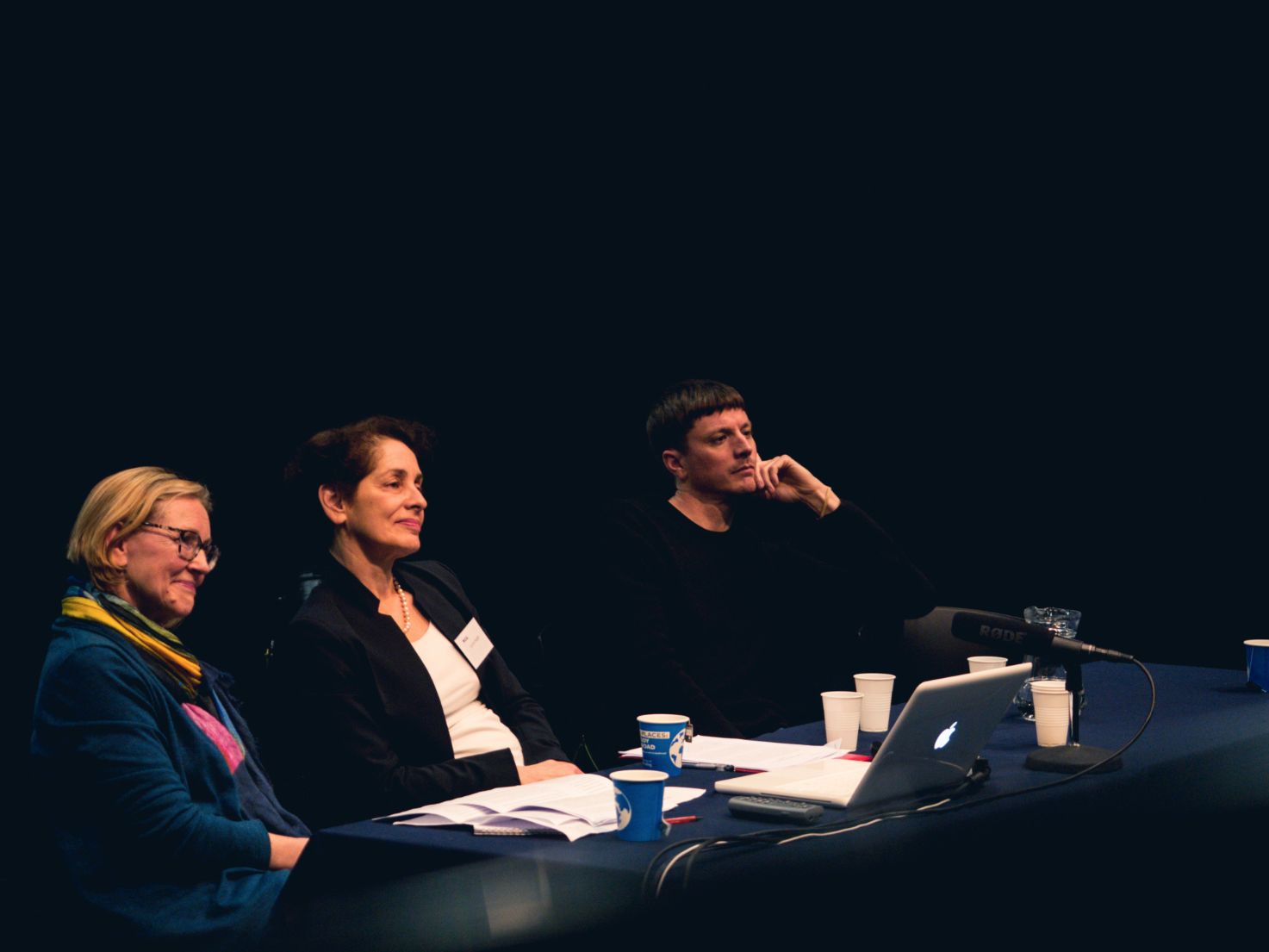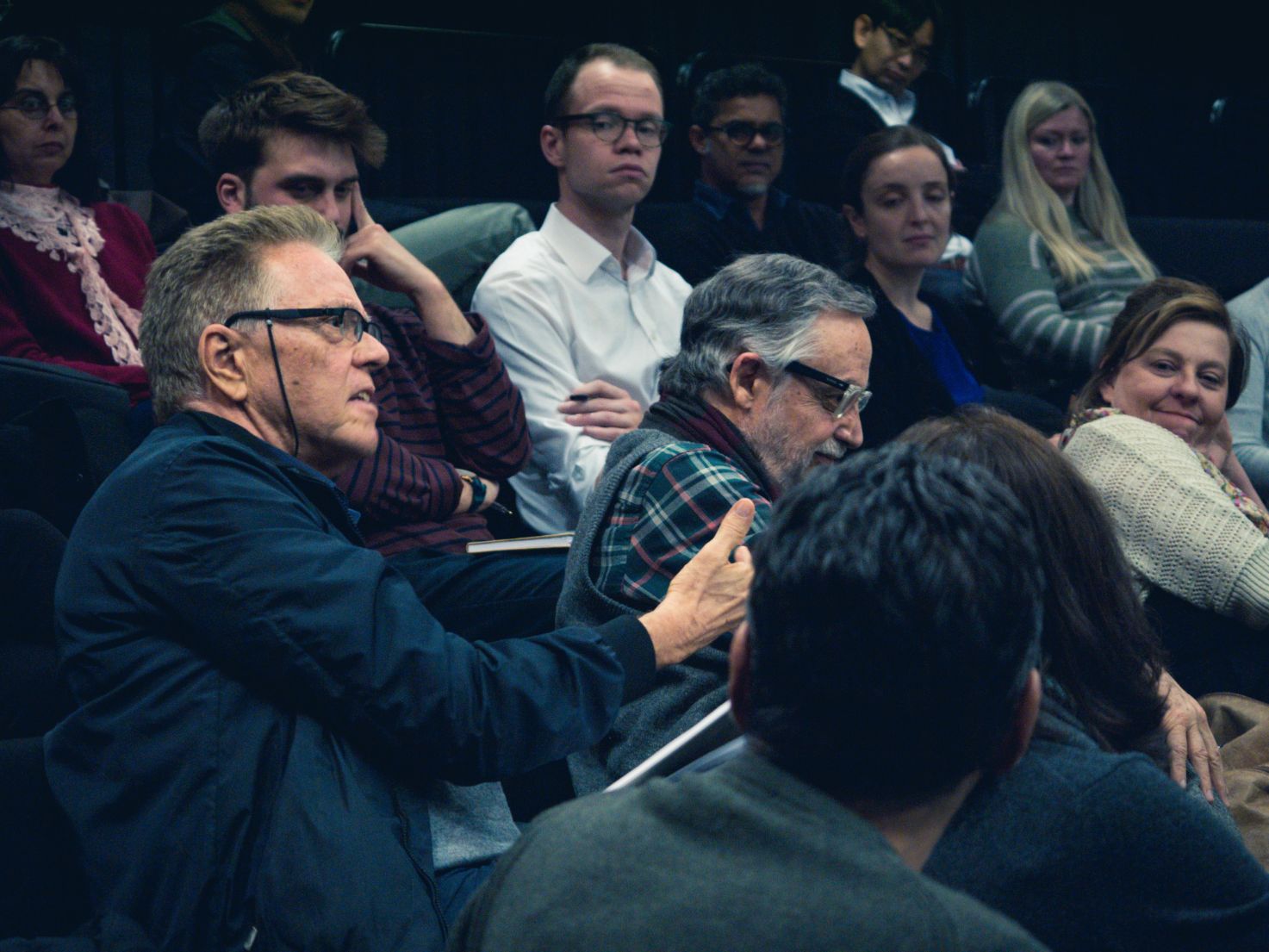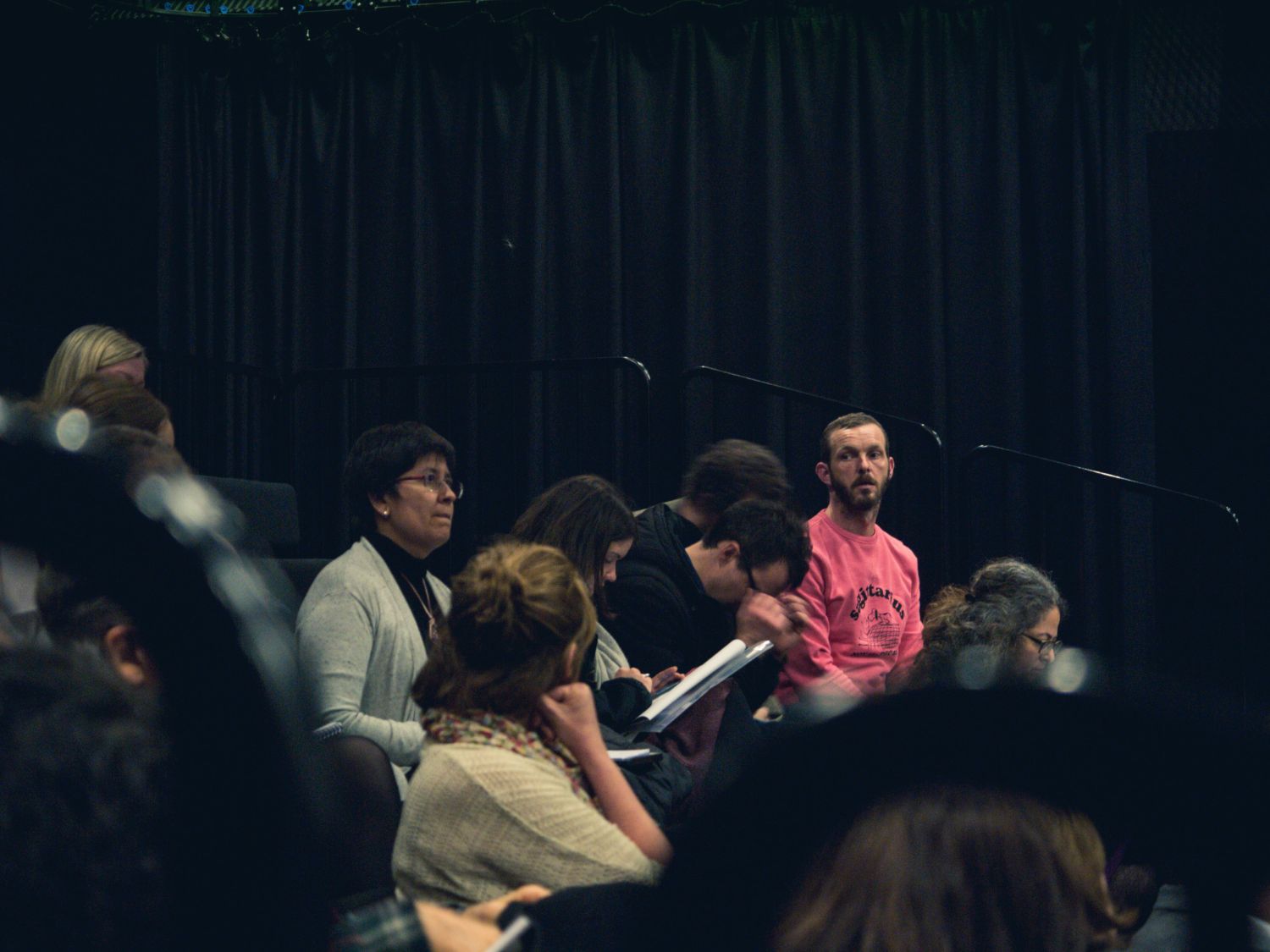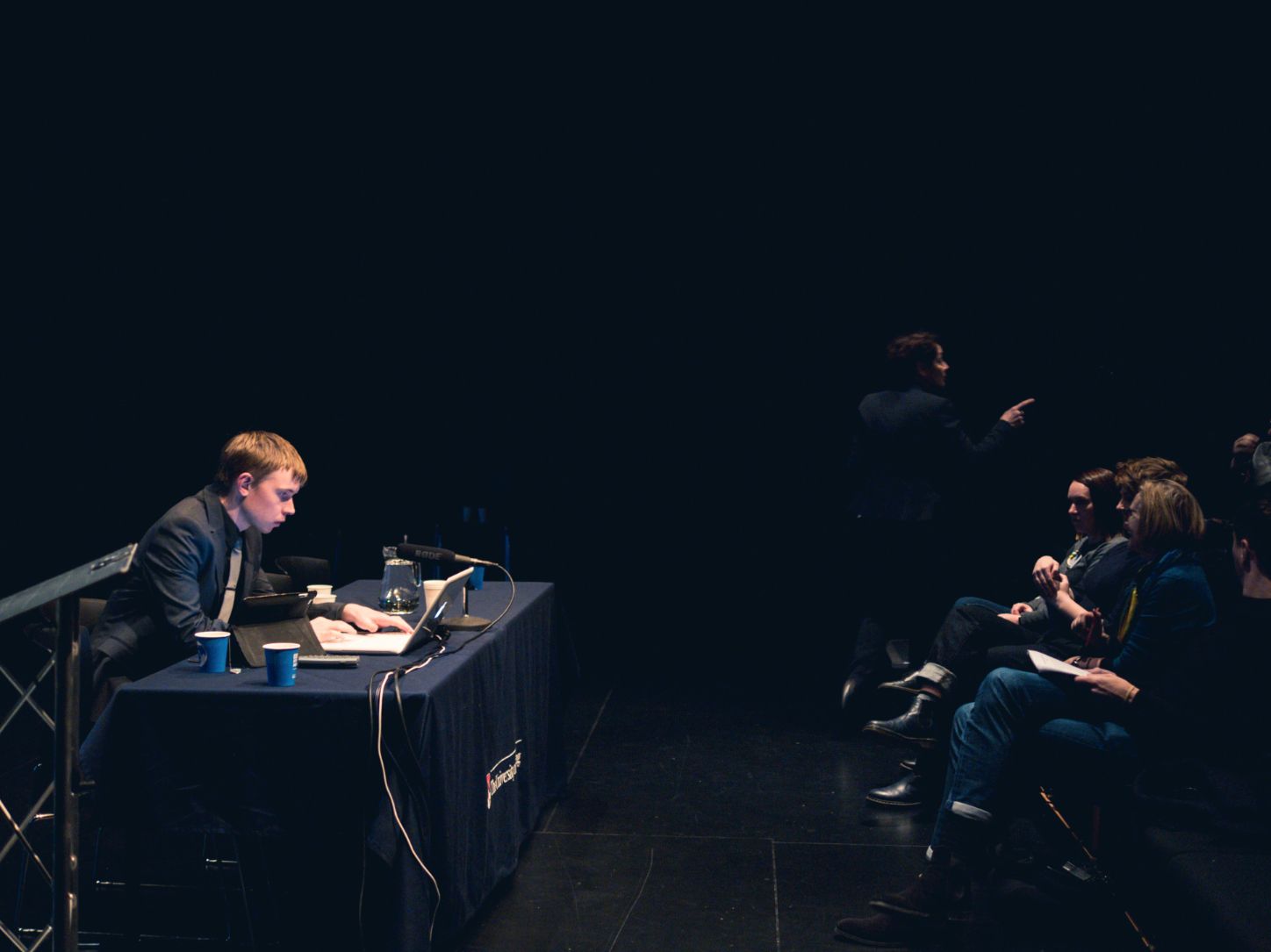Events
Upcoming Events
Passages (Screenings October 2019)
Passages, an essay film written and directed by Lúcia Nagib and Samuel Paiva
Release date: Spring 2019
The Passages Promotional Video
The relationship between cinema and the real is probably the most central and complex issue in film studies. Passages attempts to address this issue by looking at a selection of films in which intermedial devices, that is, the utilisation within film of artforms such as painting, theatre, music, photography and others, appear to function as a ‘passage’ to political and social reality. In preparation for the film, we have interviewed 15 key Brazilian filmmakers, technicians and curators, all of whom are prominent figures of what became known as the Retomada do Cinema Brasileiro, or the Brazilian Film Revival, of the 1990s, which brought back to the agenda the question of national identity and Brazil’s lingering social issues. The flourishing and diversification of independent filmmaking from that period onwards favoured not only a new approach to reality, but an emboldened use of the film medium that acknowledged and exposed its inextricable connections with other art and medial forms. The Passages project proposes that the intermedial method is thus strategically poised to shed a new light on the ways in which these films not only represented but interfered with and transformed the world around them. The chosen case studies hail from Pernambuco, in the northeast of Brazil, and from São Paulo, in the southeast, whose filmmakers, though stemming from disparate regional cultures, have been in a close artistic dialogue since the Brazilian Film Revival, demonstrating their shared values at a certain historical juncture and interconnectedness across Brazilian geography.
Past Events
IntermIdia Project Final Celebration
Minghella Studios, 17th July 2019
With the our project now complete, the University of Reading hosted the final celebration of the AHRC-FAPESP funded IntermIdia Project. The event featured the screening of our brand-new feature-length documentary film Passages, an exhibition of our publications, as well as the screening of a series of wonderful video-essays produced by our research team.
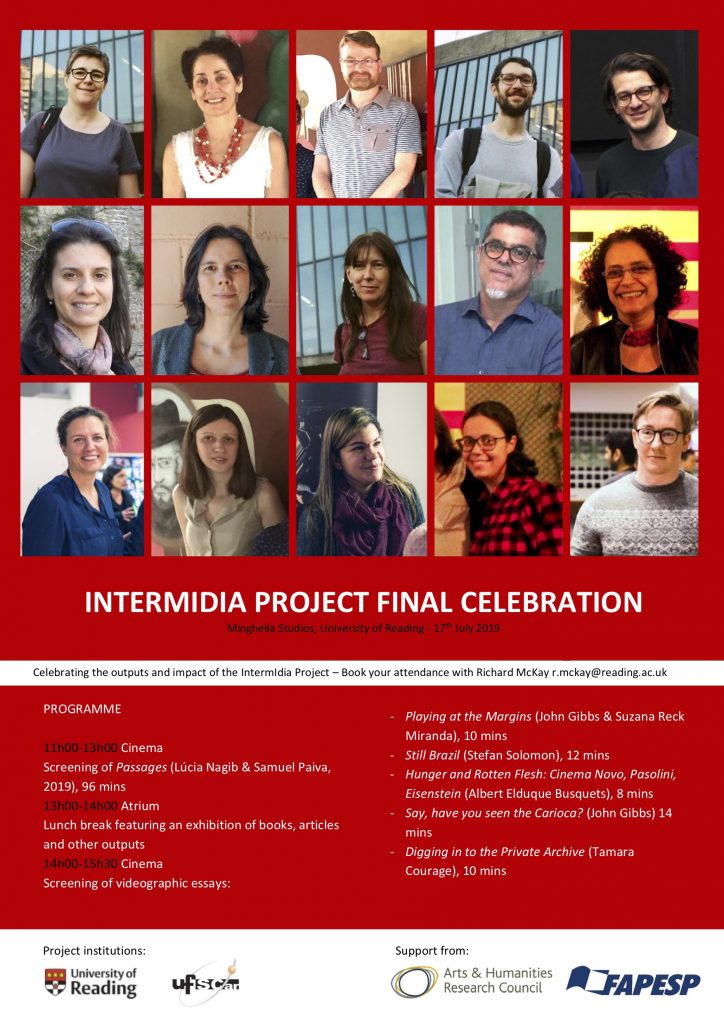
Intermedia/Interarts Workshop
28 MAY 2019
A cross-cultural and interdisciplinary dialogue between scholars and filmmakers on film, literature, theatre and television in China.
The Brazilian Tropical Violins in Reading
Touring in England and Germany, the Rio de Janeiro ensemble ‘The Brazilian Tropical Violins’ brought to Reading a wide variety of musical styles from their country. Their concert was organised and introduced by IntermIdia PDRA Albert Elduque and took place in Palmer Building on Friday 18th of January at 7:00pm. The University of Reading Arts Committee and the Department of Film, Theatre and Television funded this very special event, which completed various activities around Brazilian music organised by the IntermIdia Project.
The Brazilian Tropical Violins is an ensemble of young violin players from 9 to 16 years old from Rio de Janeiro. It was created by Suray Soren, a violinist from the Symphonic Orchestra in Rio de Janeiro’s Municipal Theatre and a pioneer in the use of the Suzuki Method for music education in Brazil. Their repertoire is mainly composed of Brazilian popular songs, but it also includes some European classic compositions. For ten years, the ensemble has played in different cities in Brazil, Chile, Germany, Austria, Czech Republic, France, Portugal and Italy. In January 2019, The Brazilian Tropical Violins came to the United Kingdom for the first time and scheduled concerts in Reading and in three venues in London: the Priory Church of St Bartholomew the Great, St Pancras Church, and the Kingsdale Foundation School.
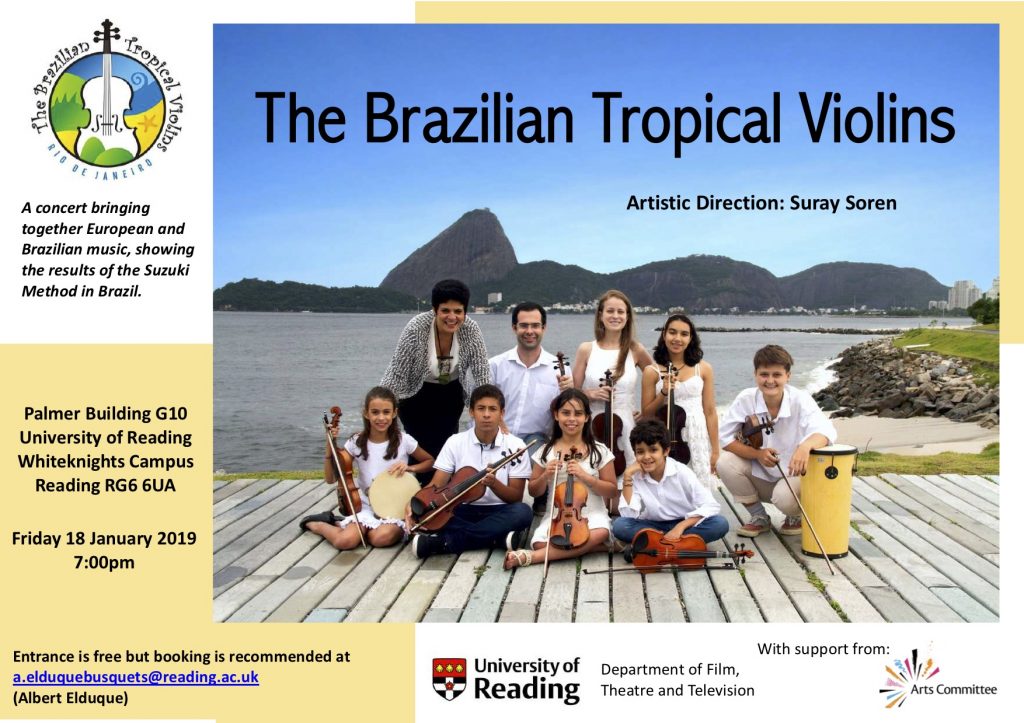
The event in Reading was free and attended by around 100 people. The ensemble performed for an hour a selection of Brazilian music (including Zequinha de Abreu’s Tico-Tico no Fubá and Ary Barroso’s Aquarela do Brasil) and European themes, such as Vivaldi’s Summer and The Beatles’ Yellow Submarine. They also played together with 17 students from Sophie Roseveare Suzuki Violin School, a local centre which uses the same teaching method.
For this event the IntermIdia Project worked in collaboration with the restaurant Pau-Brasil, which fostered a partnership that started with the Contemporary Brazilian Music Film Season (January-March 2018).
Silent Movie Prologues from Brazil
With the Silent Movie Prologues from Brazil event now complete, see below for videos and photos of the event!
At the Minghella Studios on the 6th and 7th of December, audiences experienced the restaging of two Silent Movie Prologues, together with a screening of the films they were designed to accompany: Buster Keaton’s wonderful comedy feature Go West (US, 1925) and the surviving fragment of another extraordinary 1920s film, Beggar on Horseback (US, James Cruze, 1925).
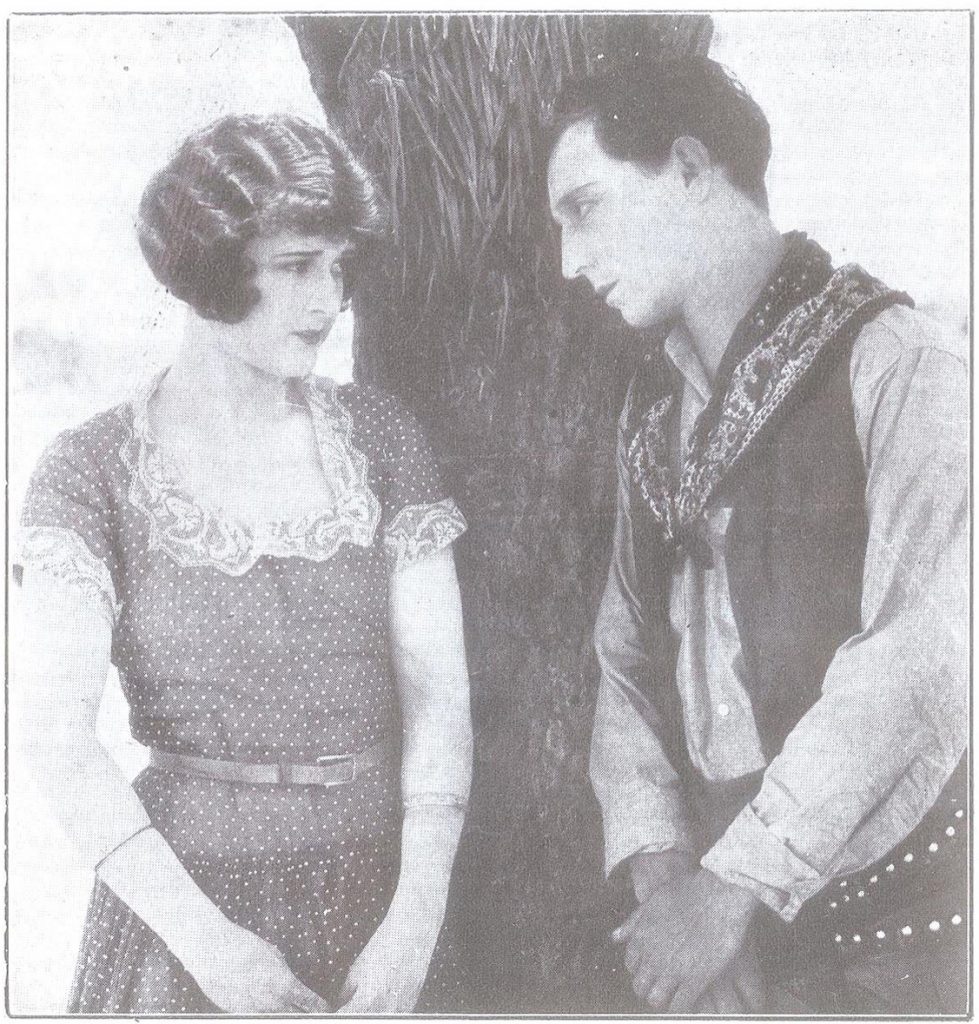
The two prologues, “The Stylised Cowboy” and “Doing it the Pirandello way…”, were originally created to accompany the presentation of the films in Cinelândia, the area of marquee cinemas in Rio de Janeiro, in 1926. As part of the AHRC-FAPESP funded IntermIdia project, in conjunction with Reading Film Theatre and integrated into the final year of their degree programme, students from the Department of Film, Theatre & Television performed the prologues as a prelude to these classics of silent cinema.
For more information, see the original event page here.
Preview Screening of Passages (18min version)
Within the remit of the AHRC-FAPESP funded IntermIdia Project, Lúcia Nagib (UoR) and Samuel Paiva (Federal University of São Carlos) are directing a feature-length documentary film entitled Passages, which has received support from the University of Reading through a BOISP award, and is due to be completed in February 2019. A short version of 18 minutes of this film has been prepared for screenings at a few special events, including a presentation at the University of Reading on Tuesday 6th November 2018. The screening was introduced by Nagib and Paiva and was followed by discussion with the directors, editor Tatiana Germano and producers Sílvia Macedo and Albert Elduque. Visiting scholar Amanda Mansur acted as discussant.
Full-Day Workshop – (Post)Colonial Images: an Intermedial Approach
21st June 2018, 11:00-18:00 – Studio Space, Minghella Studios, University of Reading
With the (Post)Colonial Images Workshop now complete, see here for photos of the event.
The fantastic Maria do Carmo Piçarra contributed to the IntermIdia project with a wonderful full-day workshop, entitled: ‘(Post)Colonial Images: an Intermedial Approach’. The workshop ran from 11:00 to 18:00, in the Studio Space, Minghella Studios, included a screening, an exhibition and some fantastic names, such as Vicente Sánchez-Biosca as keynote speaker and not least an opening speech by Maria do Carmo herself. See the full programme here.
Silent Movie Prologues in Brazil
With the Silent Movie Prologues event in Brazil now complete, see below a video summary and photos of the event.
Brazil: 30th June 2018, Museu da Imagem e do Som (MIS-SP), São Paulo, Brazil
UK: December 2018, University of Reading, further details to be confirmed.
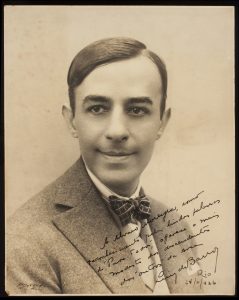
Silent Movie Prologues in Brazil brought together theatre and film, by restaging the comedic movie prologues which used to precede the screening of silent Hollywood films. In 1926, film exhibitor Francisco Serrador introduced the movie prologues, a novelty intended to attract audiences to the luxurious cinemas he had built at Cinelândia, in the centre of Rio de Janeiro. Movie prologues were stage presentations based on themes, characters and scenes of the foreign films they preceded. Usually accompanied by dance and musical numbers, they drew inspiration on the popular teatro de revista, the Brazilian vaudeville-style theatre.
The first restaging of the Brazilian movie prologues took place on 30 June 2018 at Museu da Imagem e do Som (MIS-SP), by the theatre troupe Companhia Antropofágica. In December, the programme will travel to the UK, and will involve staff and students of the Department of Film, Theatre & Television, University of Reading.
For more information, see here for the original event page.
Contemporary Brazilian Music Film Season
With the ‘Contemporary Brazilian Music Film Season’ now complete, see below for images and videos of the event, as well as the accompanying catalogue now available in full as a PDF. For full video content of Q&A sessions with filmmakers, as well as other IntermIdia project video content, see our Youtube channel here or our video page here.
The full PDF of Albert Elduque Busquets’ catalogue, ‘Contemporary Brazilian Music Film‘, is now available for free here. The PDF has one small section omitted. The printed and bound catalogue itself is not available for purchase. There are some printed copies available however; if you are interested in acquiring one of these, please contact intermidia@reading.ac.uk.
This season and course are a partnership between the IntermIdia Project and the Reading Film Theatre. For more information, please e-mail a.elduquebusquets@reading.ac.uk.
Tropicália And Beyond: Dialogues In Brazilian Film History
9-12 November 2017, Starr Cinema, Bankside, London, UK
We are pleased to announce that Stefan Solomon’s introduction to Tropicália and Beyond: Dialogues in Brazilian Film History (Berlin: Archive Books, 2017) is now available as a free download! If you like what you read here, please consider purchasing the collection of 22 essays, interviews, and manifestos through Archive Books.
With the Tropicália season at the TATE now complete, see below for the Canal Londres TV report on the Tate Tropicália Season, images and videos of the event and the opening night Panel discussion. For full videos of Panel discussions and Screening Introductions from the season, see our videos page here.
Explore Brazil’s cinematic past in fresh conversation with the present. This seven-screening programme offered a rare chance to see some of the films that defined tropicalist imaginary of the 60s and 70s, alongside contemporary works responding to, restoring or even resisting the legacy of the previous generation.
Tropicália and Beyond: Dialogues in Brazilian Film History was curated by Stefan Solomon with Tate Film, and presented in collaboration with the University of Reading.
- Find out more about this event on the Tate website
II IntermIdia Conference
‘The Moving Form of Film: Exploring Intermediality as a Historiographic Method’
6-8 November 2017, University of Reading, UK
Full Conference Brochure now available
With the II IntermIdia conference now complete, see below for images of the event and what people thought about the conference. For full videos of Keynote speeches and Plenary discussions from the conference, see our videos page here.
About the conference
As part of the AHRC/FAPESP-funded IntermIdia Project (www.reading.ac.uk/intermidia), led by investigators from the University of Reading (UoR), UK, and the Federal University of São Carlos (UFSCar), Brazil, this international conference sought to invite discussion of intermediality as a historiographic method.
- Find out more about the II IntermIdia conference.
The IntermIdia project explores the intersections between cinema, literature and history in the Universidade do Algarve
On 20 and 21 of October 2016, the IntermIdia project was represented by a keynote speech and a panel at the international conference “Europe and the Colonial Empires of the Sixteenth, Seventeenth and Eighteenth centuries in Literature and Film”. The conference was held in Faro (Portugal) and organised by the Research Centre on Arts and Communication (CIAC) of the Faculty of Human and Social Sciences of the Universidade do Algarve, and the Centre of Literature and Lusophon and European Cultures (CLEPUL) of the Faculty of Humanities of the Universidade de Lisboa.
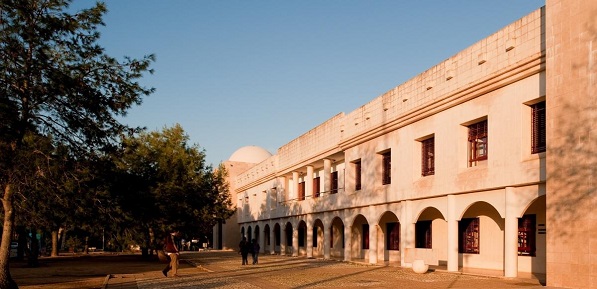
Professor Lúcia Nagib (University of Reading), Principle Investigator on the IntermIdia Project, delivered a keynote speech entitled “Anthropophagy and Intermediality: uses of colonial literature in modernist Brazilian cinema”. The keynote addressed the relations between anthropophagy and intermediality by studying the film How Tasty Was My Little Frenchman (Como era gostoso o meu francês, 1970-72), directed by Nelson Pereira dos Santos during the Brazilian military dictatorship. Secondly, the panel titled ‘Intermediality and History in Brazilian Cinema’ included the papers “The Transition to Colour in Antonio das Mortes“, by Dr. Stefan Solomon (University of Reading), and “The filmed song as a historical account”, by Dr. Albert Elduque (University of Reading), and was focused in the relation between cinema and history taking particular account of colours and songs.
Therefore, both the keynote speech and the panel explored how the interaction between different arts makes possible a new and rich approach to history, offering an alternative to traditional accounts. In this way, in the context of studies on history, literature and film, intermediality was presented as a strong and promising historiographical method.
International Conference Towards an Intermedial History of Brazilian Cinema – 9–11 November 2016
The first IntermIdia International Conference, ‘Towards an Intermedial History of Brazilian Cinema’, took place on 9–11 November 2016, at the Federal University of São Carlos, Brazil.
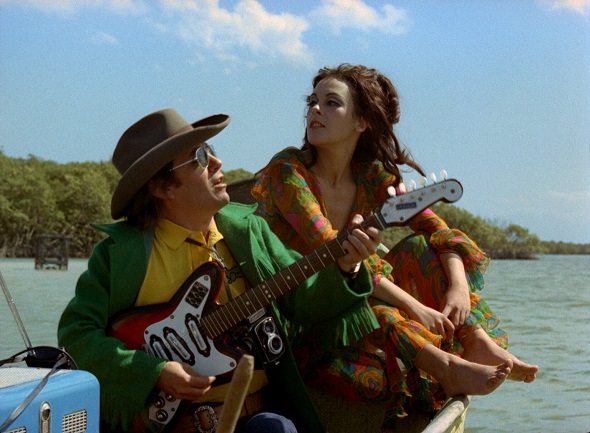
As part of the FAPESP/AHRC-funded project ‘IntermIdia – Towards an Intermedial History of Brazilian Cinema: Exploring Intermediality as a Historiographic Method’, led by investigators from Federal University of São Carlos (UFSCar) and University of Reading, (UoR), this international conference sought to invite discussion of intermediality as a historiographic method as applied to Brazilian cinema.
The conference was organised by the research group Cinemídia, which is coordinated by the IntermIdia project investigators from UFSCar.
Where To Sit At The Dinner Table? Happy Hour Discussion with Writer and Director Pedro Neves Marques – 7 June 2016
Pedro Neves Marques is an artist, writer, and filmmaker, whose work draws surprising connections between technology and the natural world. His 2013 experimental film, Where to Sit at the Dinner Table?, explores the genealogies of colonialism, anthropology, and ecology, and focuses especially on the resonance of cannibalism in the history of Brazil. This intimate event featured a discussion of the film with the director.
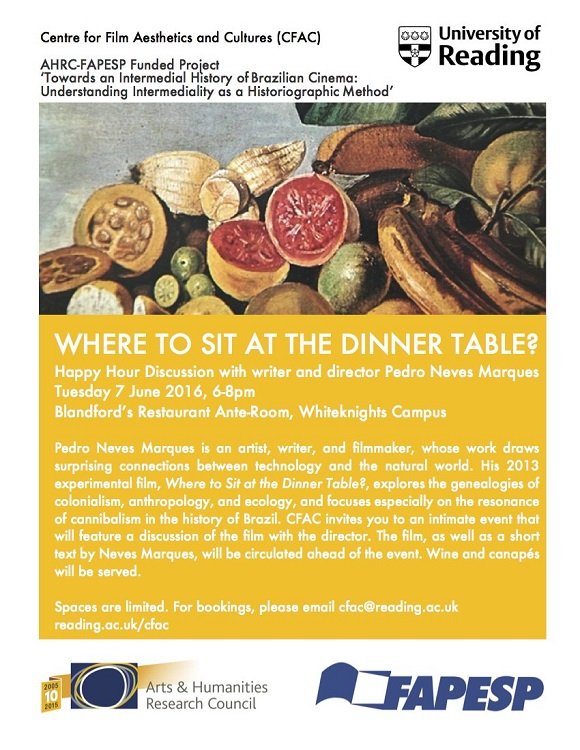
Workshop Understanding Intermediality – 13 April 2016
The first IntermIdia Workshop, ‘Understanding Intermediality’, took place on 13 April, at the University of Reading. It finished with a keynote speech, open to the public, given by Prof Ágnes Pethö on ‘Understanding Intermediality in Contemporary Cinema: Changing shapes of In-Betweenness’. The full programme can be seen here: IntermIdia Workshop Programme.
The full workshop can be viewed here:
IntermIdia Launch Event – 30 September 2015
PROGRAMME
- 17:30: Introduction by Professor Steve Mithen (UoR Deputy Vice-Chancellor; PVC Research)
- 17:40: Presentation of the Project by Professor Lúcia Nagib (UoR PI)
- 18:00: Presentations by Dr John Gibbs, Dr Lisa Purse, Alison Butler (UoR Co-Is)
- 18:15: Virtual presentations by Dr Luciana Araújo (UFSCar PI), Dr Flávia Cesarino Costa, Dr Samuel Paiva, Dr Suzana Reck Miranda (UFSCar Co-Is)
- 18:45: Wine Reception
